How two years of Covid impacted the UK’s youth

We surveyed the 10-year cohort of young people who slipped into teenagehood and adulthood over two years of Covid – that’s 314 of you, to be exact. Here are the results...
Between late February and early March, we surveyed young people aged 14 to 23 across the UK. Reaching out via our social media, university and college students’ associations, our team’s personal networks and the wider FACE family, we asked a series of questions relating to the period of the pandemic. Many thanks to the 314 respondents for being so honest and open with your answers, and for the pictures you submitted that summed up your experiences of the past two years. We’ll be contacting the 20 winners of our special FACE packages. Right now, read on for a breakdown of the stats, facts, quotes and images of your lockdown bedrooms and knitting projects. Warning: may contain Tiger King.
-
THE FUTURE THE FUTURE THE FUTURE THE FUTURE THE FUTURE THE FUTURE THE FUTURE THE FUTURE THE FUTURE THE FUTURE THE FUTURE THE FUTURE THE FUTURE THE FUTURE THE FUTURE THE FUTURE THE FUTURE THE FUTURE THE FUTURE THE FUTURE
53 per cent of respondents believe that the pandemic has had a negative or very negative impact on their future. This was most keenly felt by those entering adulthood, with people aged 21 – 23 making up 41.1 per cent of this figure, while 18 – 20-year-olds make up 30.1 per cent.
But that doesn’t mean secondary school students aren’t worried about their futures either: 28.8 per cent of 14 – 17-year-olds also felt their prospects had been negatively impacted by the pandemic.

“I received A level results during the pandemic. I was predicted straight As and had never achieved anything less in school, but I was awarded CCE. It felt like my life was over. I’ve been working three jobs so I can re-sit this year. My whole outlook on life has shifted. I’ve developed my creative hobbies and now hope to pursue film and English literature at uni, rather than archaeology. A lot has changed.”
Lailah, 19

Image submitted by Sabrina, 23
“Being 12 when this pandemic began and turning 15 this year, it scares me how I’ve had the majority of my life in lockdowns. I got my first period, my first ‘love’, and although I feel like so many others have had a far worse time than me, I feel like I’ve lost my life to this virus. I think my experience is probably very similar to others, but I always wonder what life would be like if I could have gone out and experienced the things that a 13-year-old does.”
Lucy, 14
-
MENTAL HEALTH MENTAL HEALTH MENTAL HEALTH MENTAL HEALTH MENTAL HEALTH MENTAL HEALTH MENTAL HEALTH MENTAL HEALTH MENTAL HEALTH MENTAL HEALTH MENTAL HEALTH MENTAL HEALTH MENTAL HEALTH MENTAL HEALTH MENTAL HEALTH MENTAL HEALTH MENTAL HEALTH MENTAL HEALTH MENTAL HEALTH MENTAL HEALTH
Stop and start lockdowns, rigorous yet inconsistent rules, prolonged isolation and a constant barrage of tragedy in the news. It doesn’t take a rocket scientist to recognise that all of this wreaked havoc on the nation’s mental health.
And younger generations have been hit particularly hard by this mental health epidemic. 76.1 per cent of all respondents felt that the pandemic had a negative or very negative impact on their mental health. Again, it was the older age groups who seemed to be most affected; of those who felt this, 35.5 per cent were aged 18 – 21, while 36.9 per cent were aged 21 – 23.

“I was always the first person to suggest a party and the last one to leave. I’ve been out twice since March 2020. The pandemic struck a chord with my anxiety hard and I isolated myself from all of my friends. I’ve changed, not entirely for the better, and I’m trying to make peace with that.”
Greg, 23
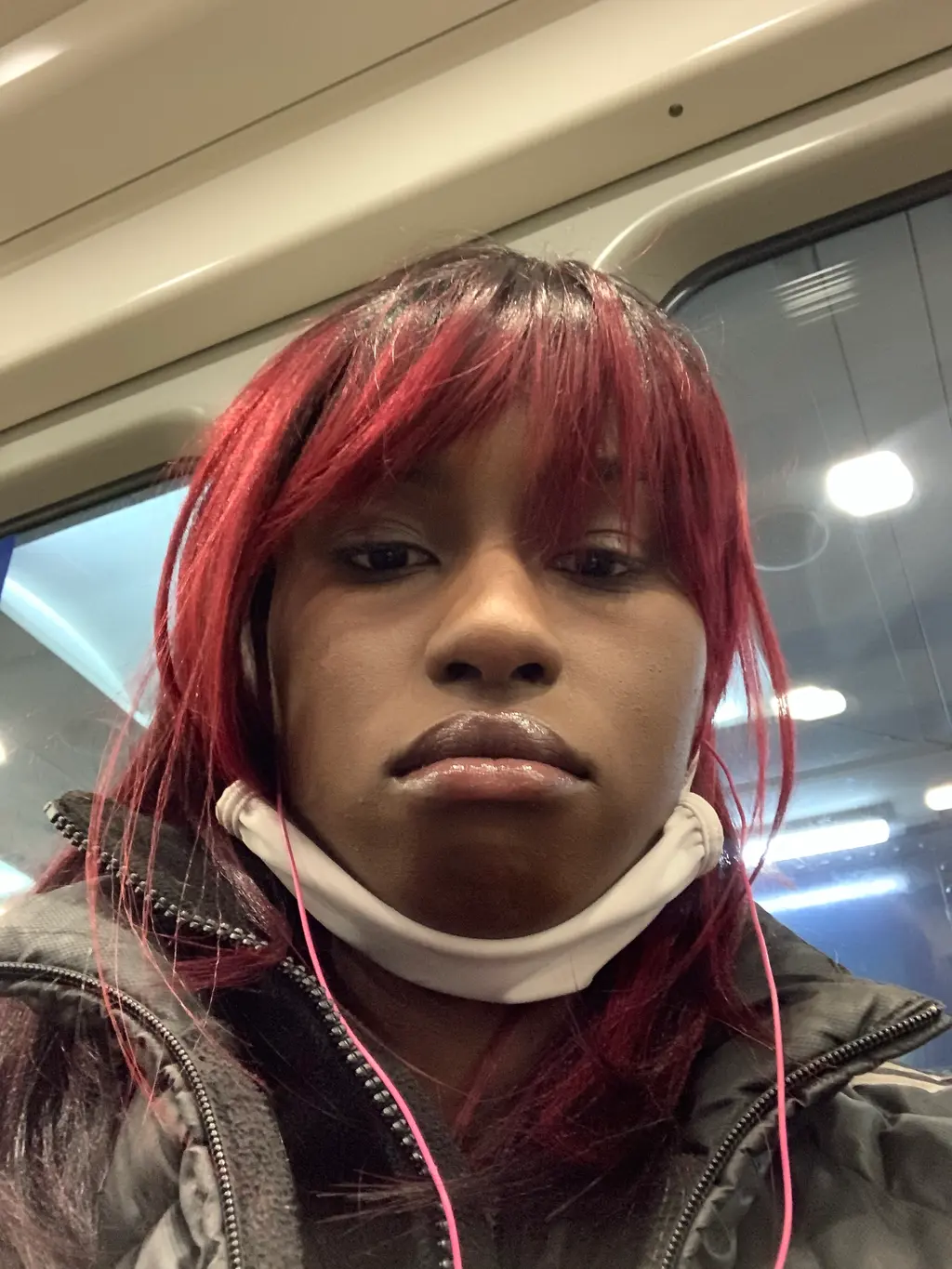
Image submitted by Fatima, 23
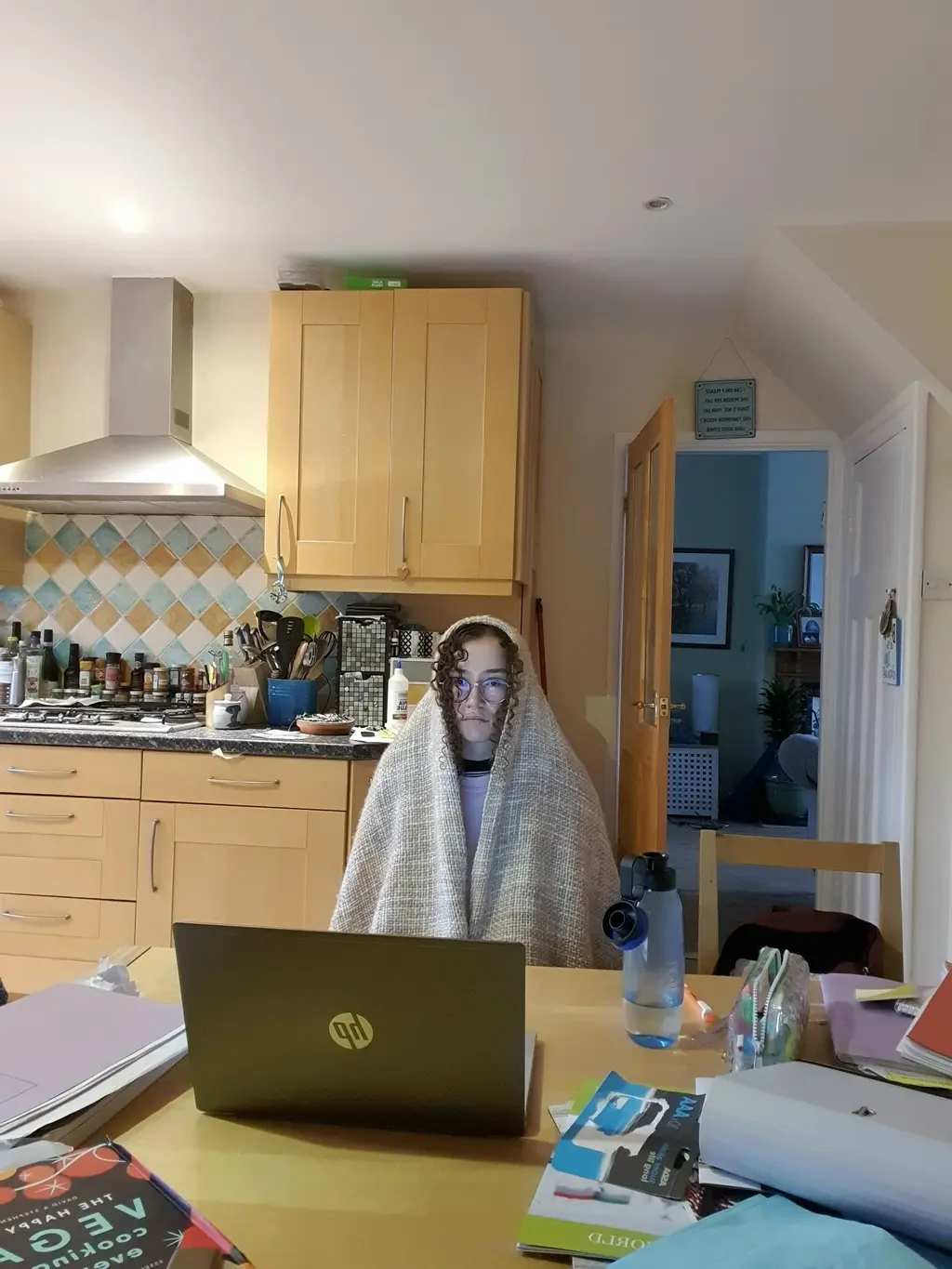
Image submitted by Abi, 18
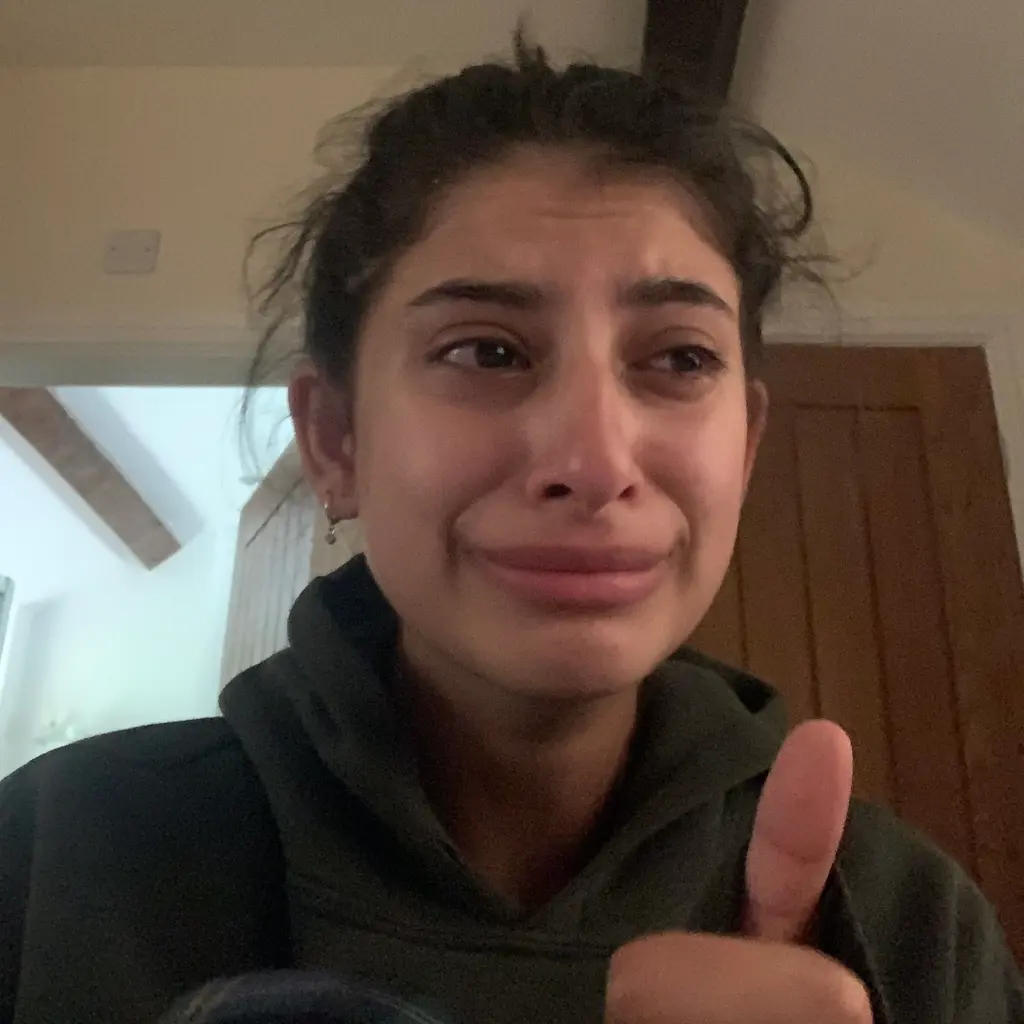
Image submitted by Lailah, 19
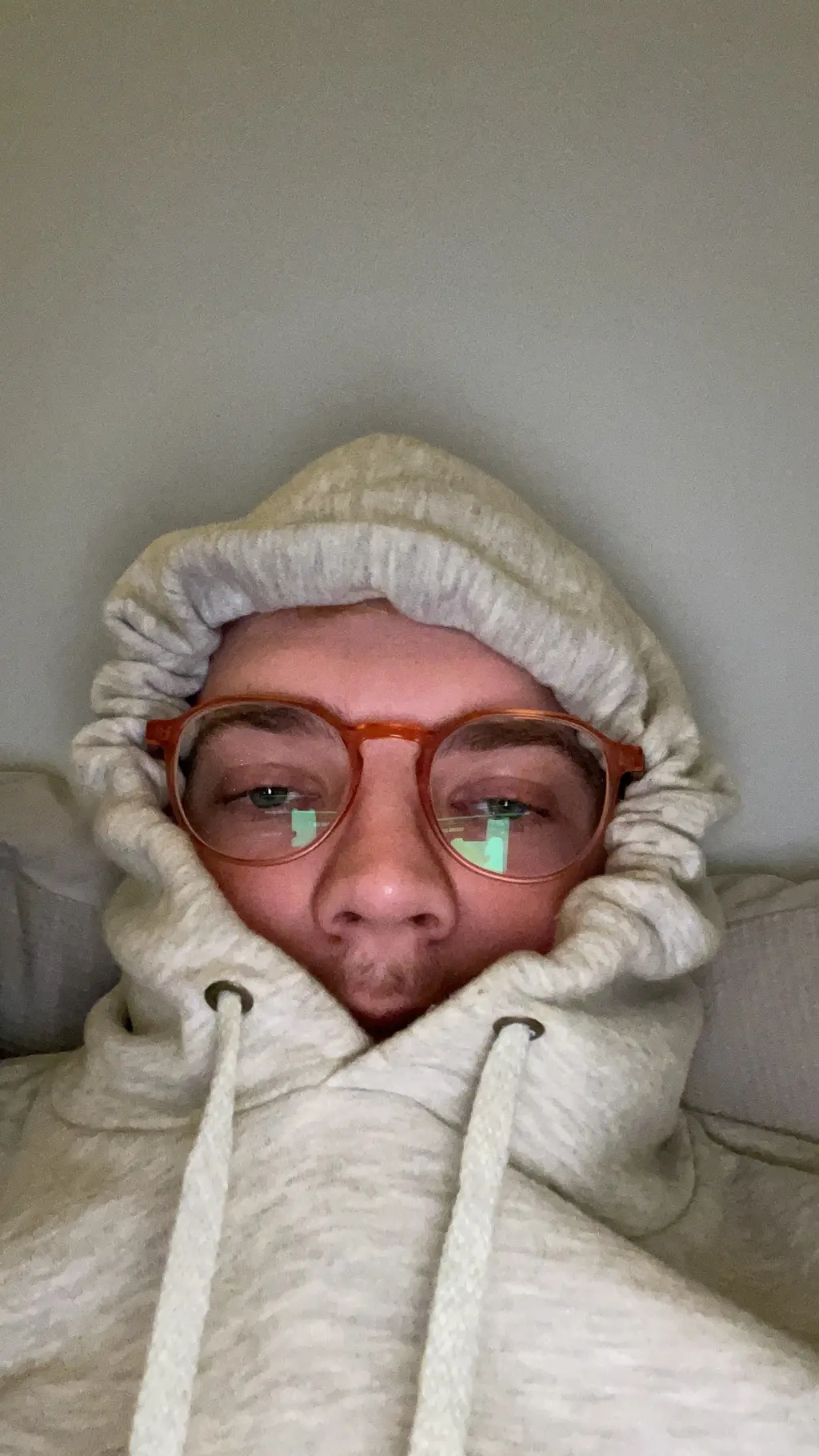
Image submitted by Olly, 22
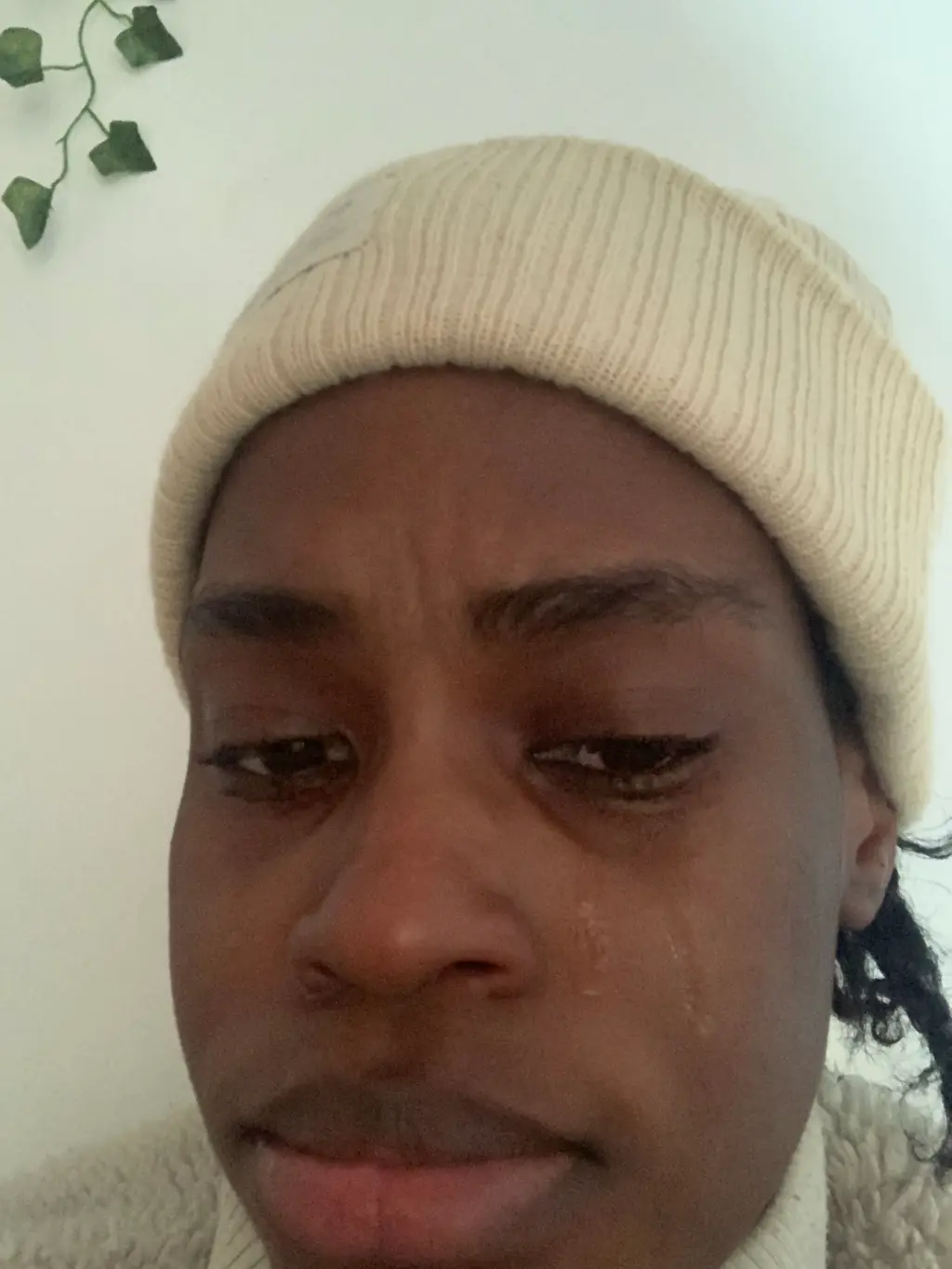
Image submitted by Christine, 20
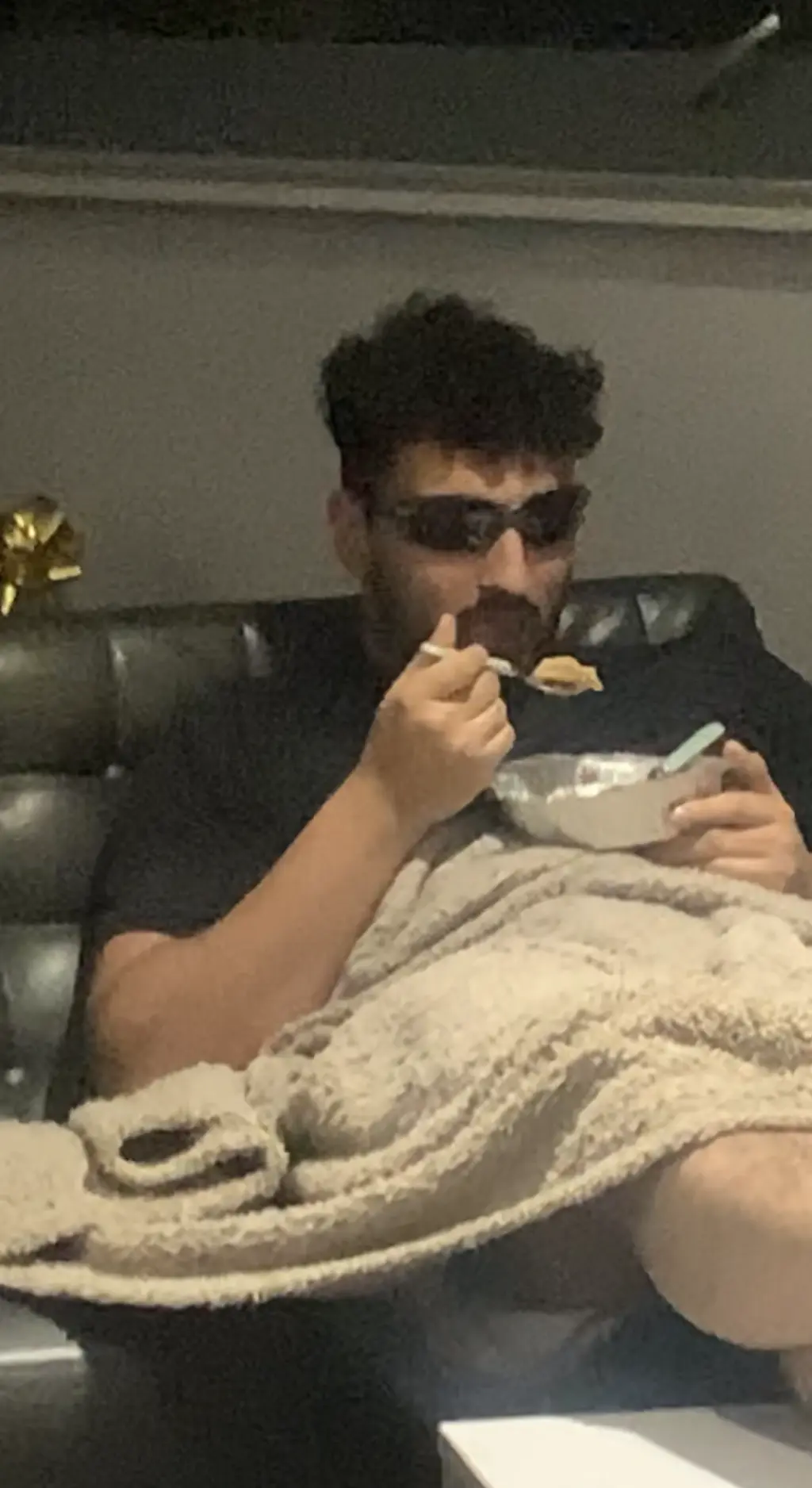
Image submitted by Oli, 18
-
RELATIONSHIPS RELATIONSHIPS RELATIONSHIPS RELATIONSHIPS RELATIONSHIPS RELATIONSHIPS RELATIONSHIPS RELATIONSHIPS RELATIONSHIPS RELATIONSHIPS RELATIONSHIPS RELATIONSHIPS RELATIONSHIPS RELATIONSHIPS RELATIONSHIPS RELATIONSHIPS RELATIONSHIPS RELATIONSHIPS RELATIONSHIPS RELATIONSHIPS

“Honestly, I forgot how to talk” - Uma, 16
When Covid restrictions finally lifted last summer, it seemed like people were divided into two camps. There were those who were raring to get back out socialising; others noticed that months of isolation had made them more anxious, as FOMO transformed into FOGO.
So, we asked our respondents how sociable they’ve been feeling since the return to normal-ish and it turns out that you’ve been feeling the FOGO, too.

But the pandemic impacted young people’s social lives in different ways. When asked how the pandemic affected their relationships, a recurring theme among many respondents was that prolonged periods of isolation had contributed to increased feelings of anxiety, paranoia and overthinking in relationships. As 18-year-old Beth put it, “I now over analyse every aspect of every relationship, rather than seeing it for what it is and simply enjoying it.”
Many respondents also reported experiencing fatigue as they’ve attempted to rekindle friendships. Put simply, young people’s social batteries are drained. For some, this manifests as an inability to handle prolonged periods of social interaction. For others, such as 16-year-old Jaylee, it feels as though “I don’t know how to hold a conversation with someone in person after being online and seeing very few people for so long.”
It’s not all bad, though. An overwhelming number of respondents say that, despite hardships, the pandemic has given them more space for self-reflection, in turn helping them establish their identities and core values.
And as lots of young people suddenly had no one to hang out with but their families during lockdowns, they’ve also found a renewed and more meaningful appreciation for their parents, siblings, grandparents, you name it. “I learnt that life is precious when I lost my grandpa during the pandemic,” says 15-year-old Lydia. “It made me really thankful for the time I have with my family.”
“It made me savour moments and bond quicker with mates, especially on nights out. Gives you a case of the fuck its”
Lou, 19
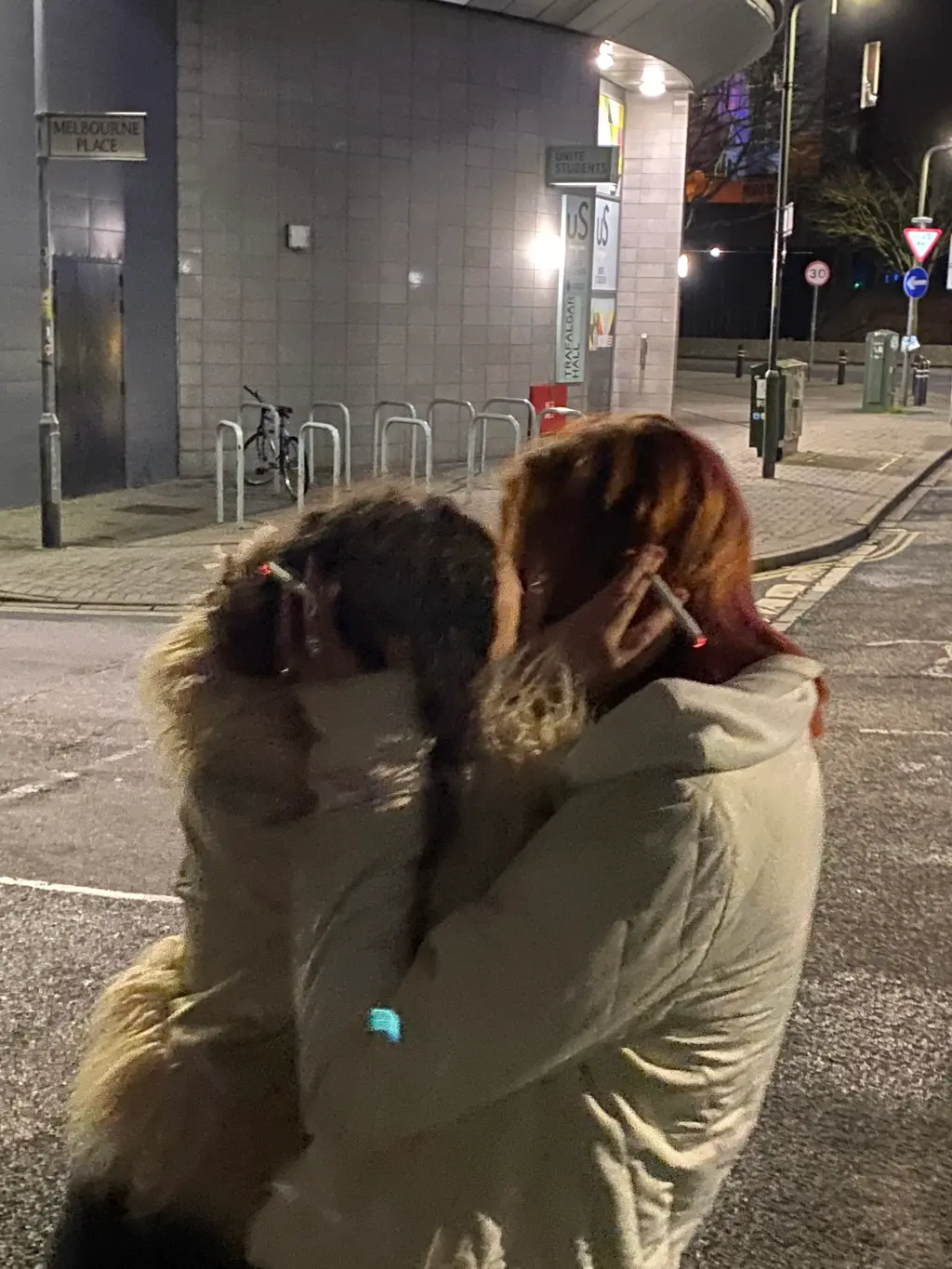
Image submitted by Lou, 19
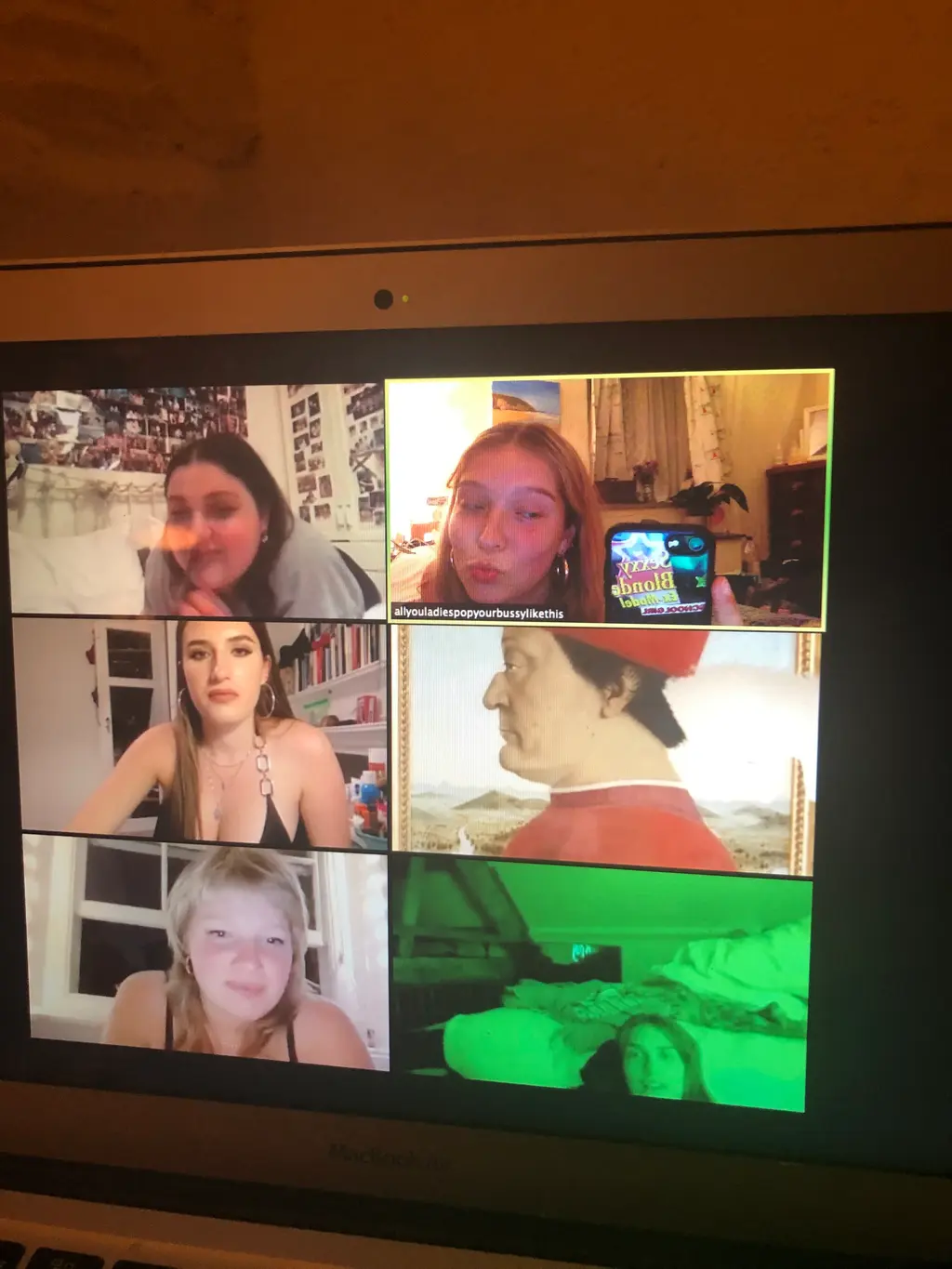
Image submitted by Lula, 21
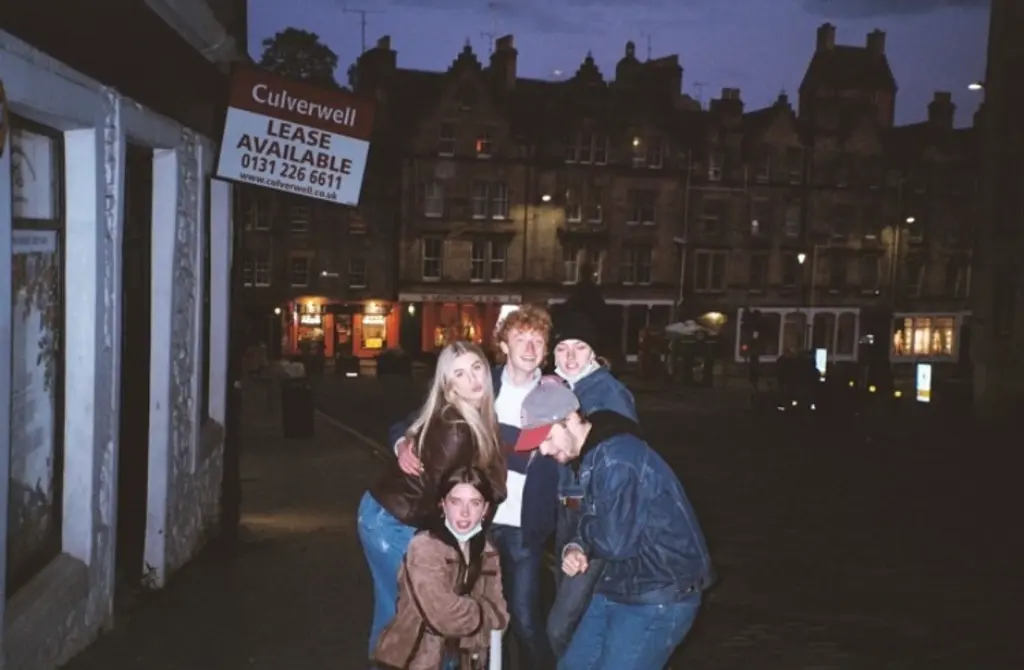
Image submitted by Grace, 19
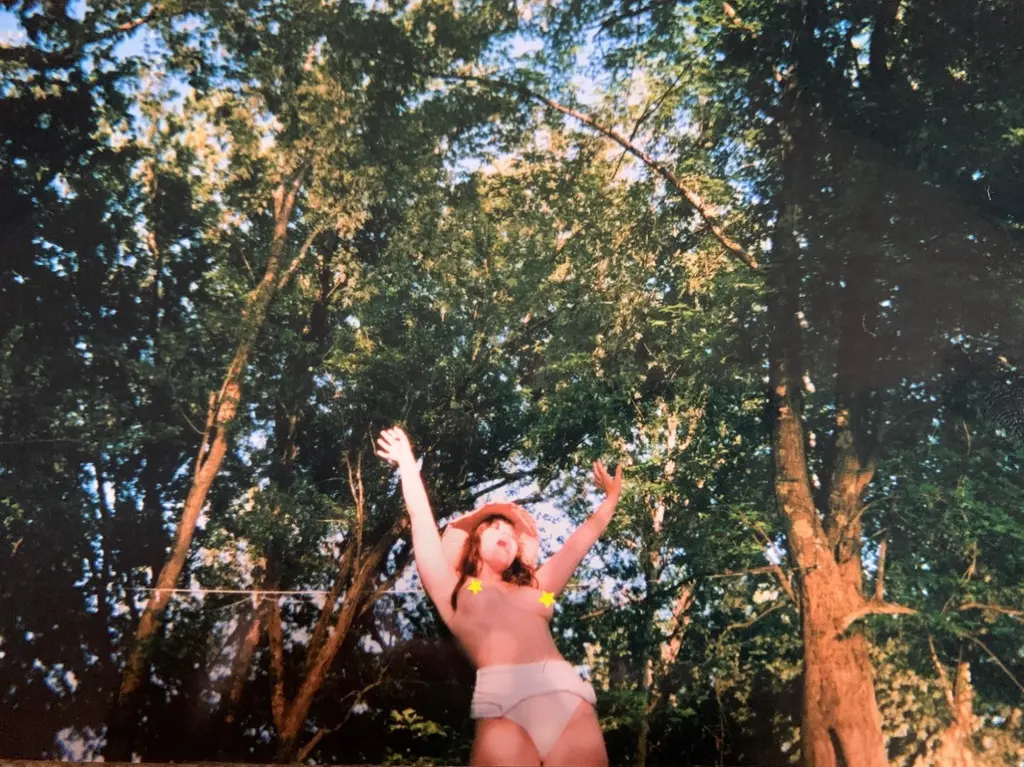
Image submitted by Cecelia, 22
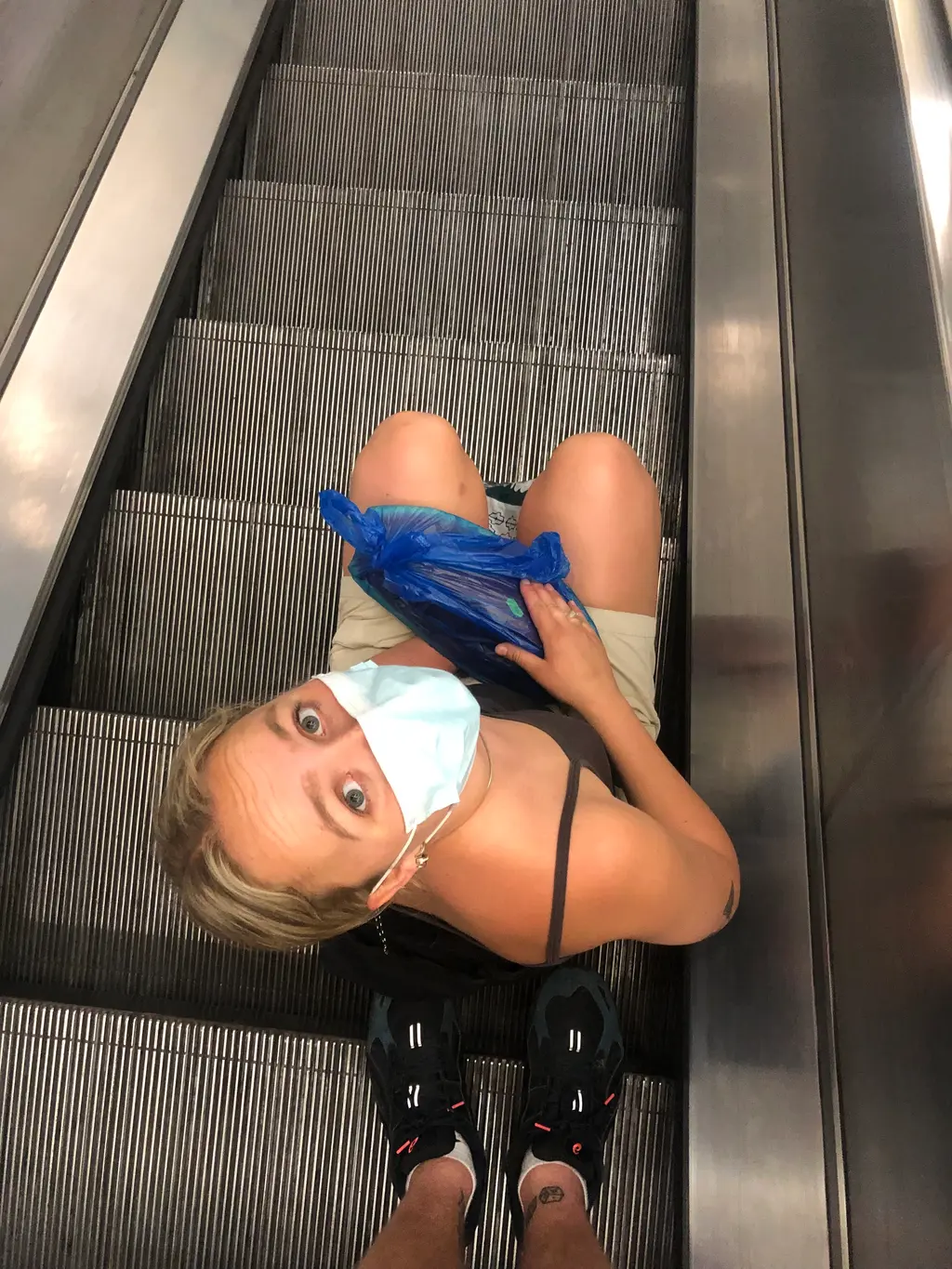
Image submitted by Adriadne, 23
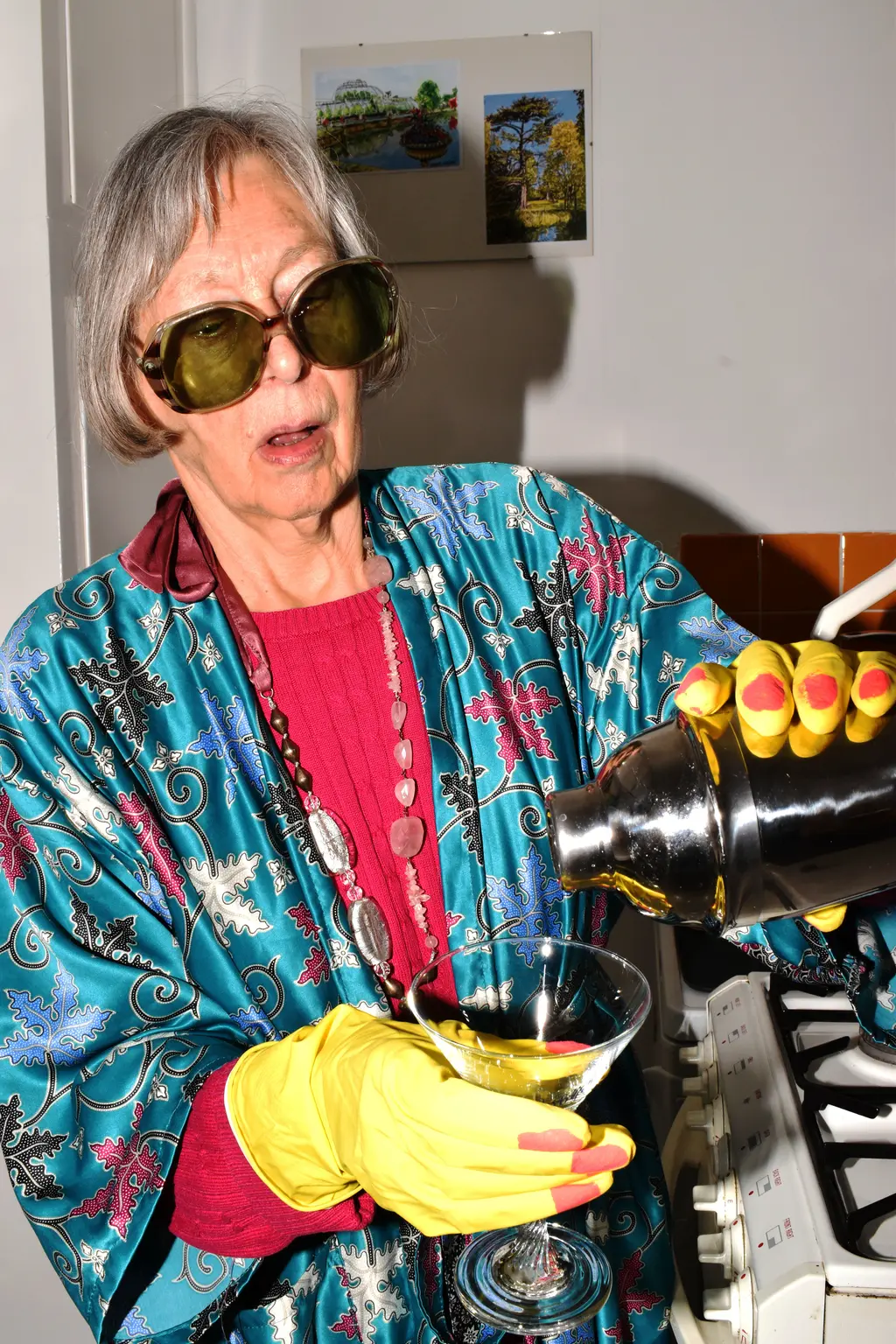
Image submitted by Conor, 18
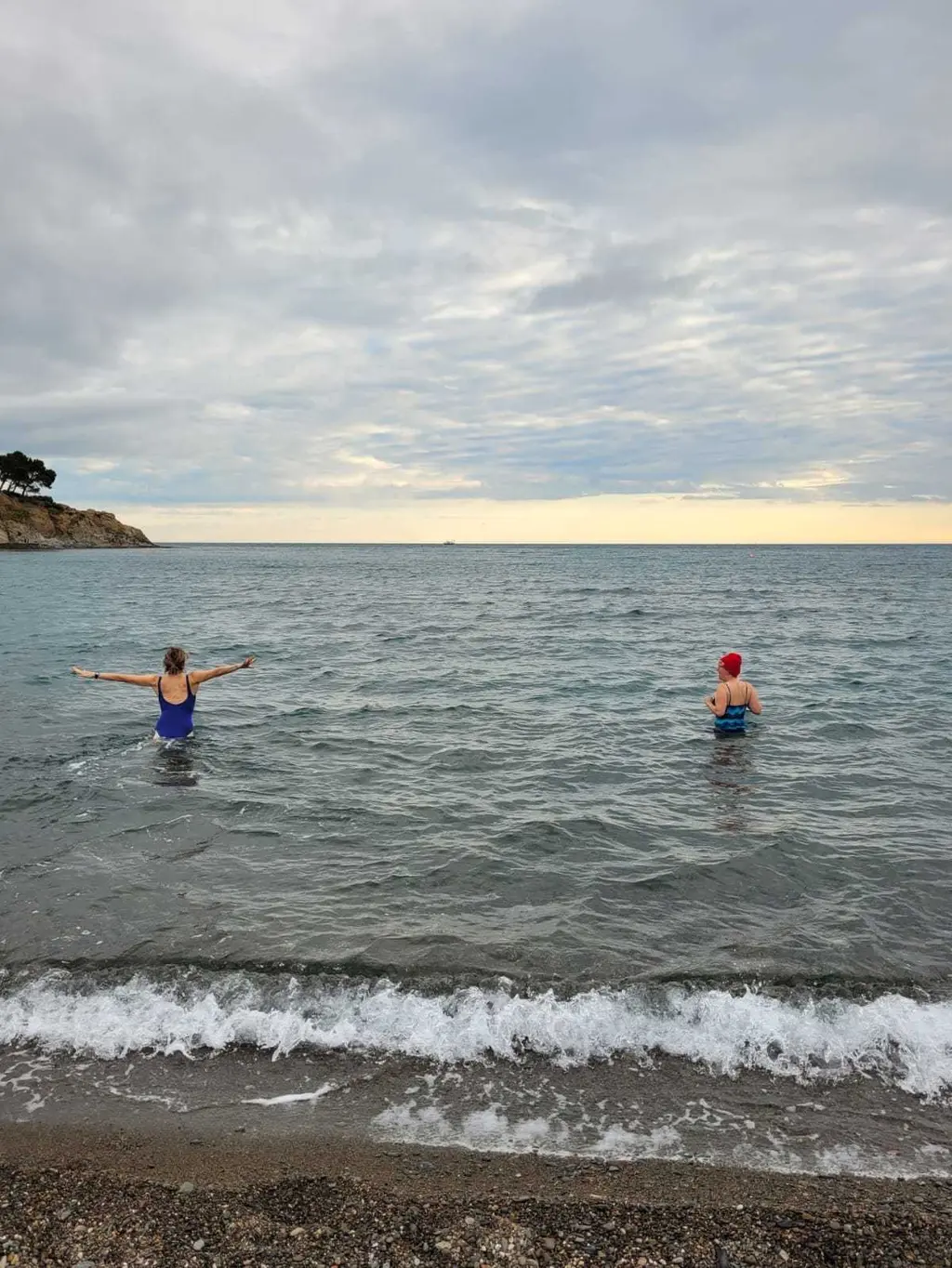
Image submitted by Ella, 19
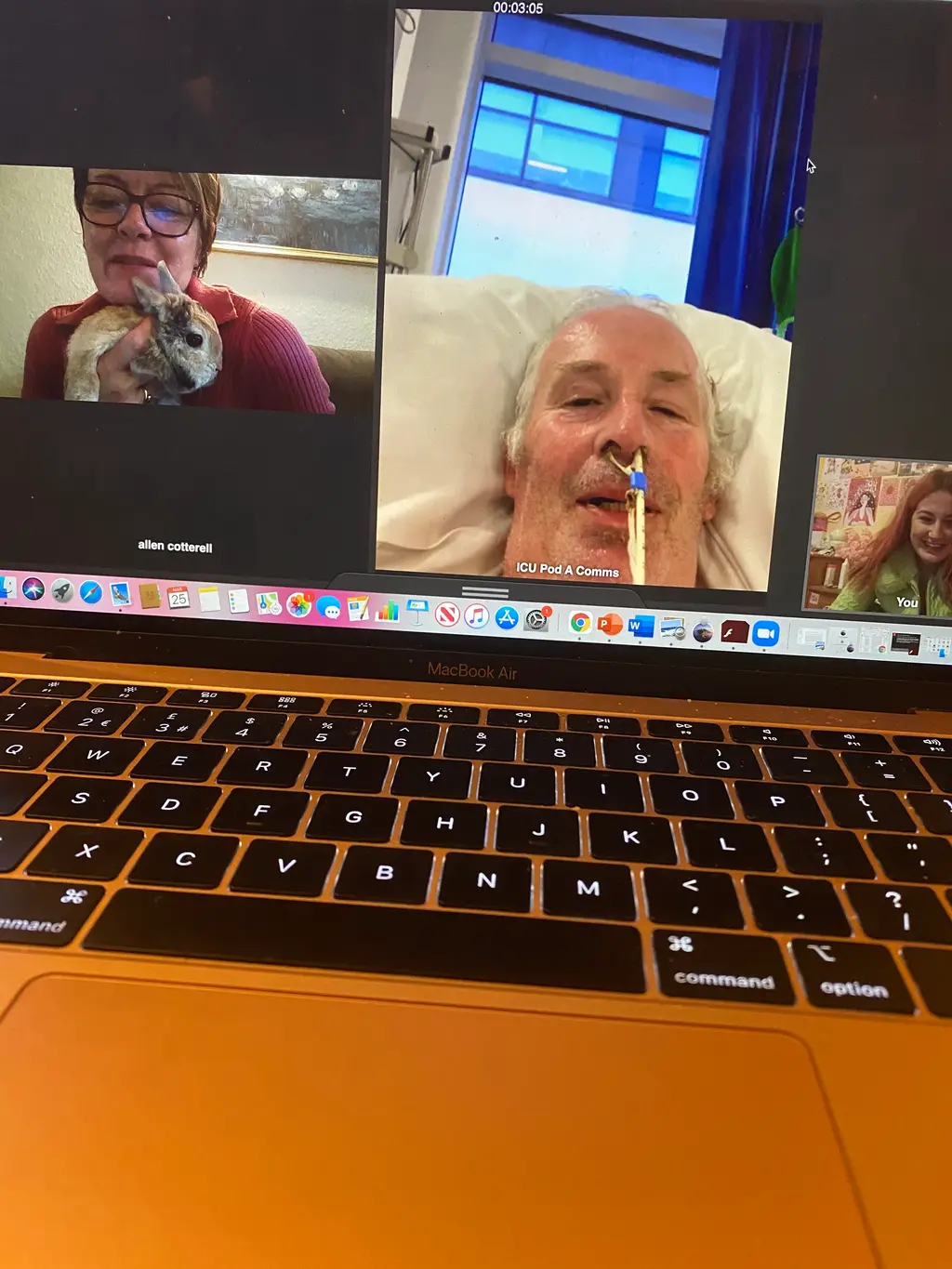
Image submitted by Phoebe, 21
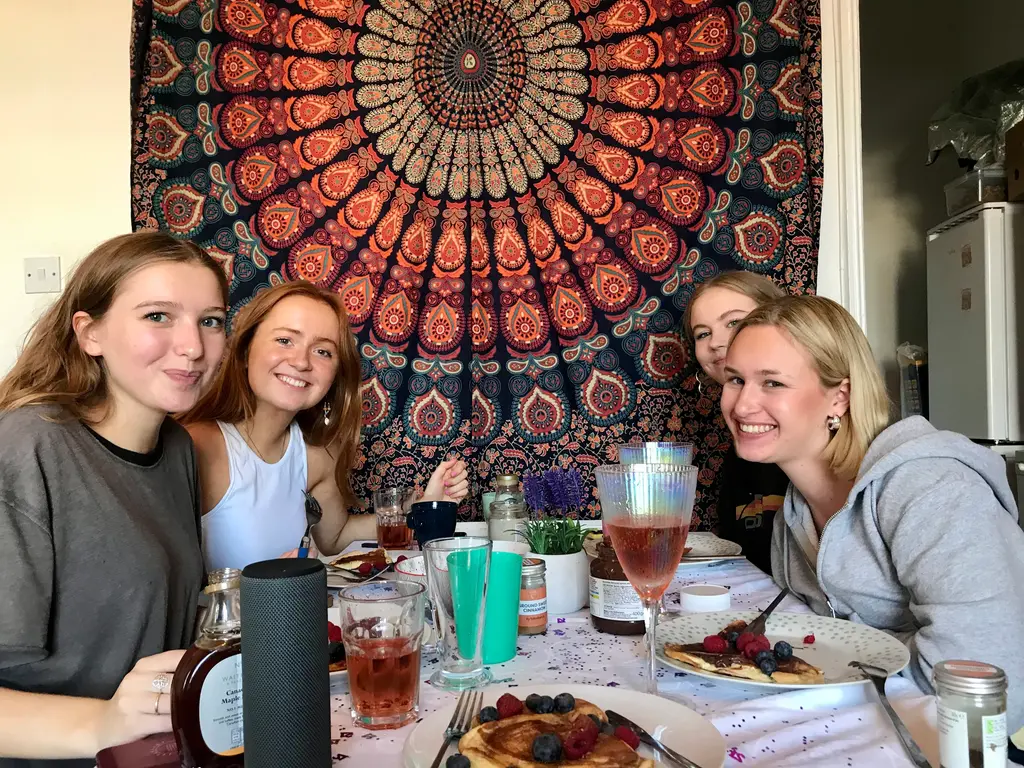
Image submitted by Emilie, 22
“As a high risk person, I felt disappointment in a few of my platonic relationships. People who I thought would prioritise my care didn’t”
Fatima, 23
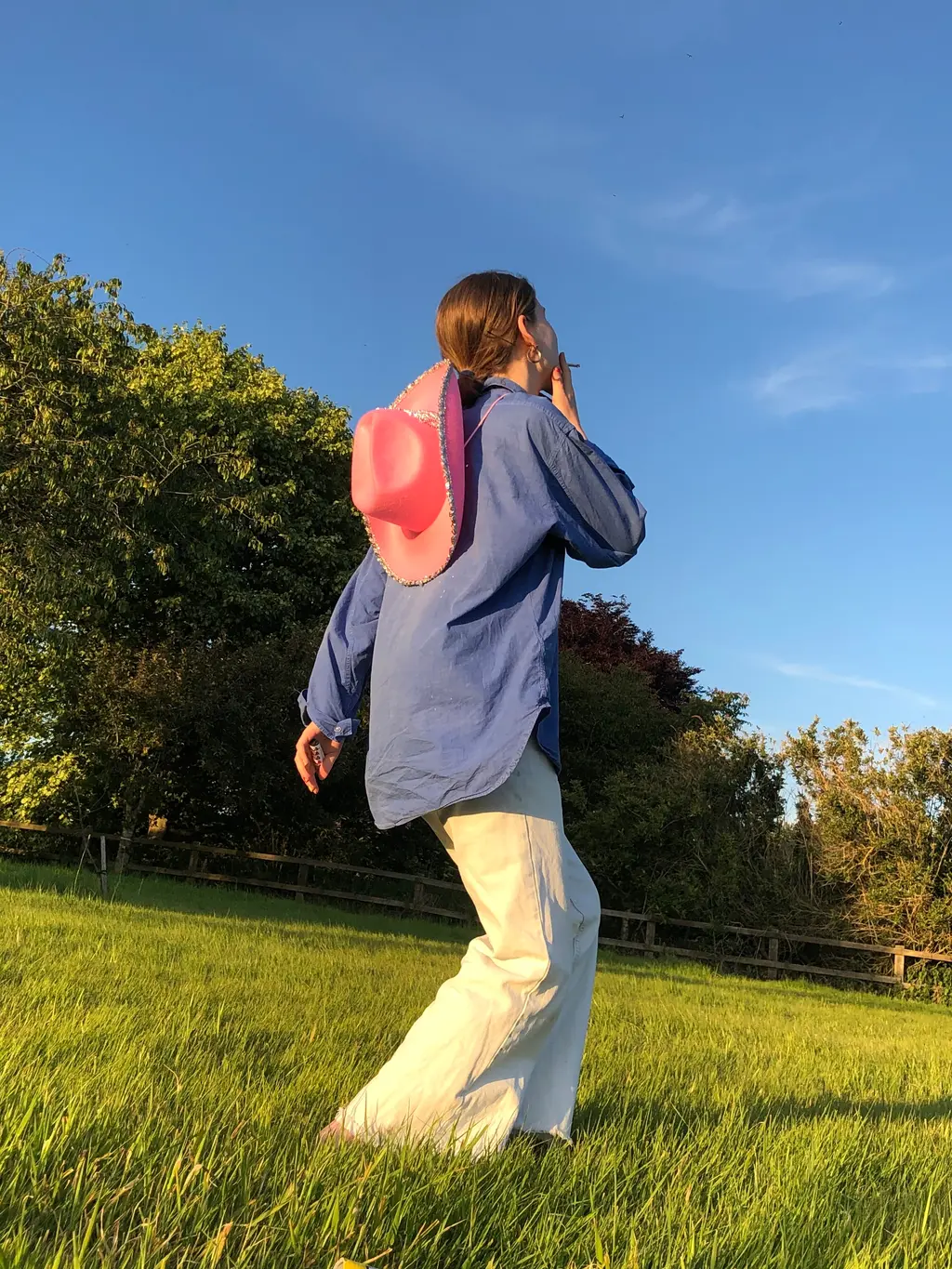
Image submitted by Lyra, 19
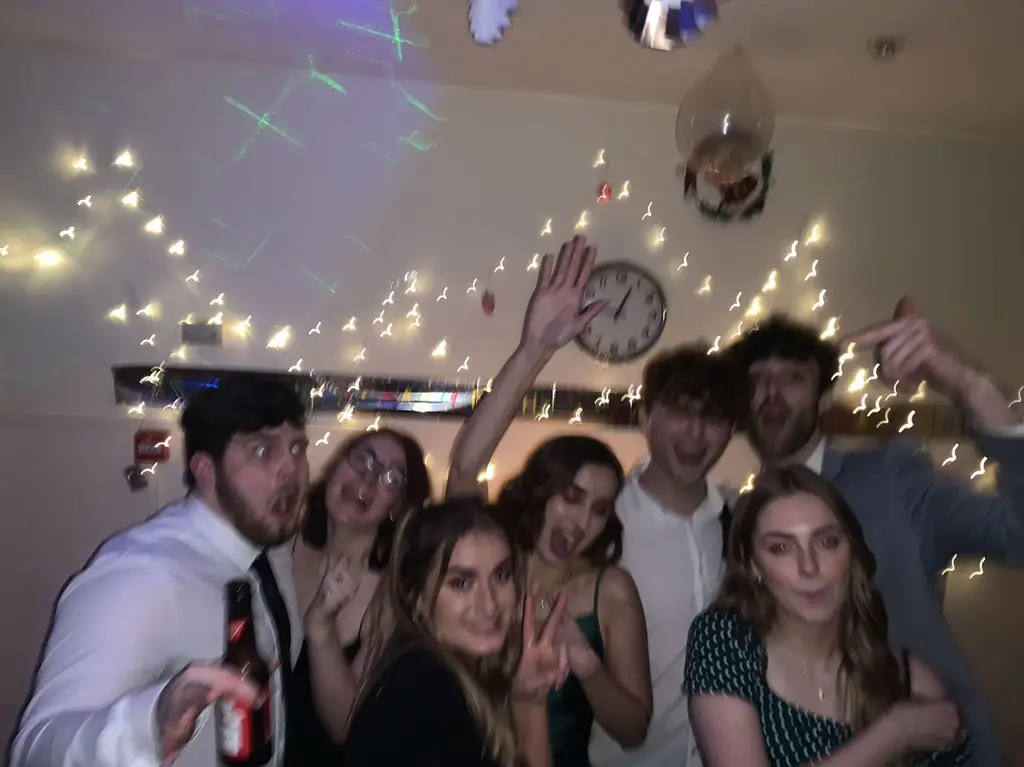
Image submitted by Matthew, 22
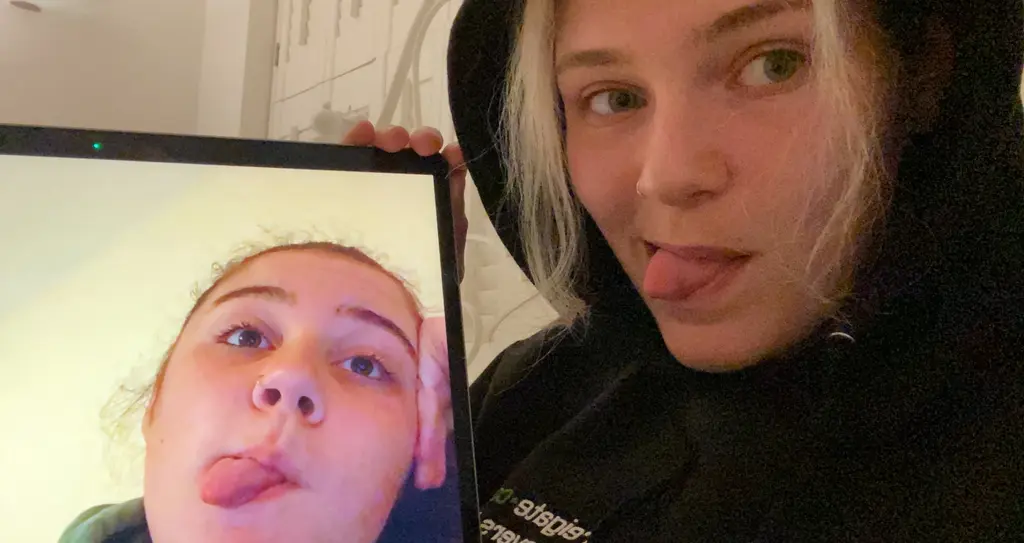
Image submitted by India, 18
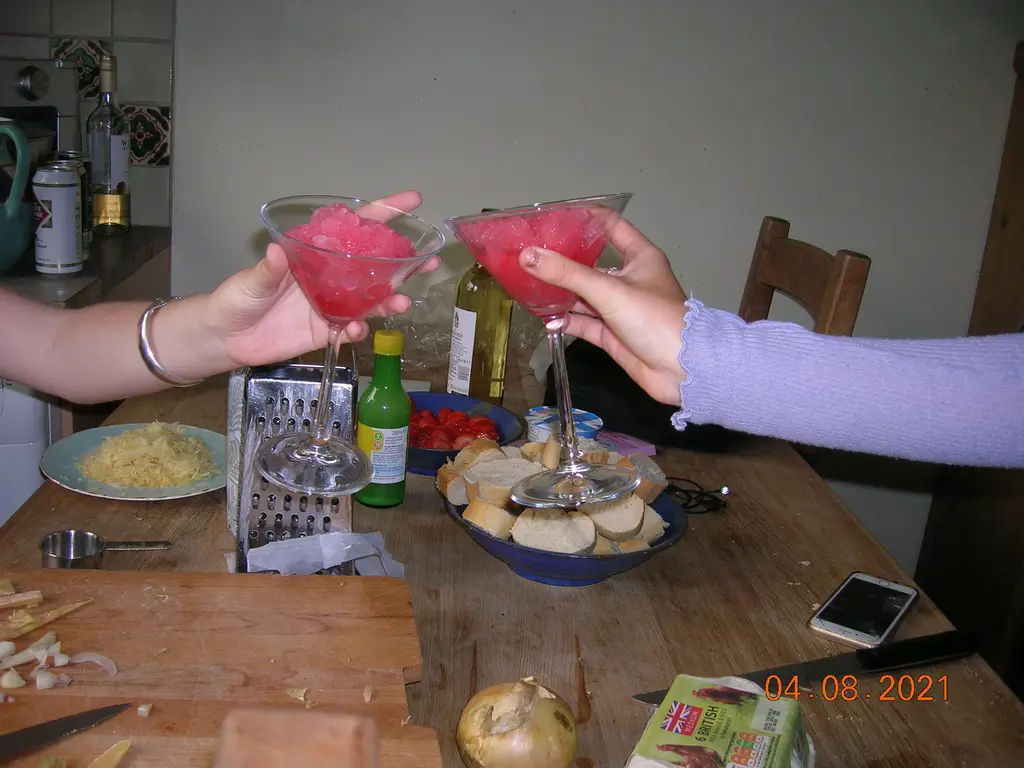
Image submitted by Maddie, 18
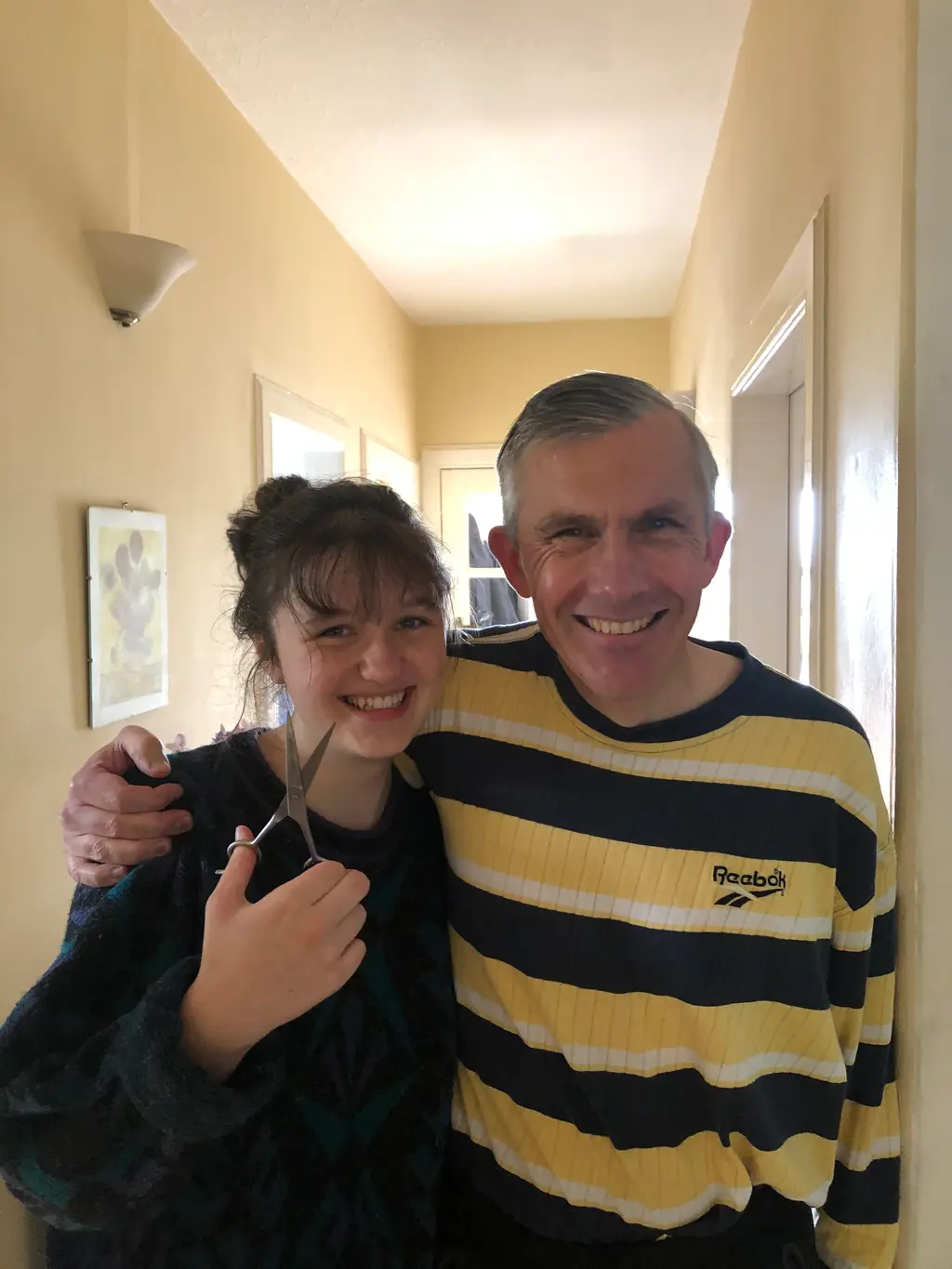
Image submitted by Rachel, 18
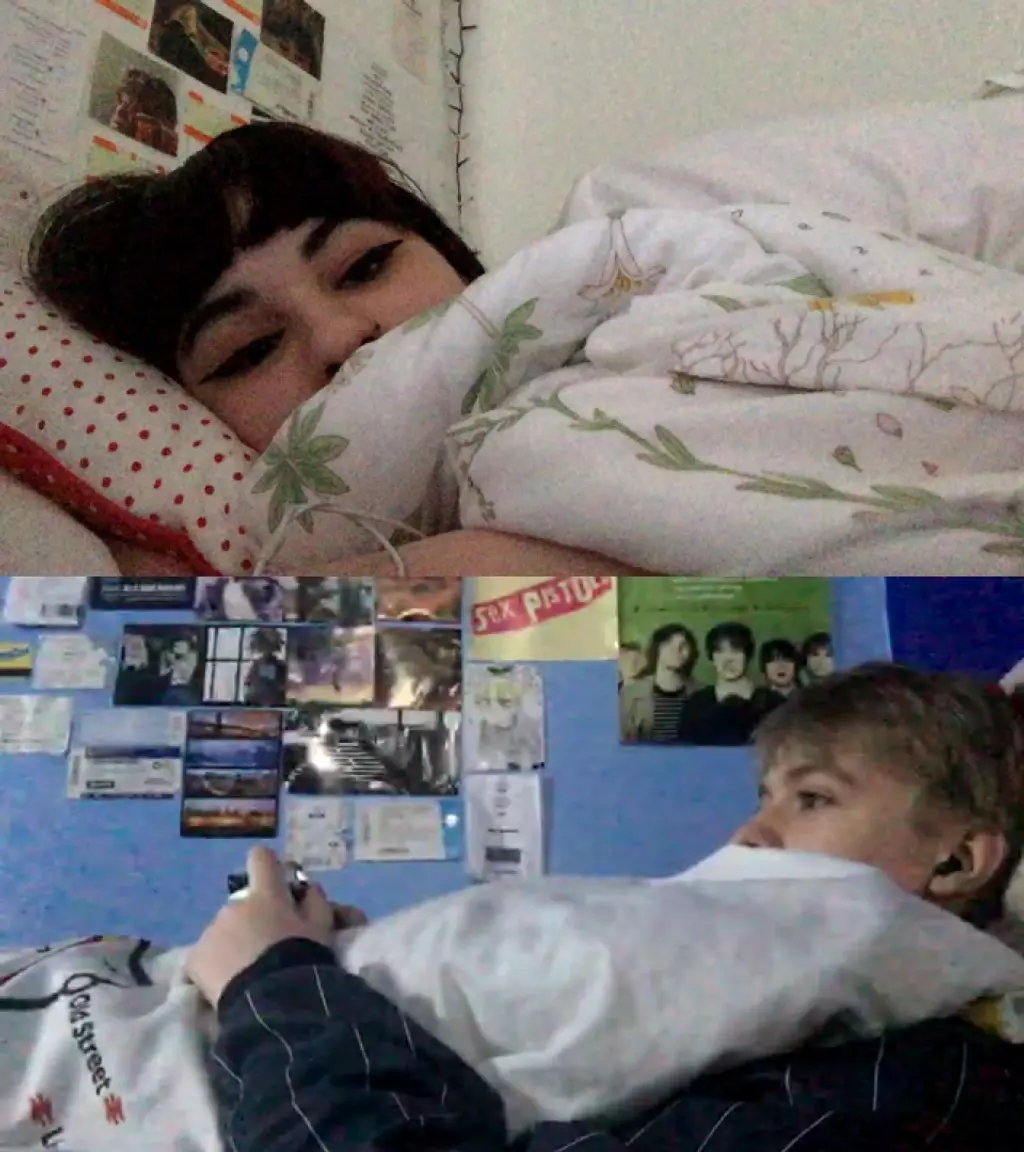
Image submitted by Martina, 19
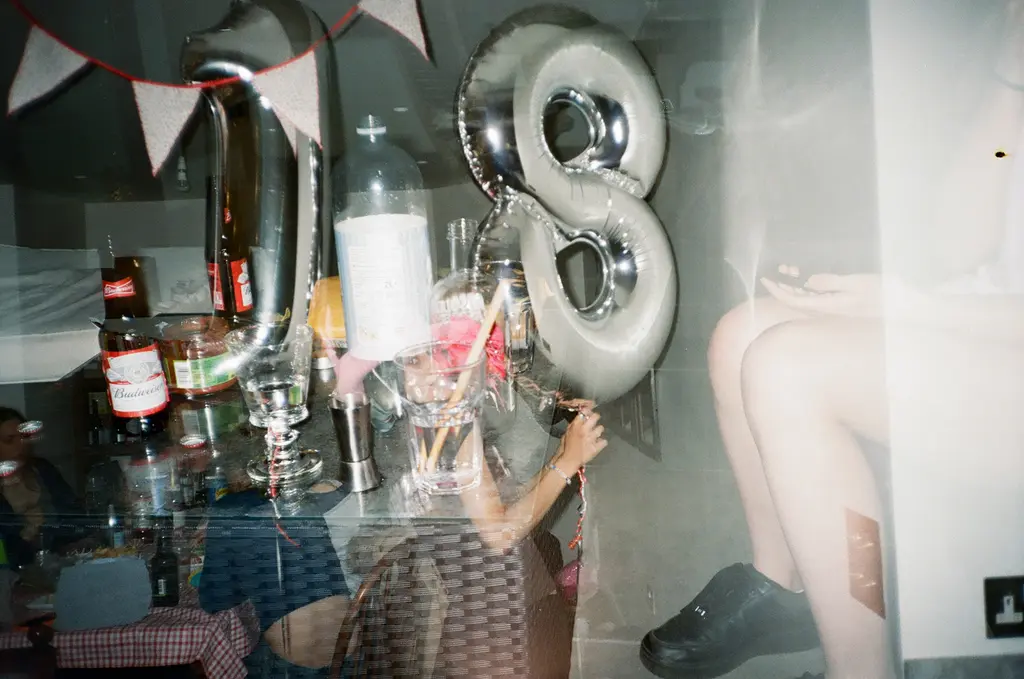
Image submitted by Sophie, 19
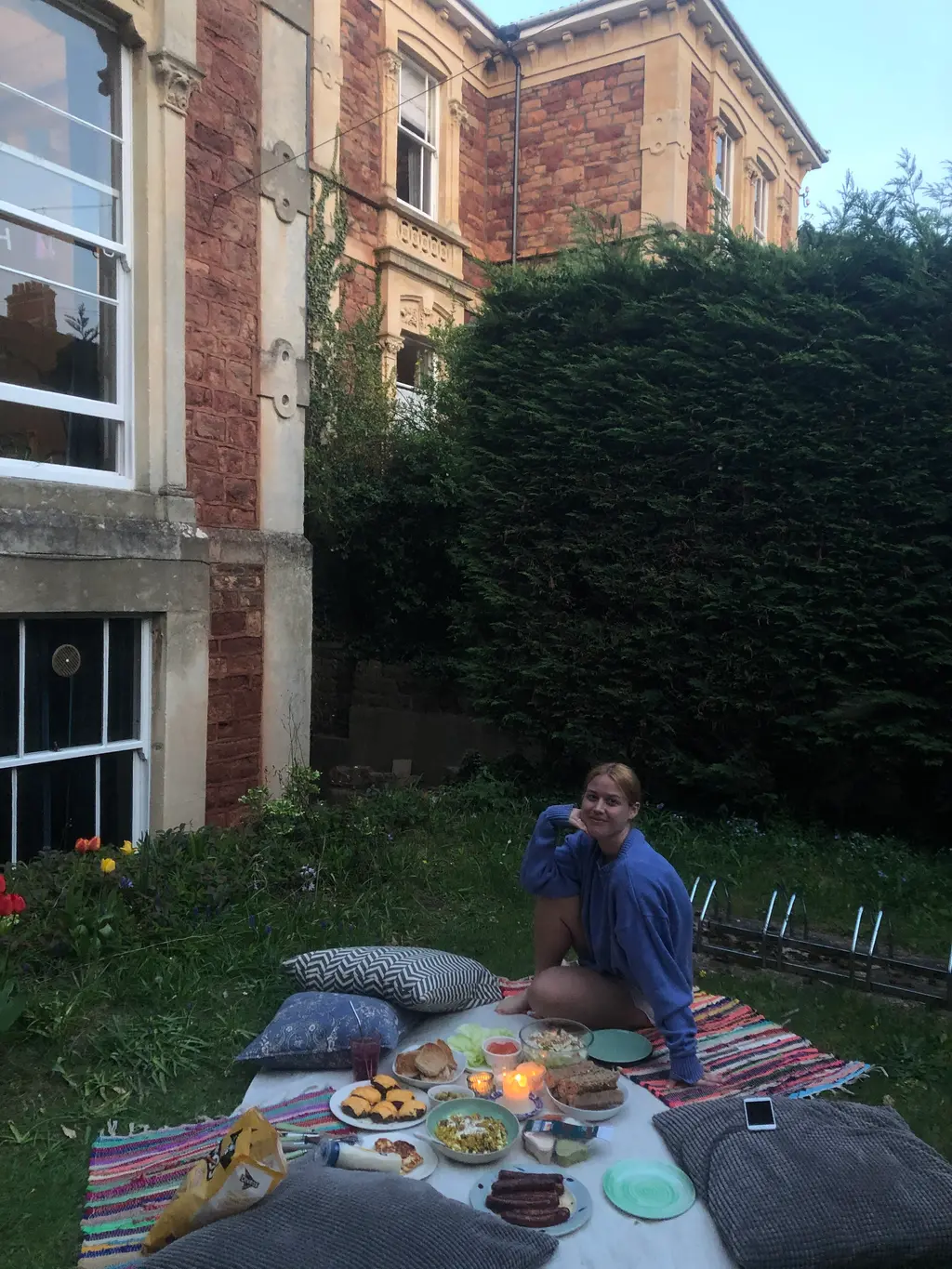
Image submitted by Hannah, 23

Image submitted by Em Daisy, 19
“Lockdown made everyone realise who they were actually close to. When you can only meet one person for a walk, who will that chosen person be?”
Isabelle, 23
-
HOBBIES HOBBIES HOBBIES HOBBIES HOBBIES HOBBIES HOBBIES HOBBIES HOBBIES HOBBIES HOBBIES HOBBIES HOBBIES HOBBIES HOBBIES HOBBIES HOBBIES HOBBIES HOBBIES HOBBIES
The UK’s youth are a creative lot. When faced with hours of solitude, you sought out new creative outlets, picked up new hobbies and skills, and rekindled forgotten passions from your childhoods.
There was the usual stuff – baking, reading, Chloe Ting workouts, embracing the great outdoors. But a DIY attitude prevailed, whether respondents were making music from their bedrooms or their own clothes. People just do nothing? Pfft.
Leah, 22

Image submitted by Amy, 22
More than 10 per cent of survey respondents picked up knitting or crochet (or both) during lockdowns. That’s a lot of woolly jumpers…
But good old fashioned paintbrush-to-easel art wasn’t out of the picture, nor was photography, filmmaking, magazine making or graphic design. Here’s what you created within the confines of your homes:
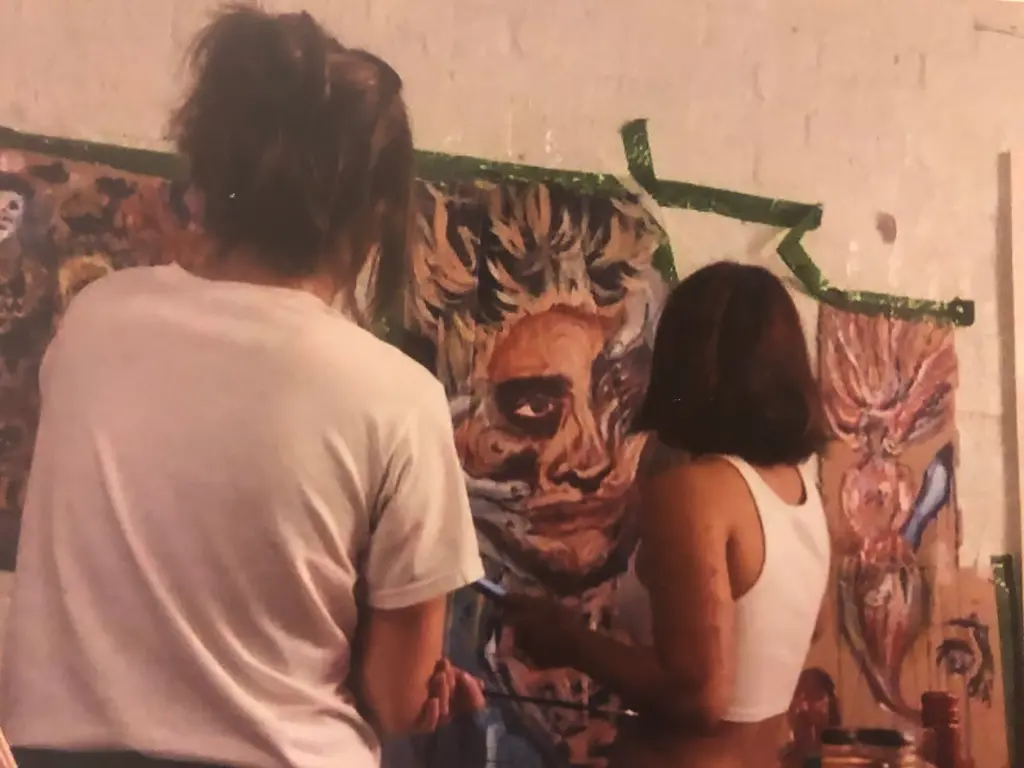
Image submitted by Rose, 19
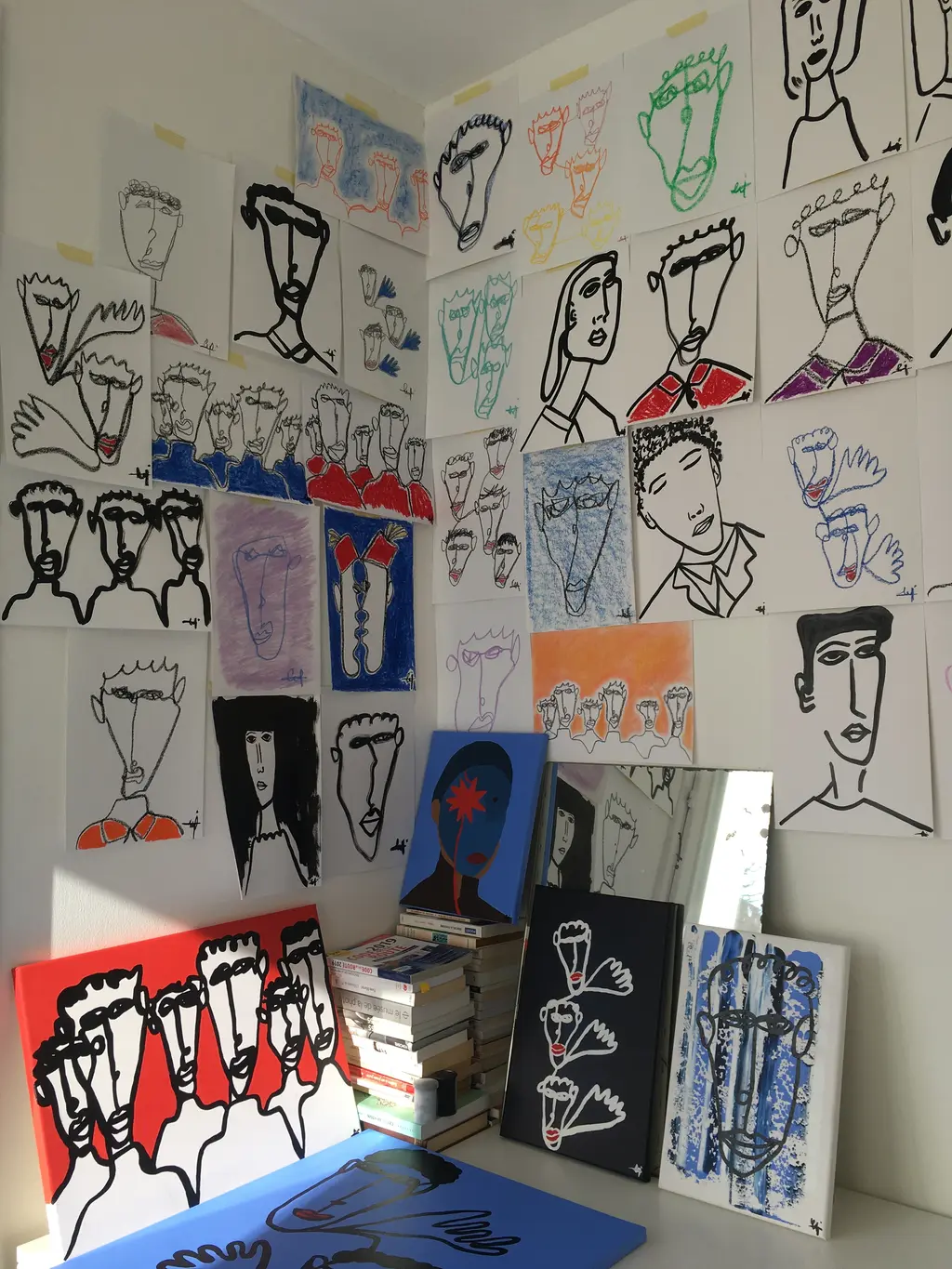
Image submitted by Charlotte, 19
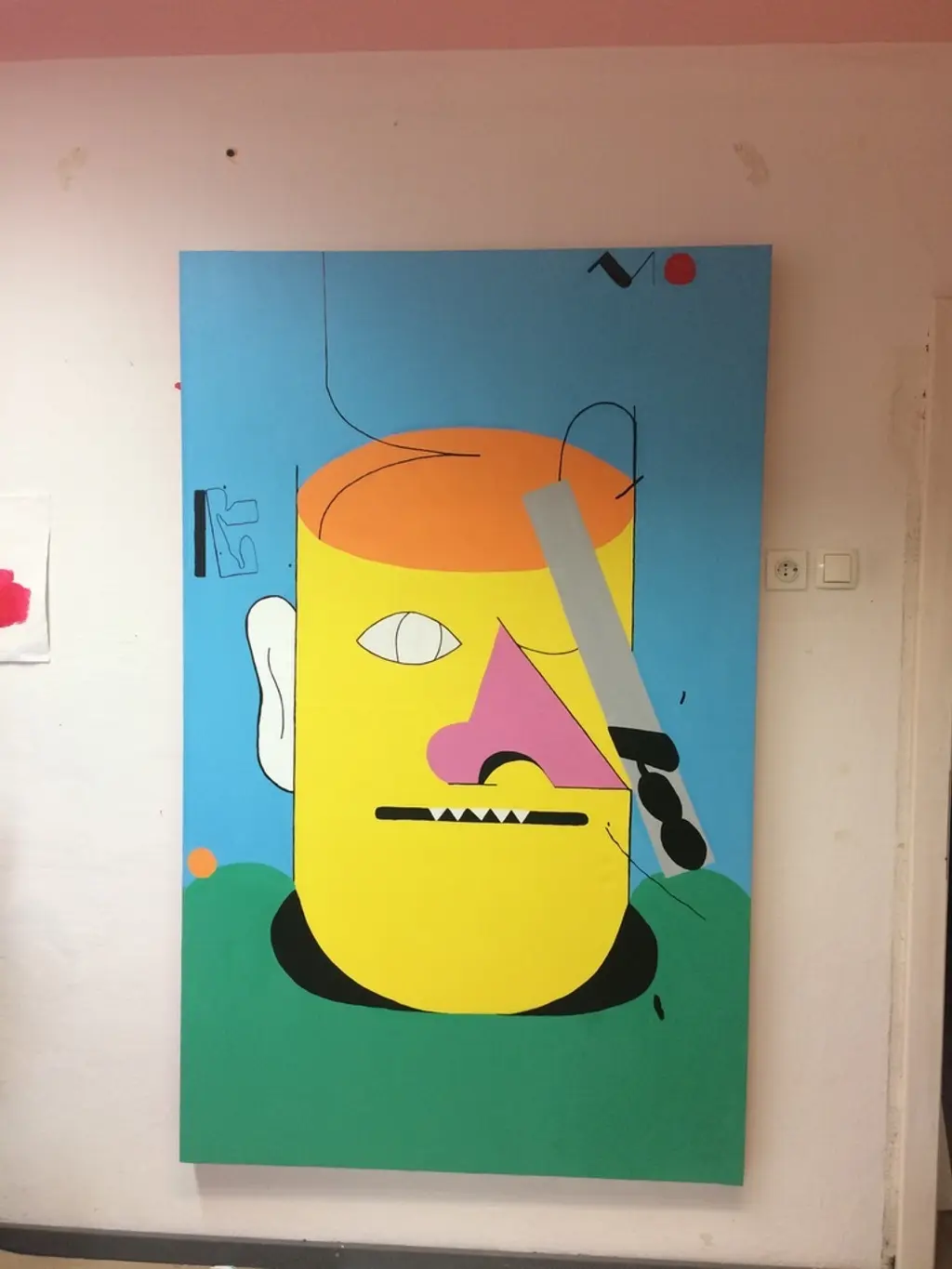
Image submitted by Tjaša, 23
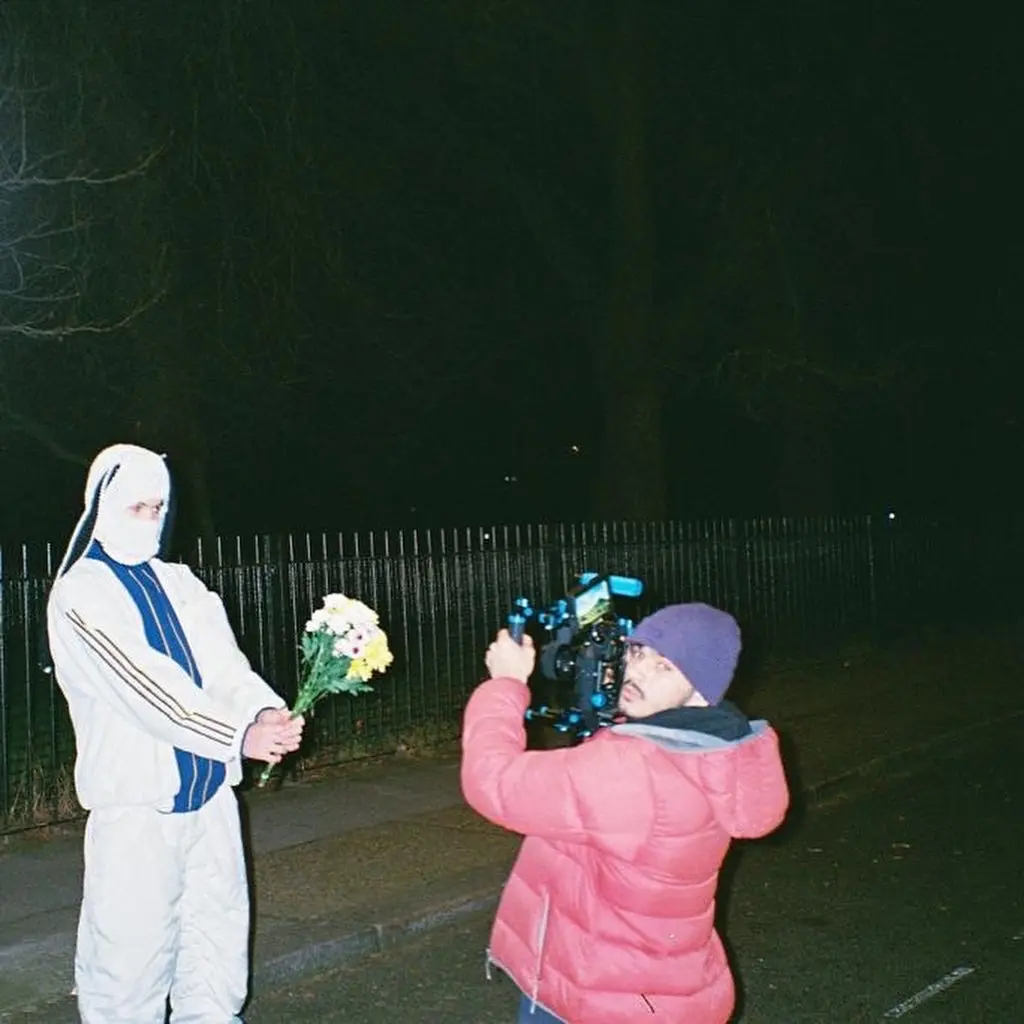
Image submitted by Grace, 19
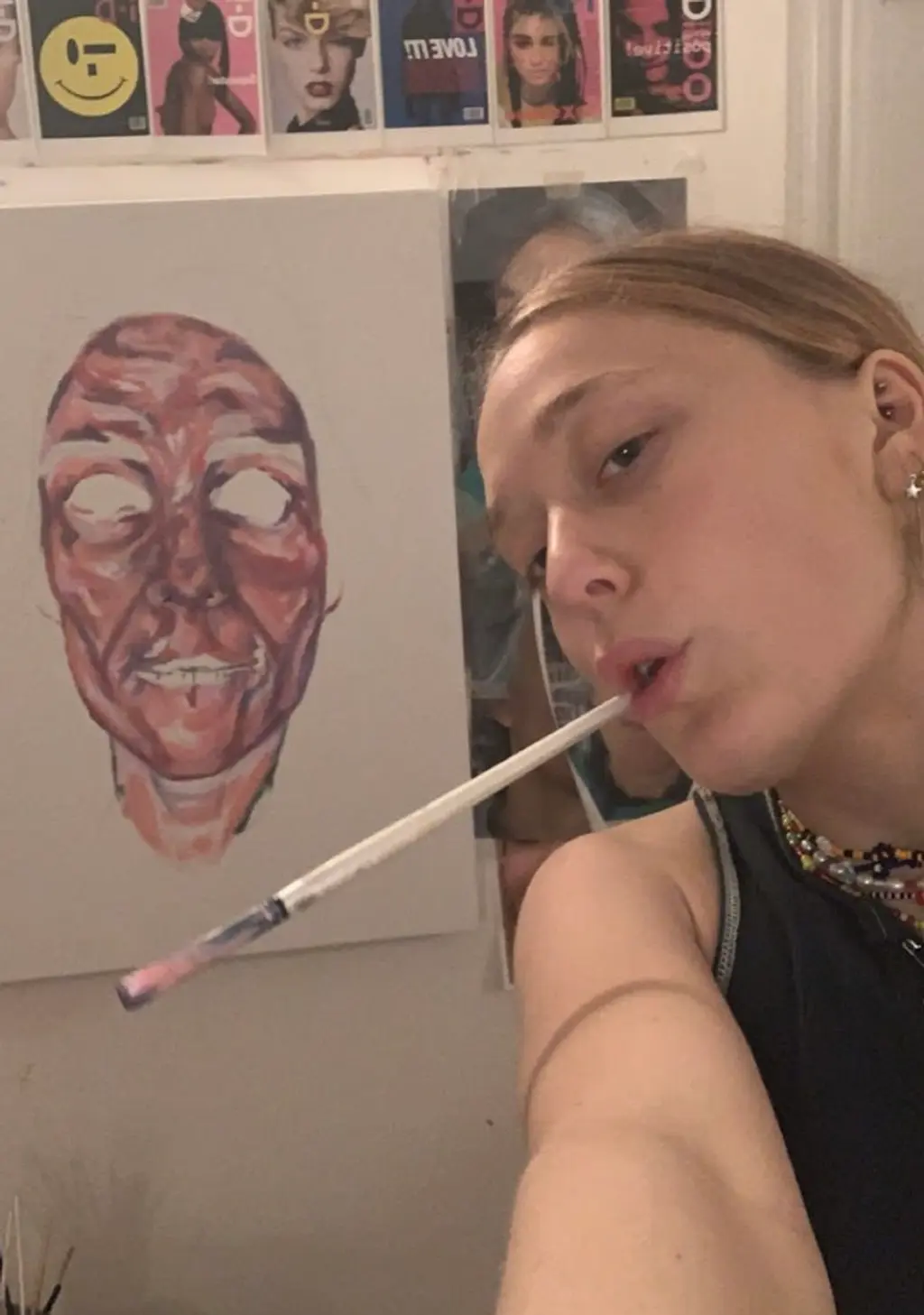
Image submitted by Ella, 19
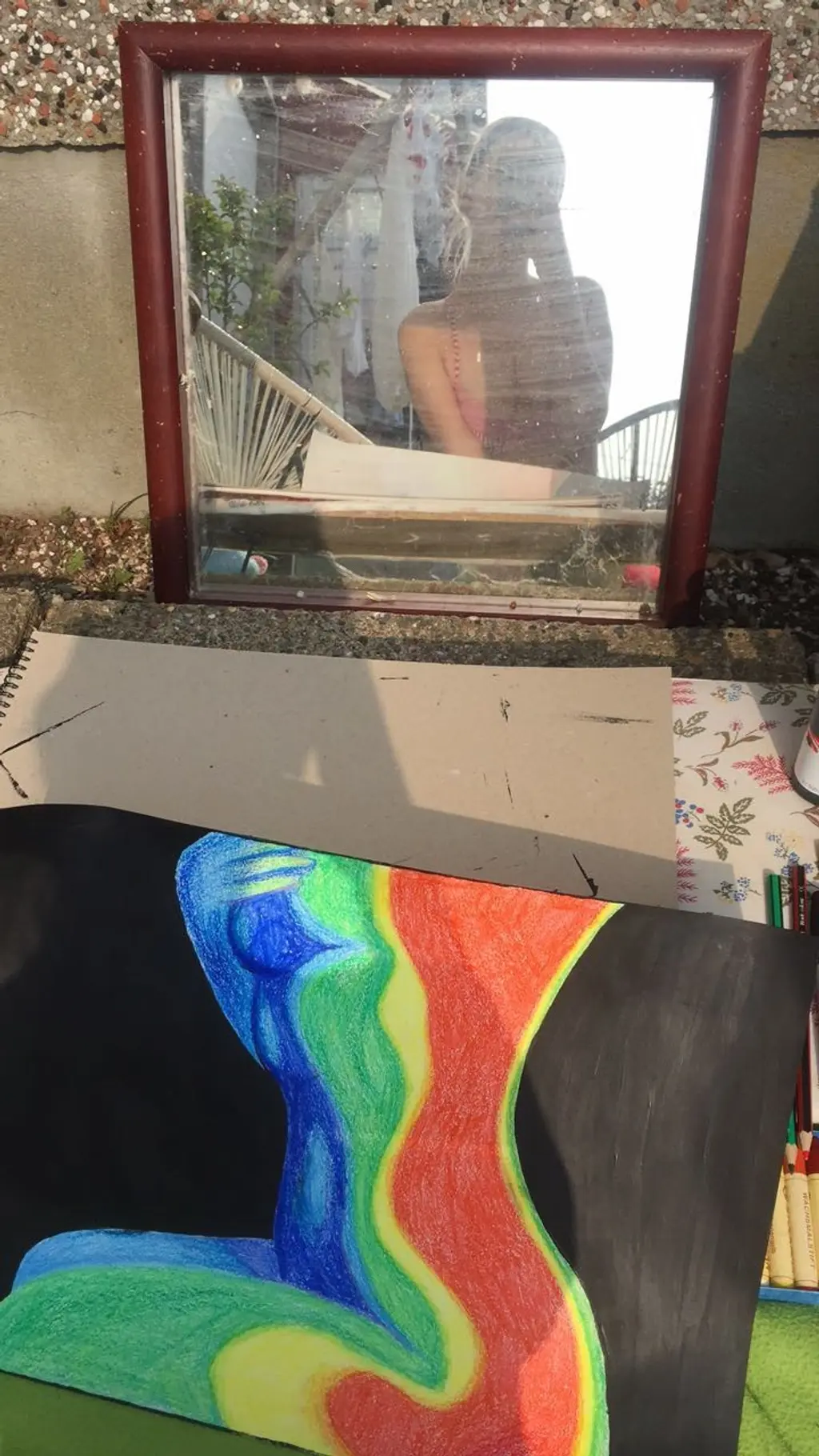
Image submitted by Caja, 18
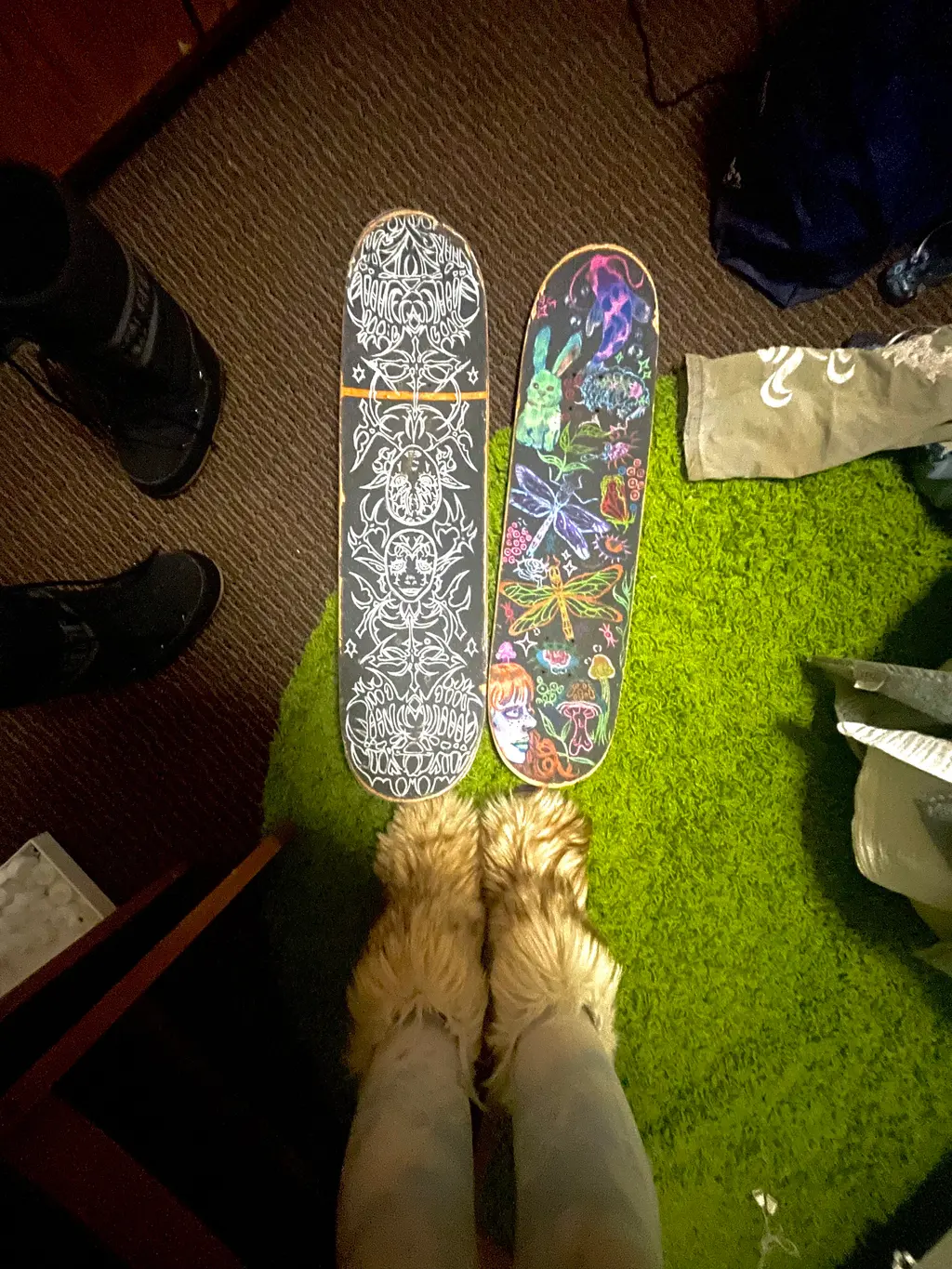
Image submitted by Beatrix, 18
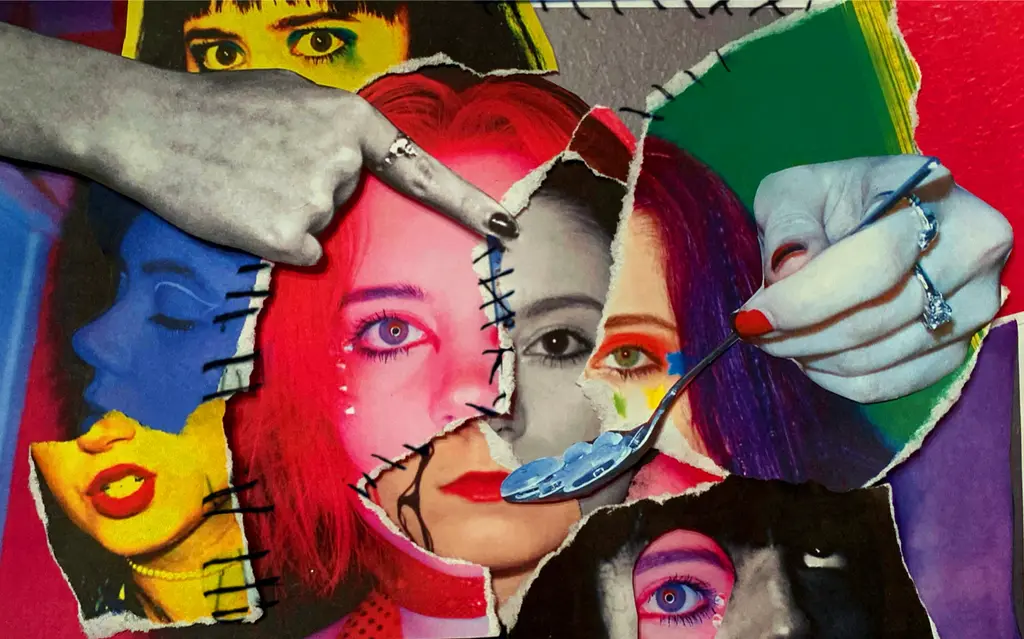
Image submitted by Emma, 18
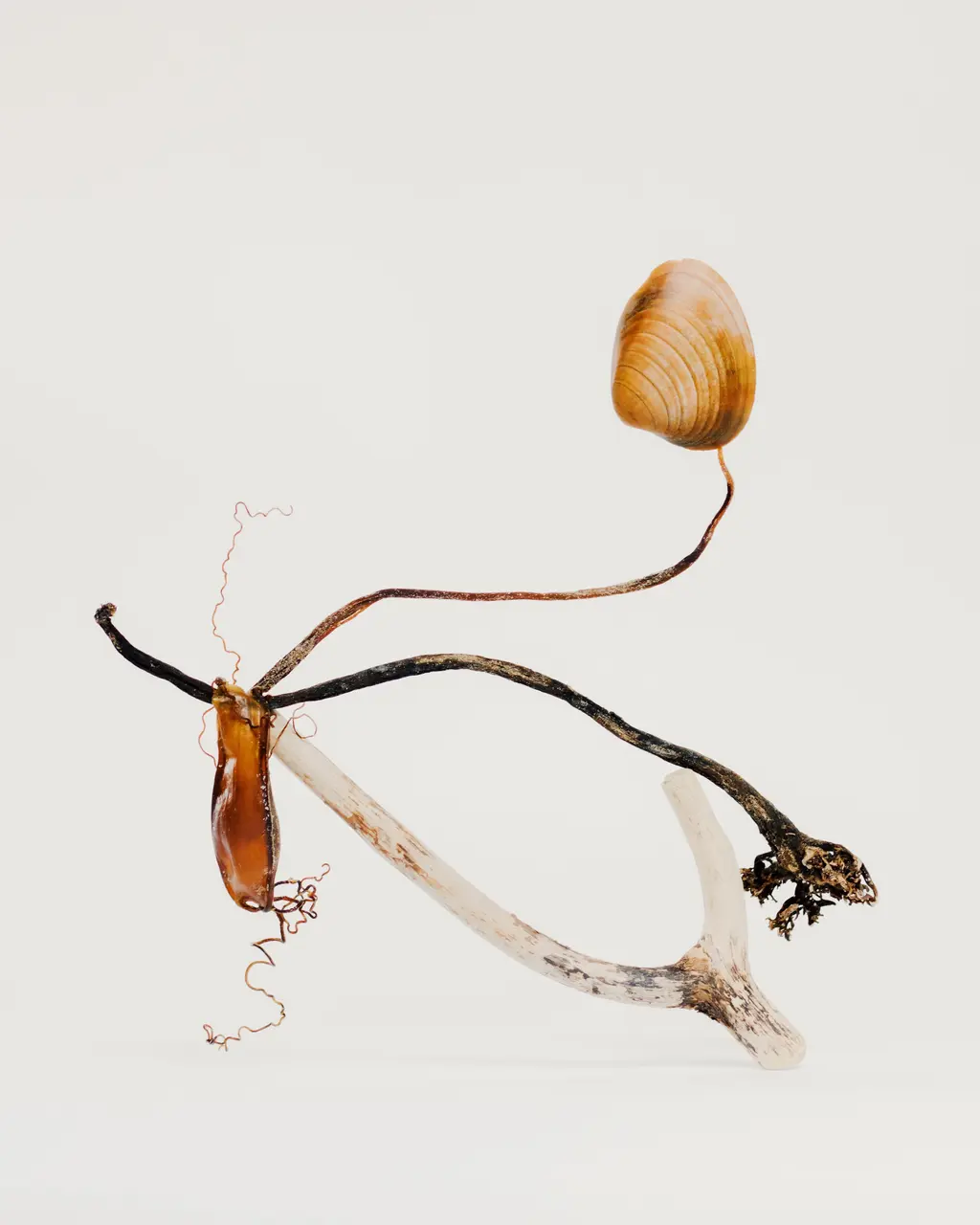
Image submitted by Megan, 23
While some used art as a creative outlet, others turned to music.
During lockdown, I became obsessed with music. I bought a record player and a CD player. My mother and father are hoarders and kept all their old vinyls from the ’70s and ’80s, as well as their old CDs from the ’90s and 2000s. I have listened to everything they have: De La Soul, Public Enemy, Julie London, Sex Pistols, Kate Bush, Oasis, Madness and loads others I can’t even find on Spotify. I don’t play any instruments, but I love going through the lyrics of songs and finding random references or sampled beats from old songs in new songs.”
Cecily, 16
“I began doing music production, making my own songs in my room and posting them on my finsta for my friends”
Juliet, 17
“I started DJing. It’s nice to get all your mates over, get shit-faced and just get everyone boogying.”
Lou, 19
Let's not forget you fashion and beauty heads...

“I perfected my makeup skills.” Jake, 14
“As I wouldn’t go out as often, I would get excited to pick outfits that were a bit wacky and made the most of my daily walk with friends”
Margot, 16

“I’ve always had a love for fashion, but that really picked up over lockdown. When I was finally able to get out of the house again, I just thought, “why am I wasting my time being afraid to dress the way I really want?” I decided to take the plunge and start wearing my childhood dream fashion subculture Lolita and, while it definitely attracts a lot of attention, it’s made me so happy. I haven’t looked back since!”
Delilah, 21

Some of you clever lot decided to pick up a new language, with everything from French to Korean on the extra-curriculum.
And then there were those who rejected the idea of self improvement and simply luxuriated in the limitless free time.
“Not apologising for lazy days. Making myself feel bad for doing nothing is very 2019.”
Greg, 23
“Does lying naked in the sun in the garden count as a skill?”
Cassia, 20
“Erm, wanking? There was a strange expectation to conquer Duolingo, write a novel, start a podcast and become an Olympic athlete when locked in our rooms, but I actually just discovered my clit.”
Neve, 20
“I learned how to roll zoots hahaha. But seriously, I became more in touch with nature. Not in a ’60s peace movement way, but just being more aware of the natural surroundings I found myself situated in. Spending every day gazing upon rows upon rows of Welsh mountains, sitting with not a care in the world, it really did make me feel more alive.”
Danny, 20
-
GUILTY PLEASURES GUILTY PLEASURES GUILTY PLEASURES GUILTY PLEASURES GUILTY PLEASURES GUILTY PLEASURES GUILTY PLEASURES GUILTY PLEASURES GUILTY PLEASURES GUILTY PLEASURES GUILTY PLEASURES GUILTY PLEASURES GUILTY PLEASURES GUILTY PLEASURES GUILTY PLEASURES GUILTY PLEASURES GUILTY PLEASURES GUILTY PLEASURES GUILTY PLEASURES GUILTY PLEASURES
We all needed something to take the edge off lockdowns, right? From the TV shows you binged to the foods you turned to for comfort, here’s what has gotten you through the past two years.

“I’m pretty sure I’ve spent thousands on purely ordering McDonald’s.” - Kelsey, 20
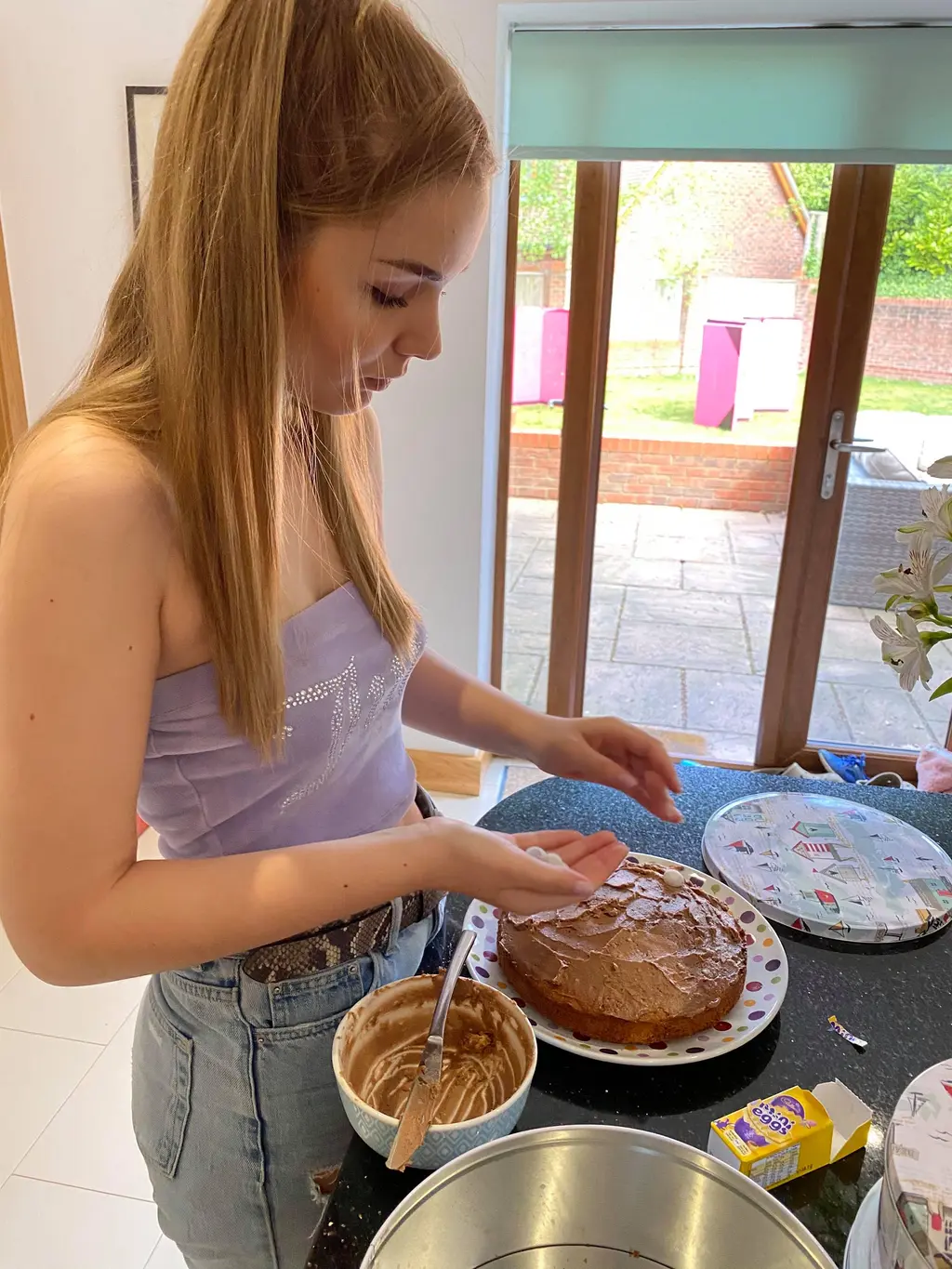
Image submitted by Zofia, 21
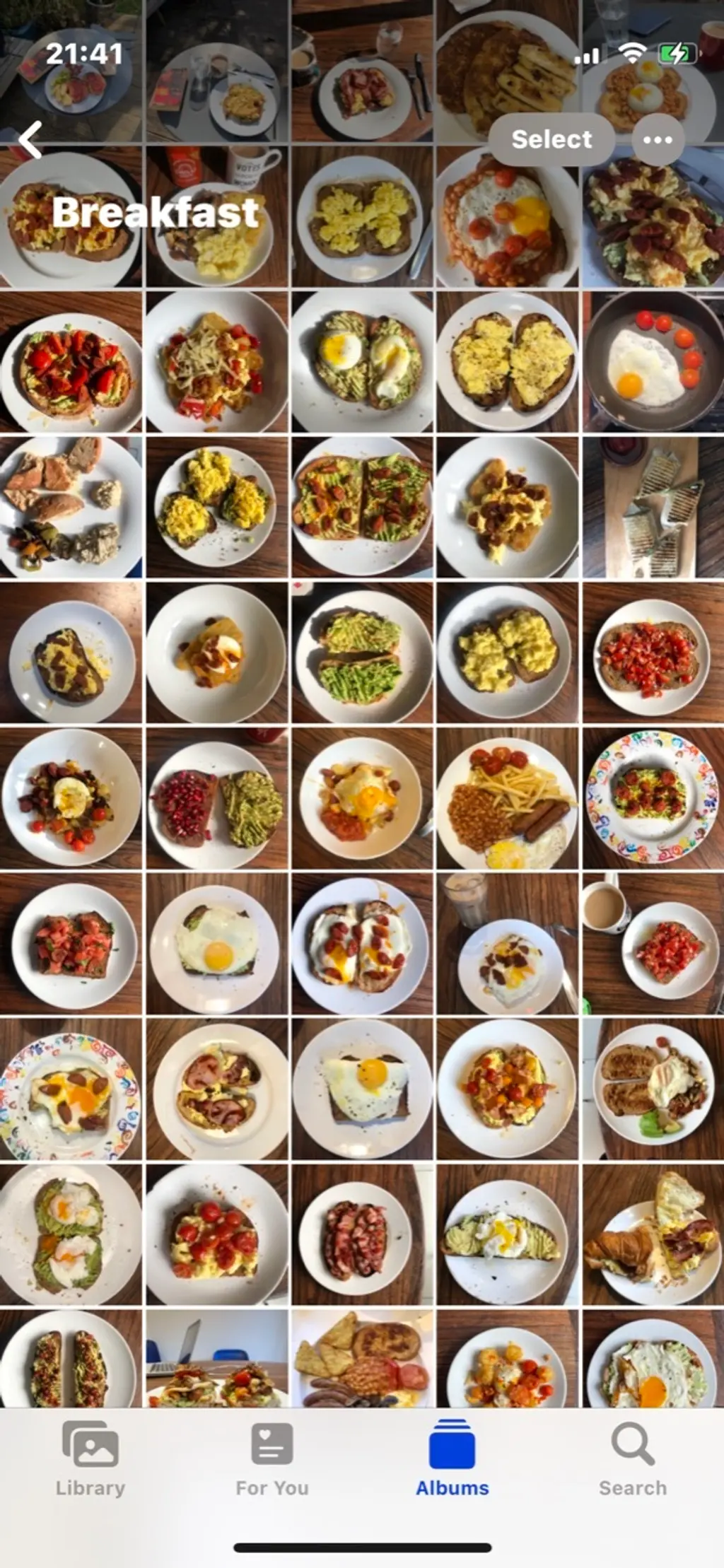
Image submitted by Lois, 19
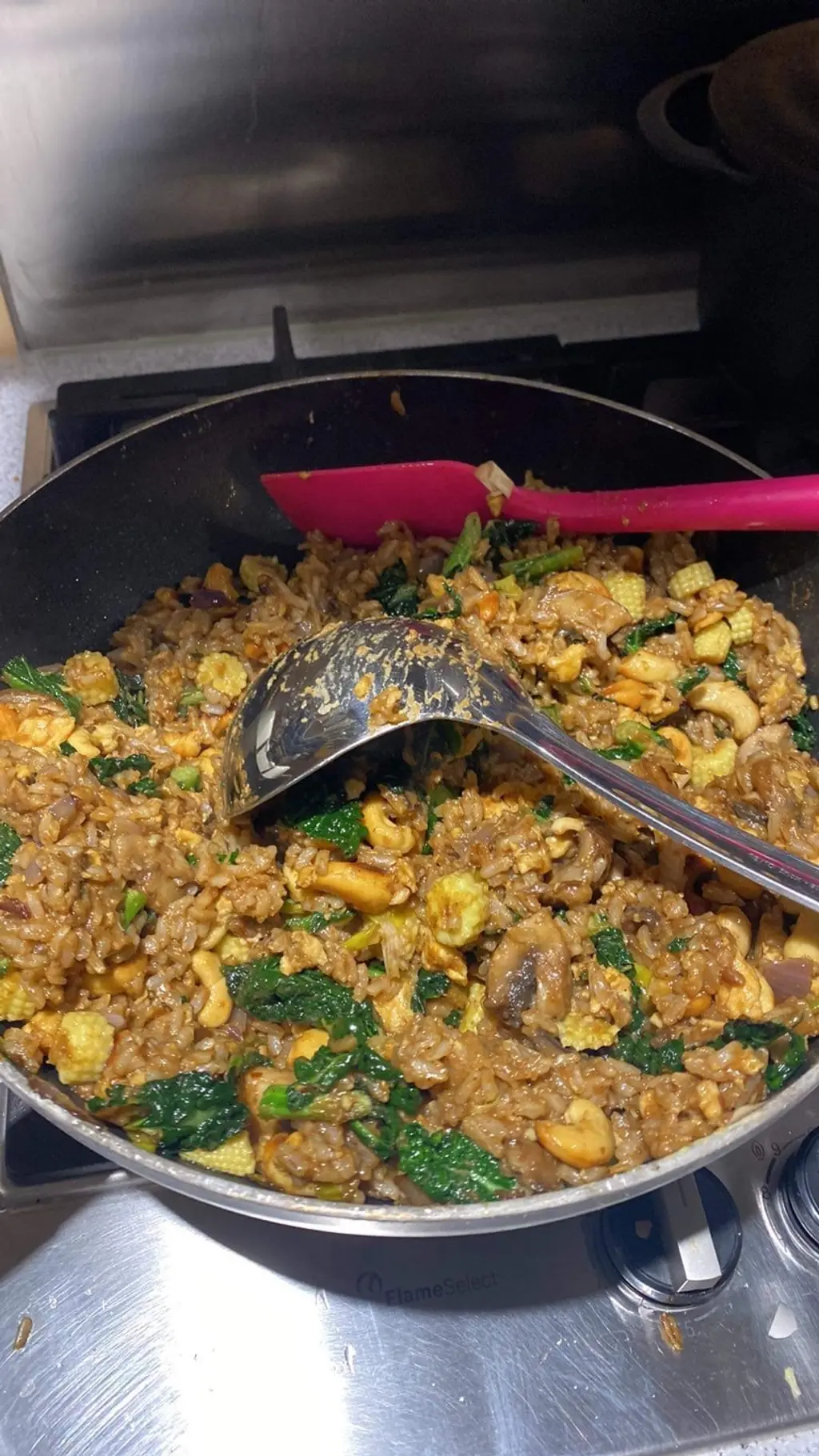
Image submitted by Millie, 22
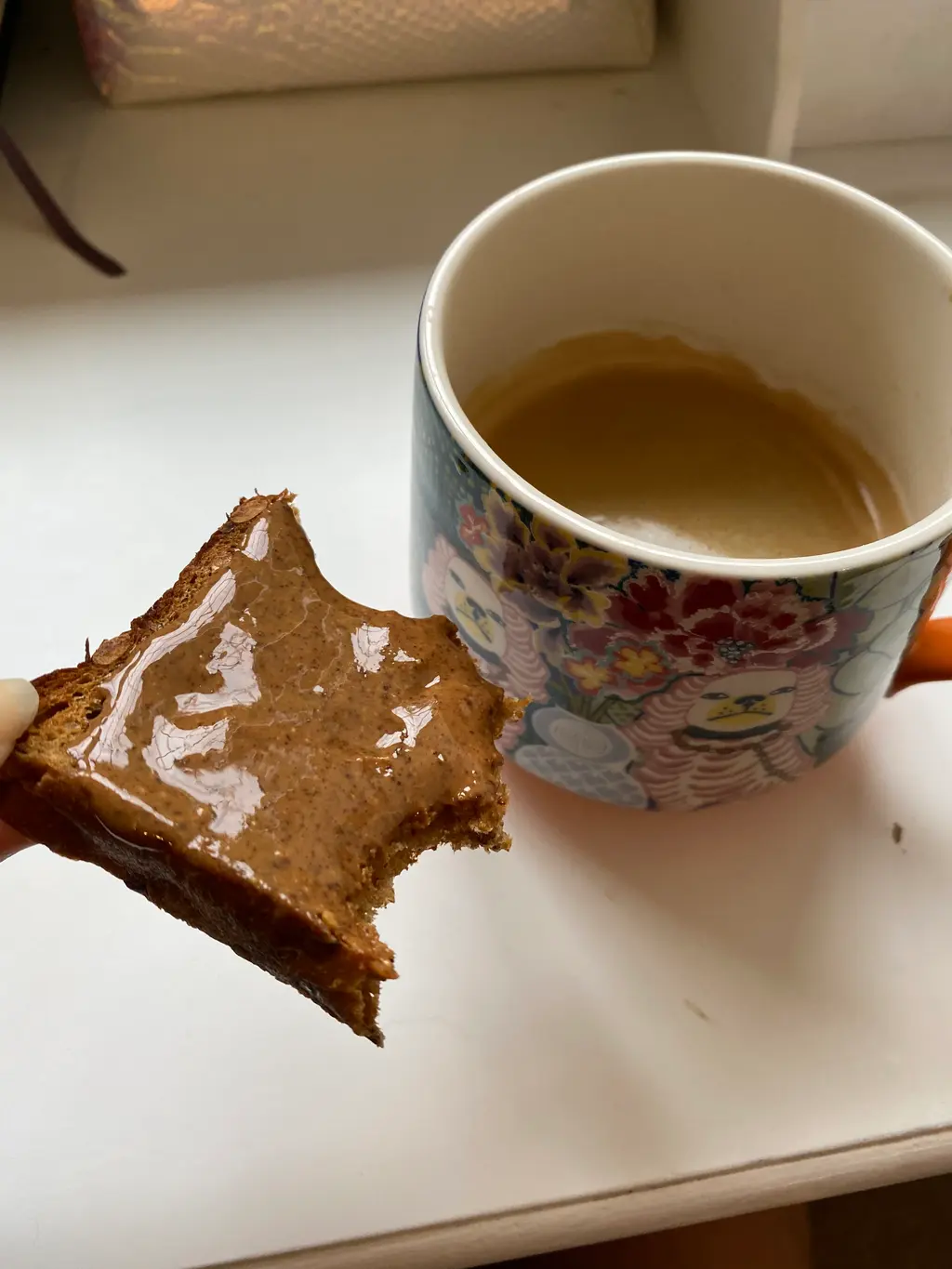
Image submitted by Dalia, 21
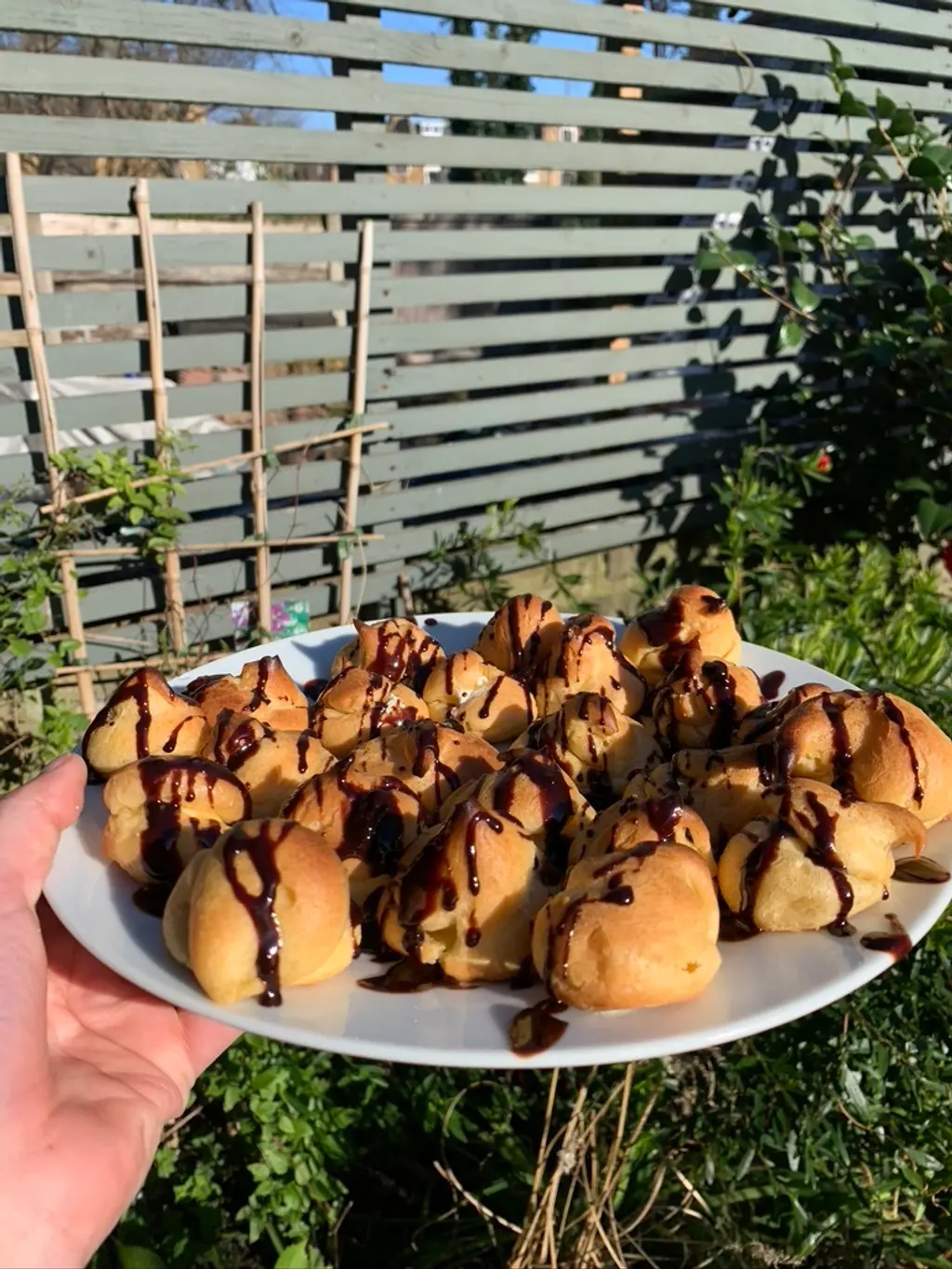
Image submitted by Evie, 19
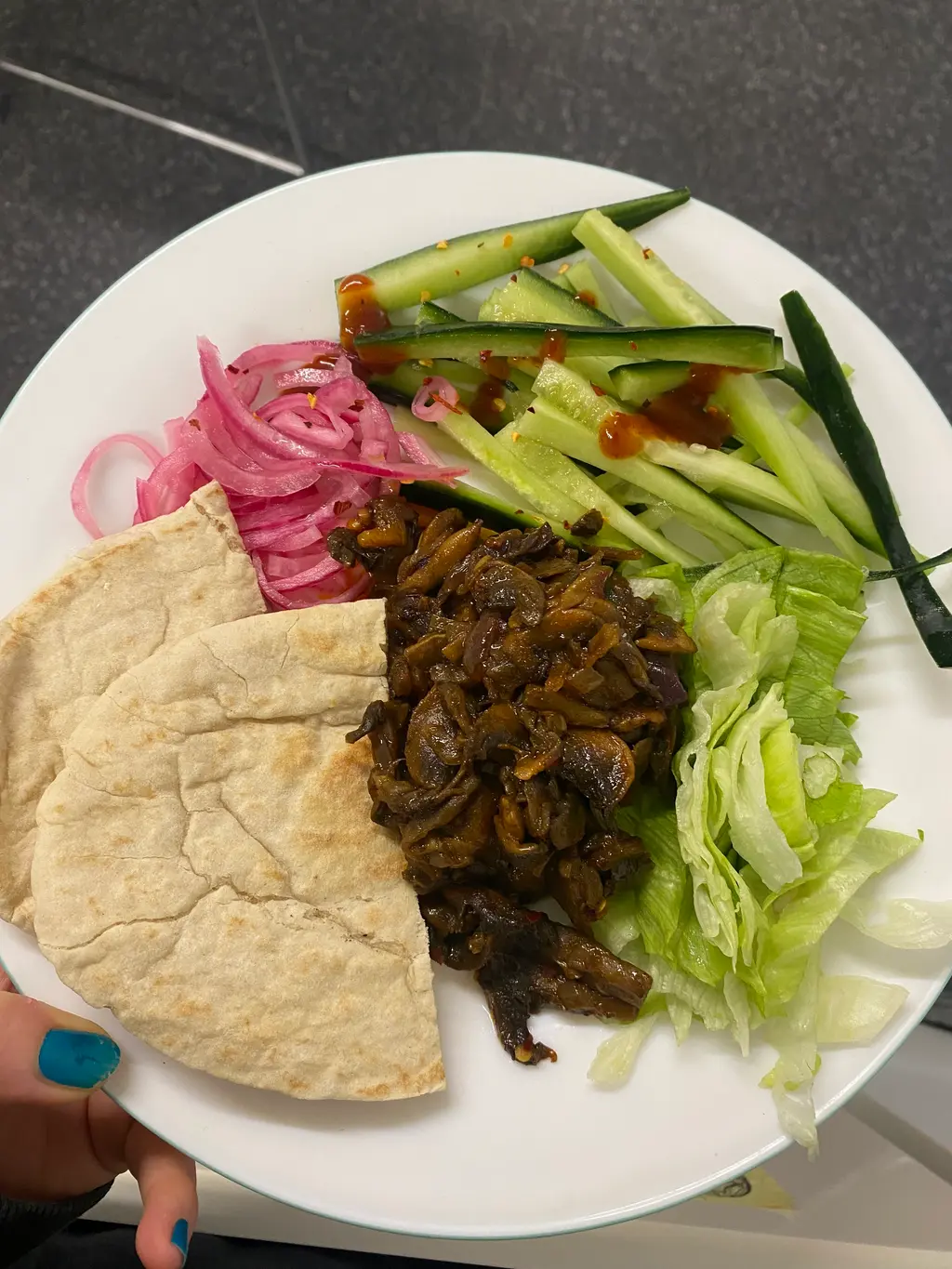
Image submitted by Fern, 20
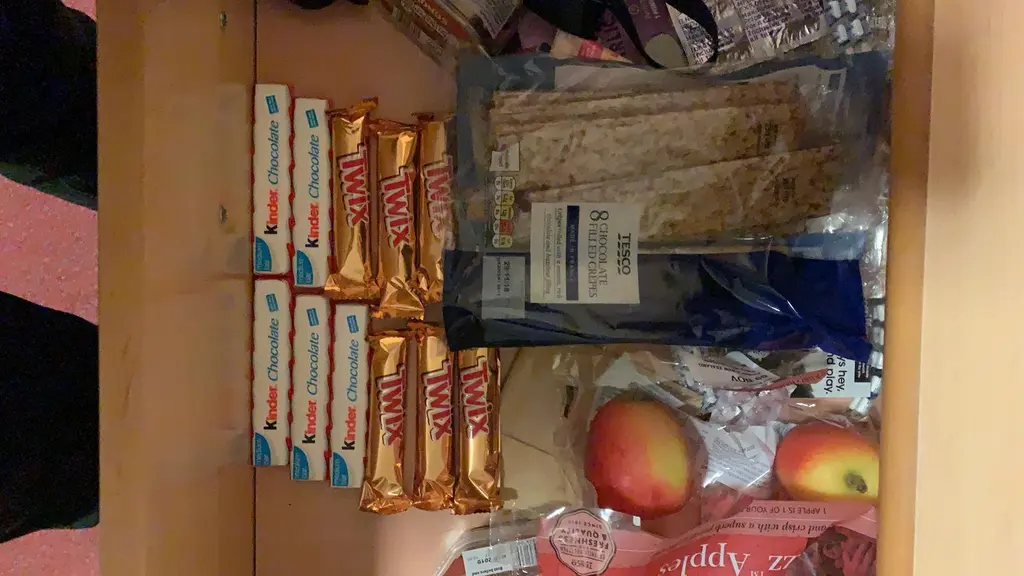
Image submitted by Ahmad, 21
Jogerson, 22
With nothing to do but Netflix and (actually) chill, you guys monstered your way through TV shows, lapping up everything from Homes Under the Hammer to Real Housewives. Some of you returned to classics for comfort – Seinfeld, Grey’s Anatomy, Peep Show, Gilmore Girls – while others opted to while away the hours in front of lockdown phenomenons Tiger King, Normal People and Bridgerton. Either way, you’re all more the prepped to ace the TV round at your next pub quiz.
-
THE CHALLENGES THE CHALLENGES THE CHALLENGES THE CHALLENGES THE CHALLENGES THE CHALLENGES THE CHALLENGES THE CHALLENGES THE CHALLENGES THE CHALLENGES THE CHALLENGES THE CHALLENGES THE CHALLENGES THE CHALLENGES THE CHALLENGES THE CHALLENGES THE CHALLENGES THE CHALLENGES THE CHALLENGES THE CHALLENGES
For a lot of you – us – Covid has been a time of timelessness.
“I fear that I’ve missed out on so many of the traditional ‘coming of age’ events,” said Ella, 17. “I feel a bit emotionally stunted. I was 15 when the pandemic began and now I’m about to be an adult. In a few months, I’m moving out of my town and into a big city all on my own. But I feel like I haven’t existed in the real world for long enough. I still feel like a child trying to navigate everything.”
Ella wasn’t alone in viewing this as the most difficult aspect of the last two years. For Liam, who was also 15 when Covid struck, now “I suddenly have to realise I’m now a 17-year-old with far more responsibilities and pressures.”
In many respondees’ experiences, it was their education that took the biggest hit. “A year of online teaching and spending 21k a year on it,” noted 21-year-old Mohamad. For Riley, 14, the biggest pain was a no-brainer: “Google Classroom.”
Then, for others, the losses were more intimate, more personal, more galling.
“I had my first kiss last week and it was shit,” said 16-year-old Cecily. “I mean the pandemic gave me so much time to think and fantasise about growing up. Now that I have to go through these things, I am disappointed that it’s not what I imagined.”
Below are some of the other challenges you faced:
“Unemployment and feeling behind where I want to be. Loss of structure. I need structure to manage chronic mental health issues. Very hard to maintain with insecure housing and no job.”
Pol, 23
“Protecting my brother. Me and my family had to shield him since day one of lockdown because he’s high risk. Having to be extra cautious because our situation is not like the majority, I struggled a lot seeing people I knew meet up with each other at the end of the first lockdown because I knew I wouldn’t be able to do that for a much longer time.”
Karissa, 20
“Honestly, it’s the waves of misinformation and lies that have been spread throughout the pandemic. Seeing family members and friends sharing blatantly untrue statistics or infographics, it does hurt. Social media has played a huge part in how people not only perceive Covid but also the people around them, because behind every antivaxx post is someone’s uncle or nan.”
Danny, 20
“Attending a friend’s funeral when it was the rule of six. Everyone was sat outside watching it on their phones. It was such a surreal experience to have restrictions on something like that.”
India, 19
“Making money and being able to pay for food. If I didn’t have universal credit I’d be fucked.”
Lola, 21
-
THE POSITIVES THE POSITIVES THE POSITIVES THE POSITIVES THE POSITIVES THE POSITIVES THE POSITIVES THE POSITIVES THE POSITIVES THE POSITIVES THE POSITIVES THE POSITIVES THE POSITIVES THE POSITIVES THE POSITIVES THE POSITIVES THE POSITIVES THE POSITIVES THE POSITIVES THE POSITIVES
Say it again: it wasn’t all bad. Some people reported improvements in their mental health and fitness, mastered new skills and built new relationships. Some launched magazines, learned to skateboard, how to cook, fell in love. “I ended up having one of the best years of my life,” said Izzi, 19.
Many found that they grew closer to their families. For 14-year-old Lucy, “the best thing I brought out of it is my relationship with my mum. Before we’d never talk and now I can talk to her like a friend.” Another positive was an appreciation for the NHS, and health in general. As Zoe, 22, wrote: “I’m still alive.”
One common theme was people working out what was important to them, whether that meant moving out of the city for a slower pace of life, quitting unhappy jobs or embracing their sexual identity. “I have come out as non-binary and now feel like myself,” said 22-year-old Denise.
And in fact, some of our responders are nostalgic for lockdown. “An introvert’s paradise, I miss it immensely,” said Sarah, 23.

Below are some of the other positives you described.
“Before the first lockdown in 2020, I was going through a serious gender crisis. Lockdown, in some weird twisted way, was just the thing I needed where I could dress exactly how I wanted and experiment with my look and gender expression in the comfort of my own home.”
Freya, 18
Jonah, 23
“Getting to know my grandmother, living with her and caring for her during 2020. We went on director binges together – the largest was Rainer Fassbinder. I hadn’t known her very well until then, we always lived in different countries. My family are closer than ever.”
Pol, 23
Kimon, 22
“I found myself enjoying being alone. I think sometimes people find it hard to be on their own even for like one hour, they need that silence to be filled out by other people, a TV show, some music etc. I think that is all good, but being able to live with yourself and your thoughts is also very important, and so I really think the lockdowns have helped me come to terms with and enjoy my own time.”
Guillermo, 22
James, 22
“Rishi Sunak did the only good thing he’s ever done in his life, which was launch the Kickstart scheme. The launch was shoddily done for the first six months of its life, but by the summer of 2021, me and many other 16 – 24-year-olds had found a light at the end of the career tunnel. My personal experience couldn’t have gone any smoother, and this is coming from someone who was bawling her eyes out in the car park after her shifts at her local cinema. I’m waiting to hear back from my old employer about a writing job that they’ve been advertising, so stay tuned…”
Lyla, 23
Hamish, 21

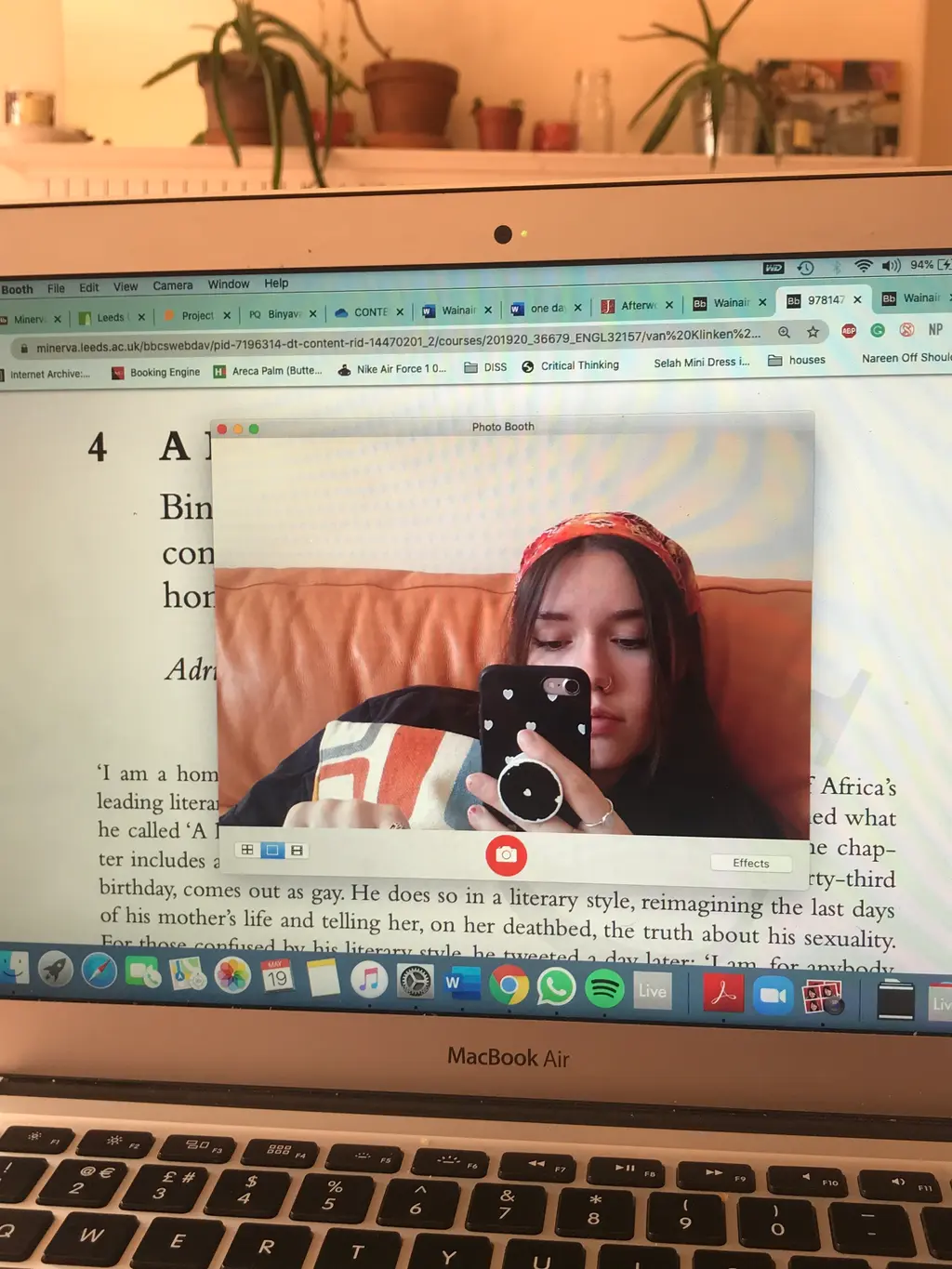
Image submitted by Isabelle, 23
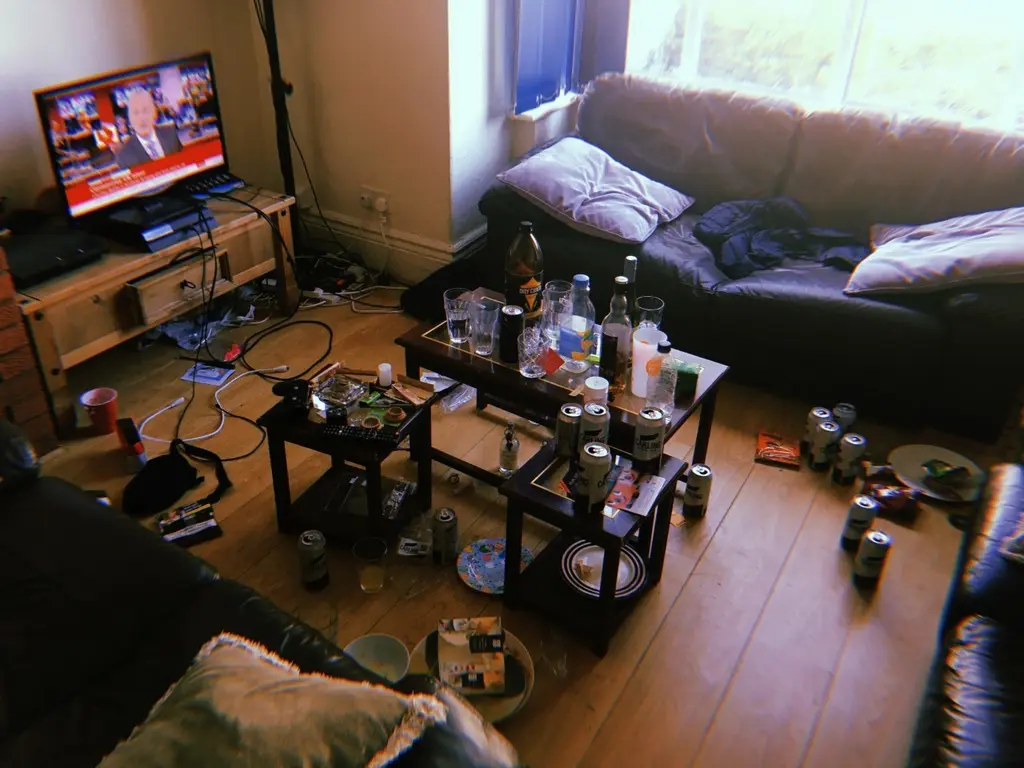
Image submitted by George, 21
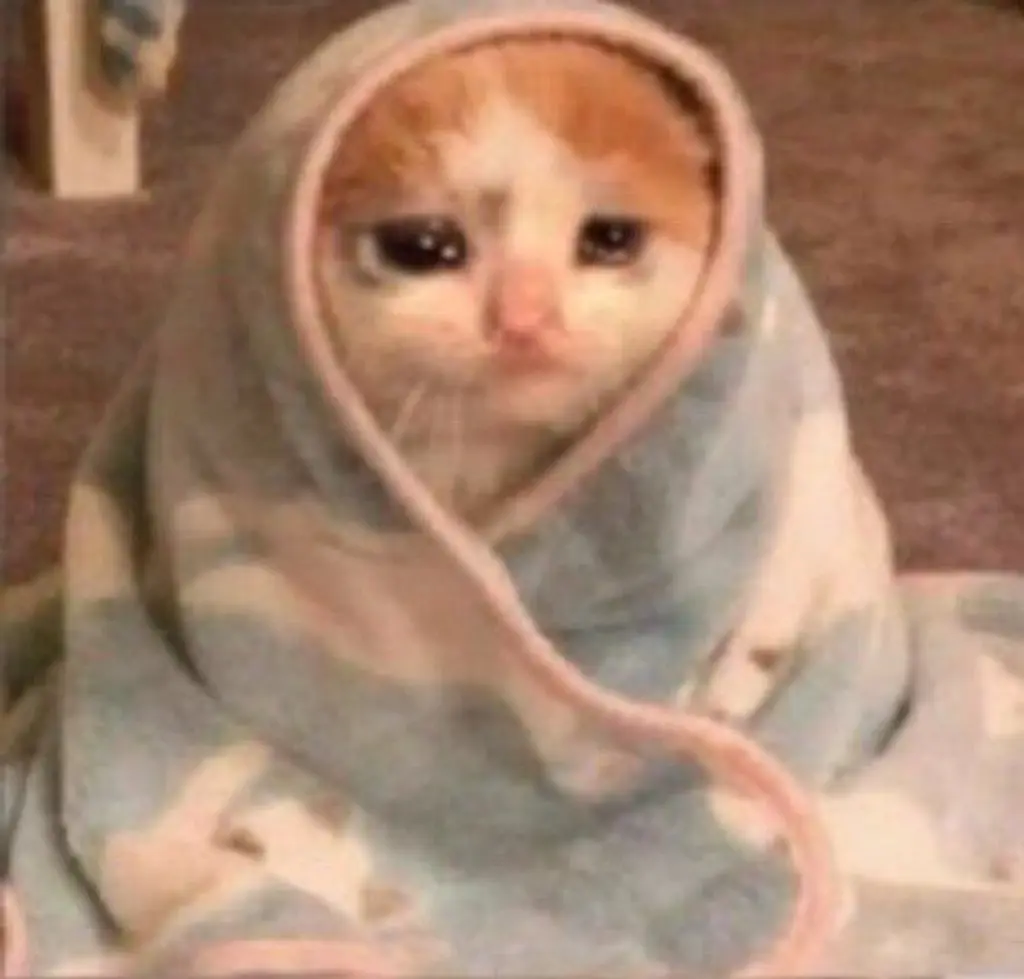
Image submitted by Maddie, 21
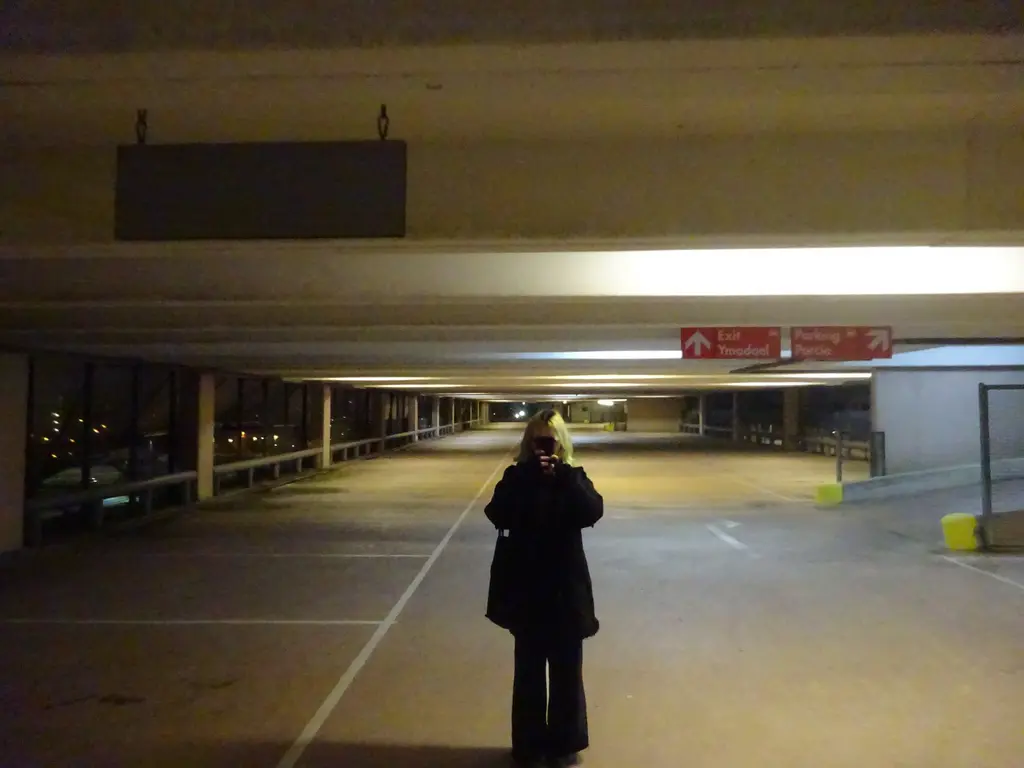
Image submitted by Joe, 18
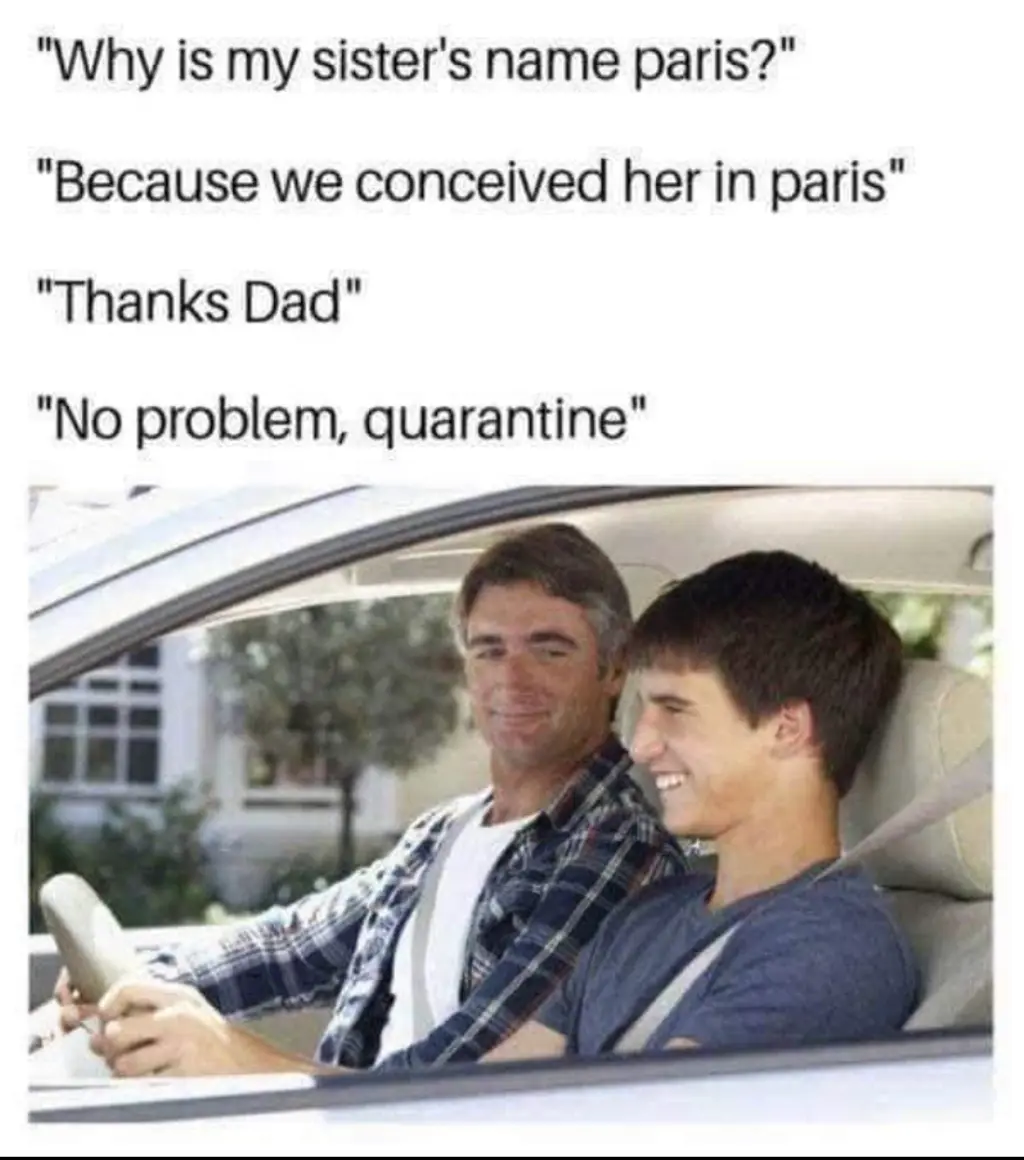
Image submitted by Matilda, 20
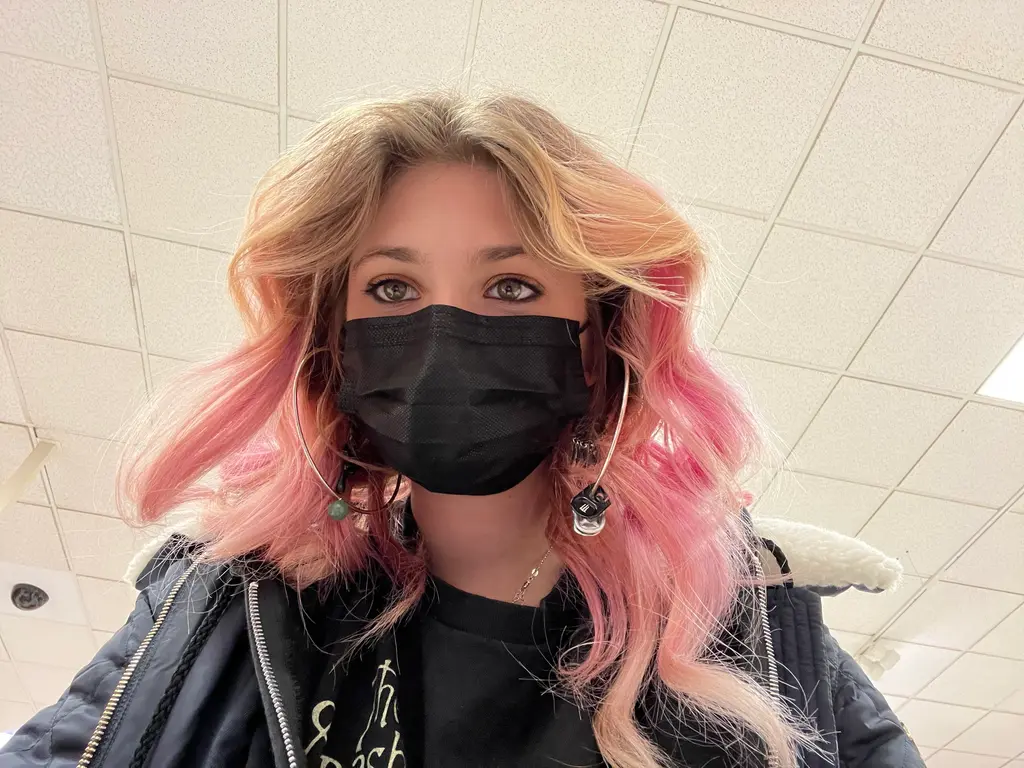
Image submitted by Sydney, 18
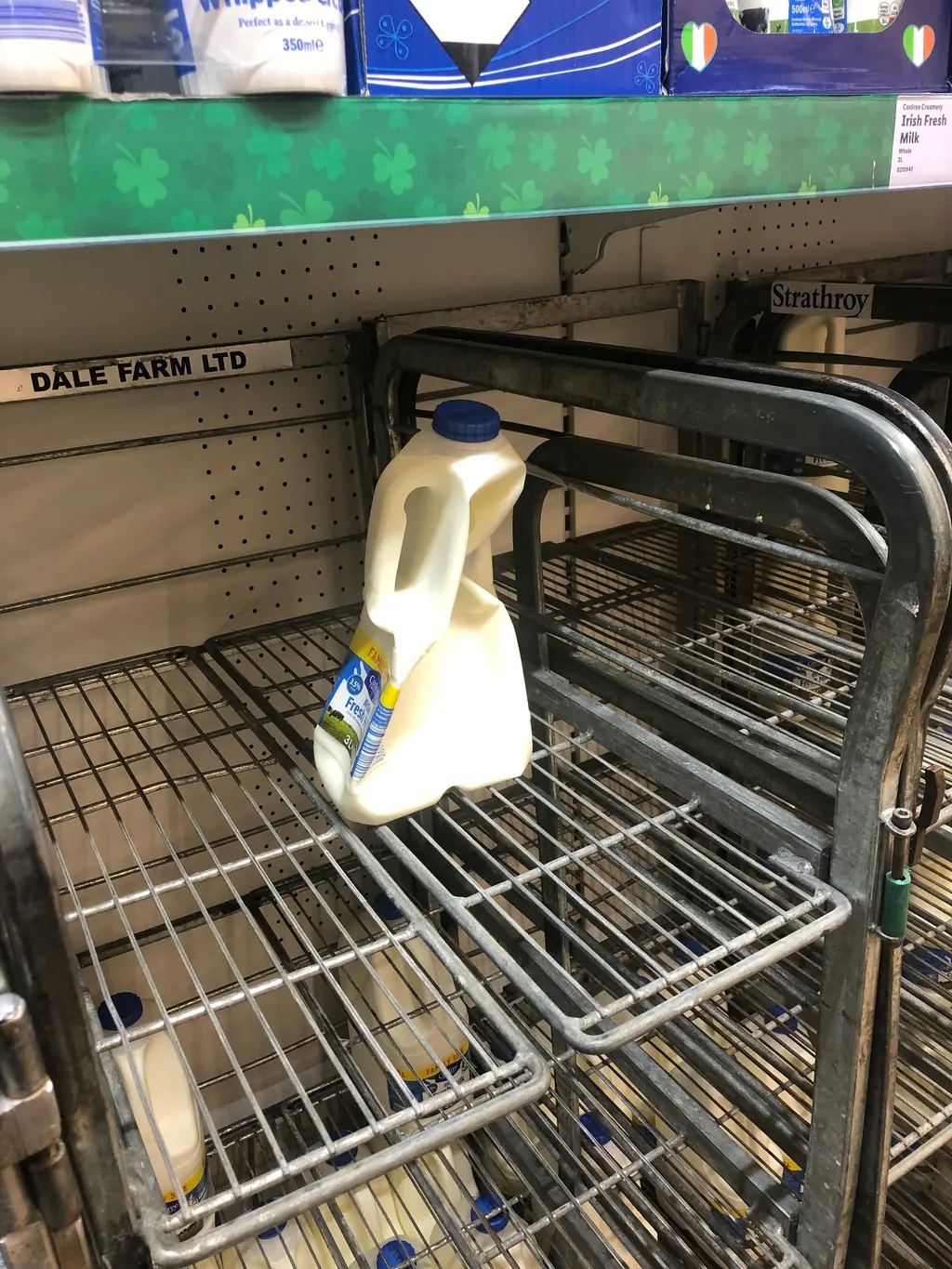
Image submitted by Jack, 23
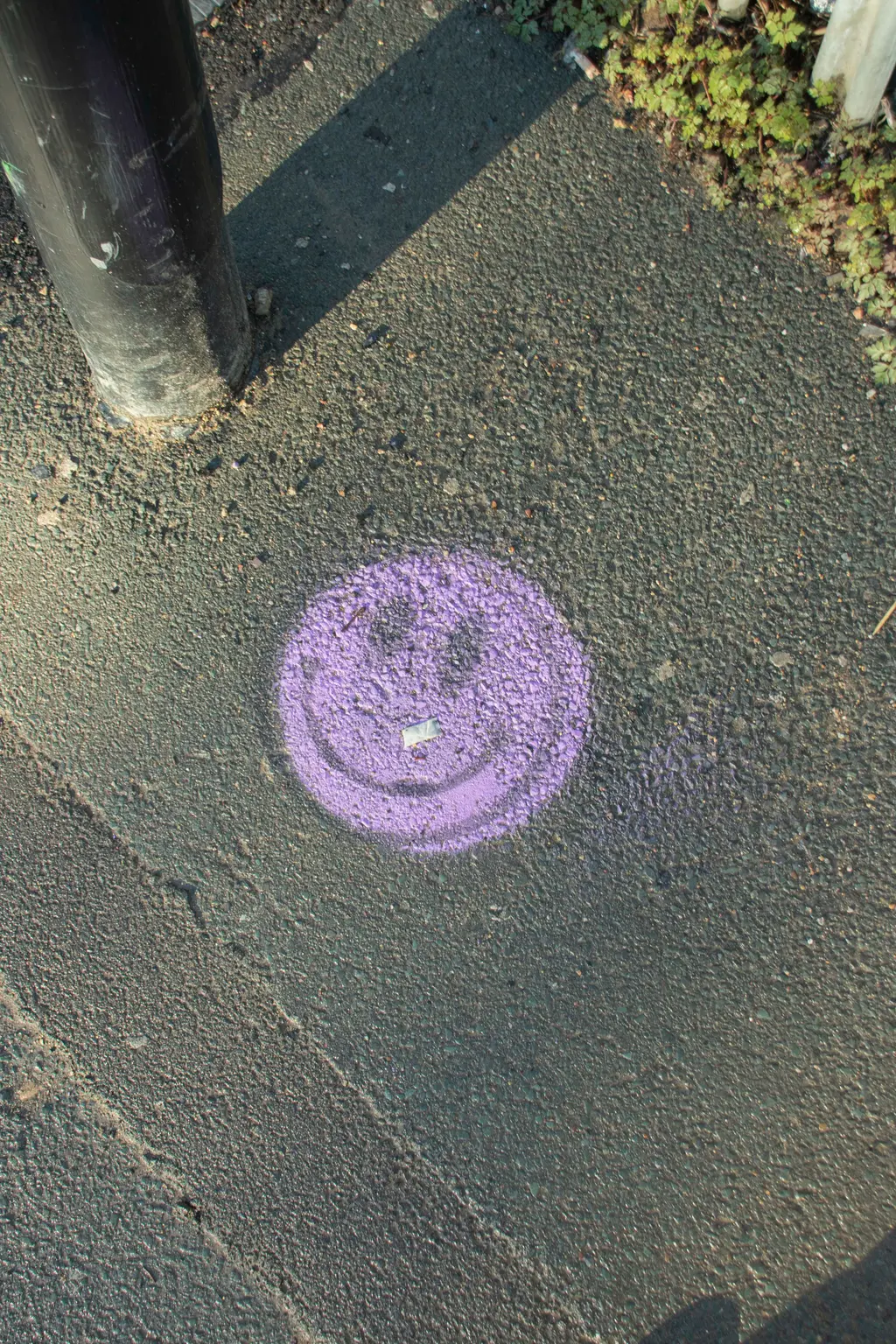
Image submitted by Eve, 20
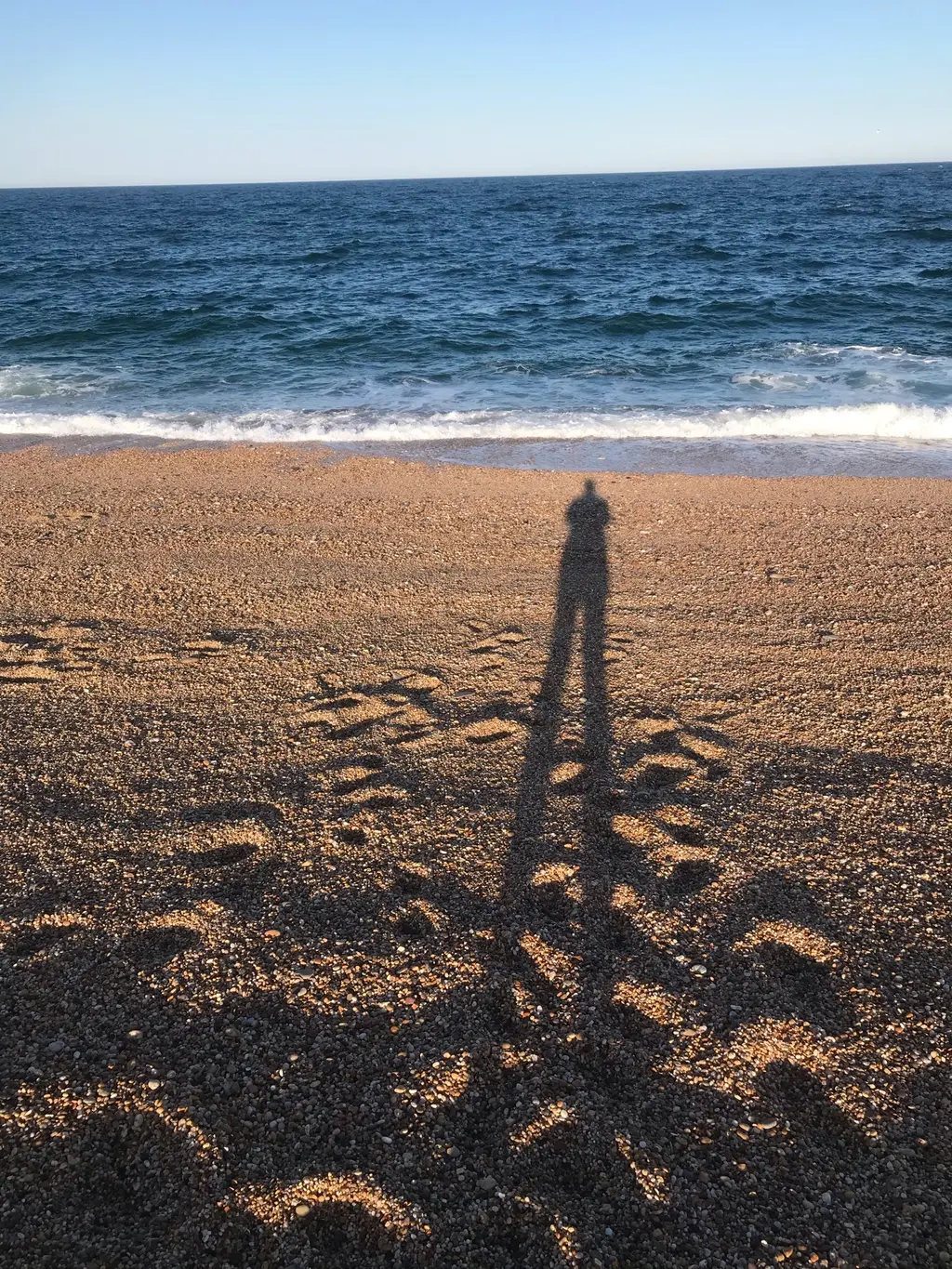
Image submitted by Becca, 23
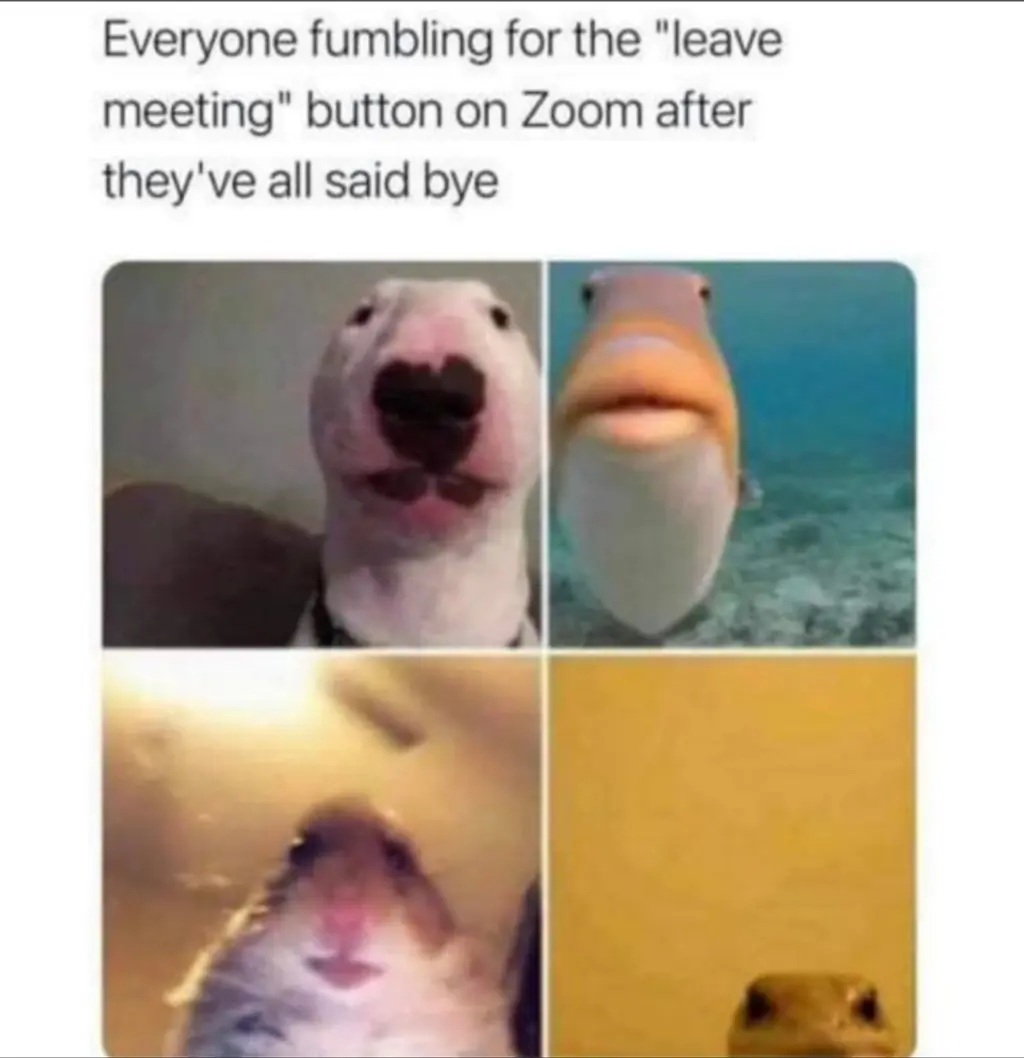
Image submitted by Ben, 15
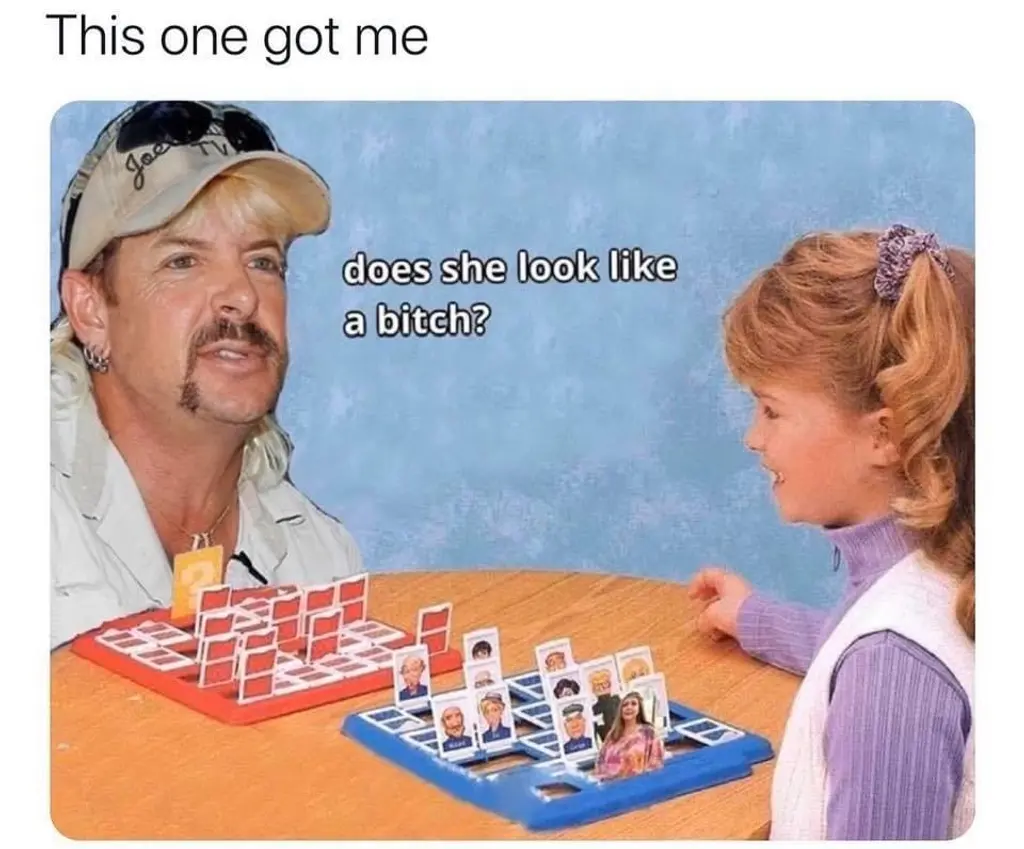
Image submitted by Lily May, 23
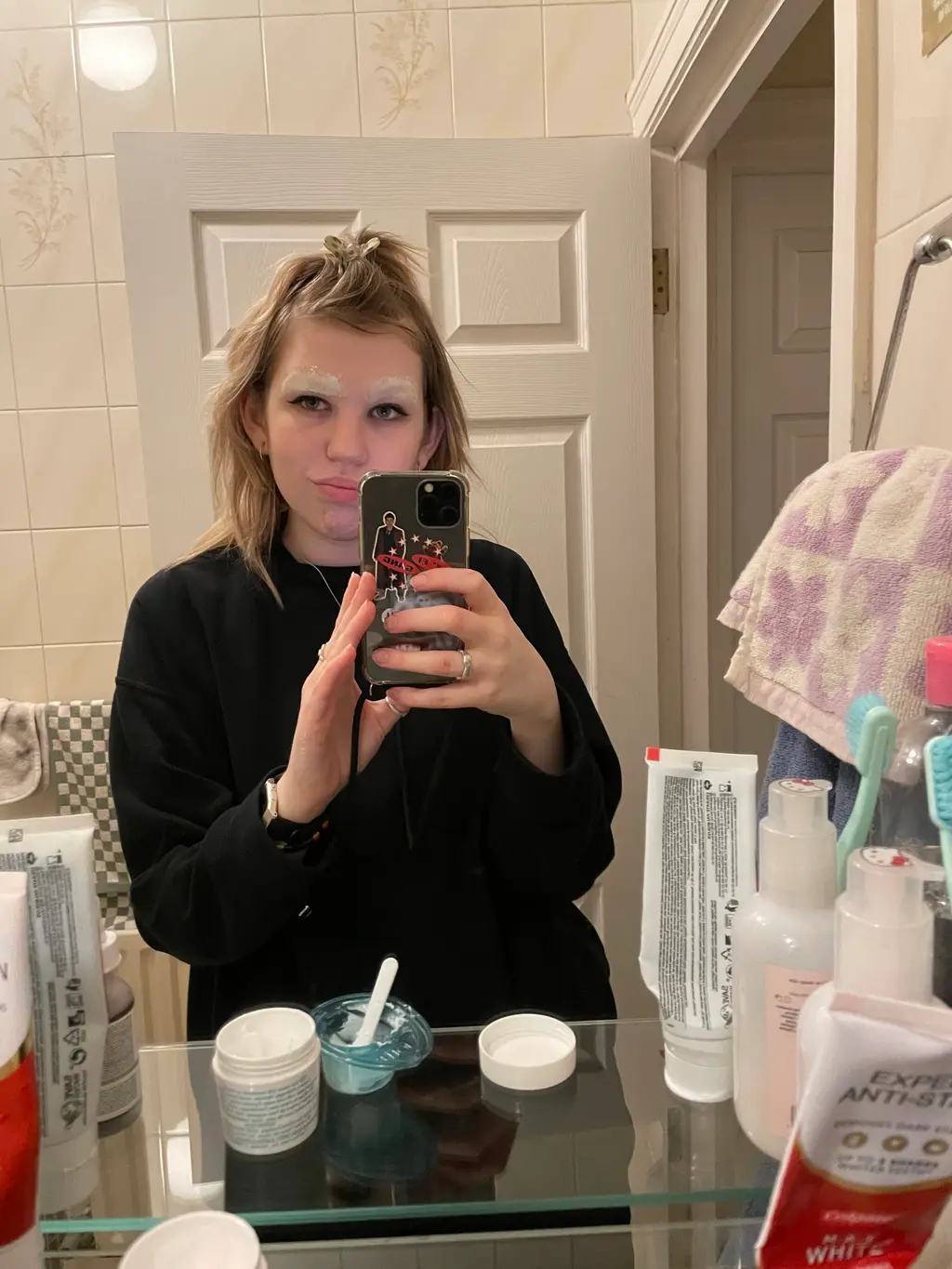
Image submitted by Holly, 23
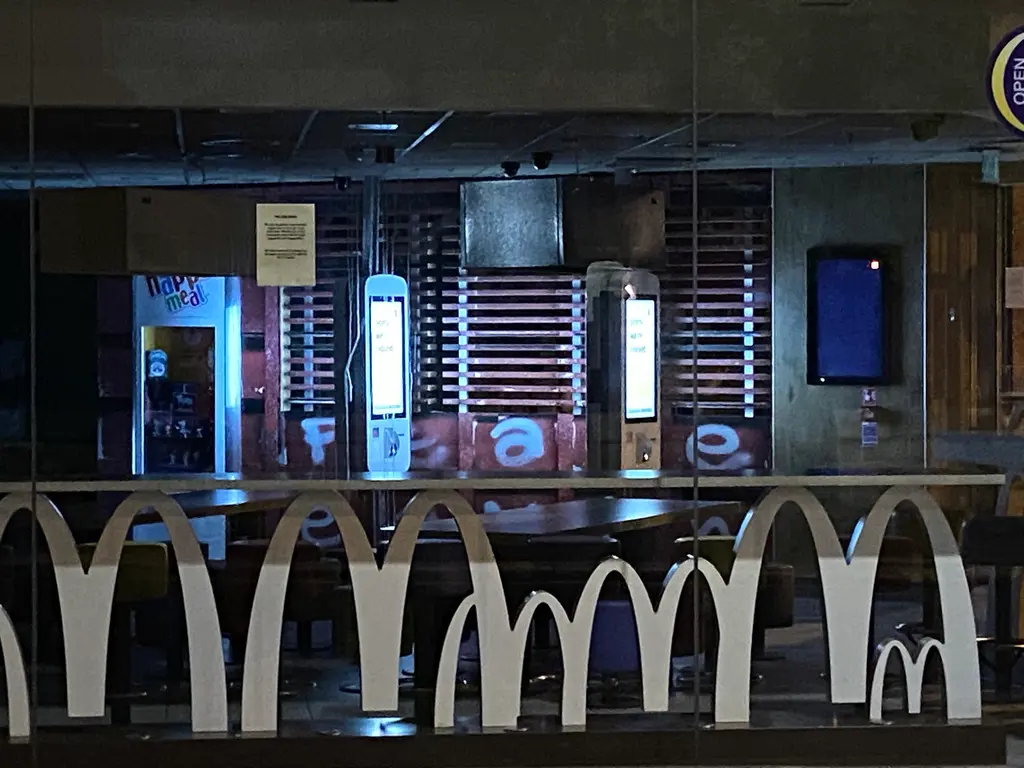
Image submitted by Kimon, 22
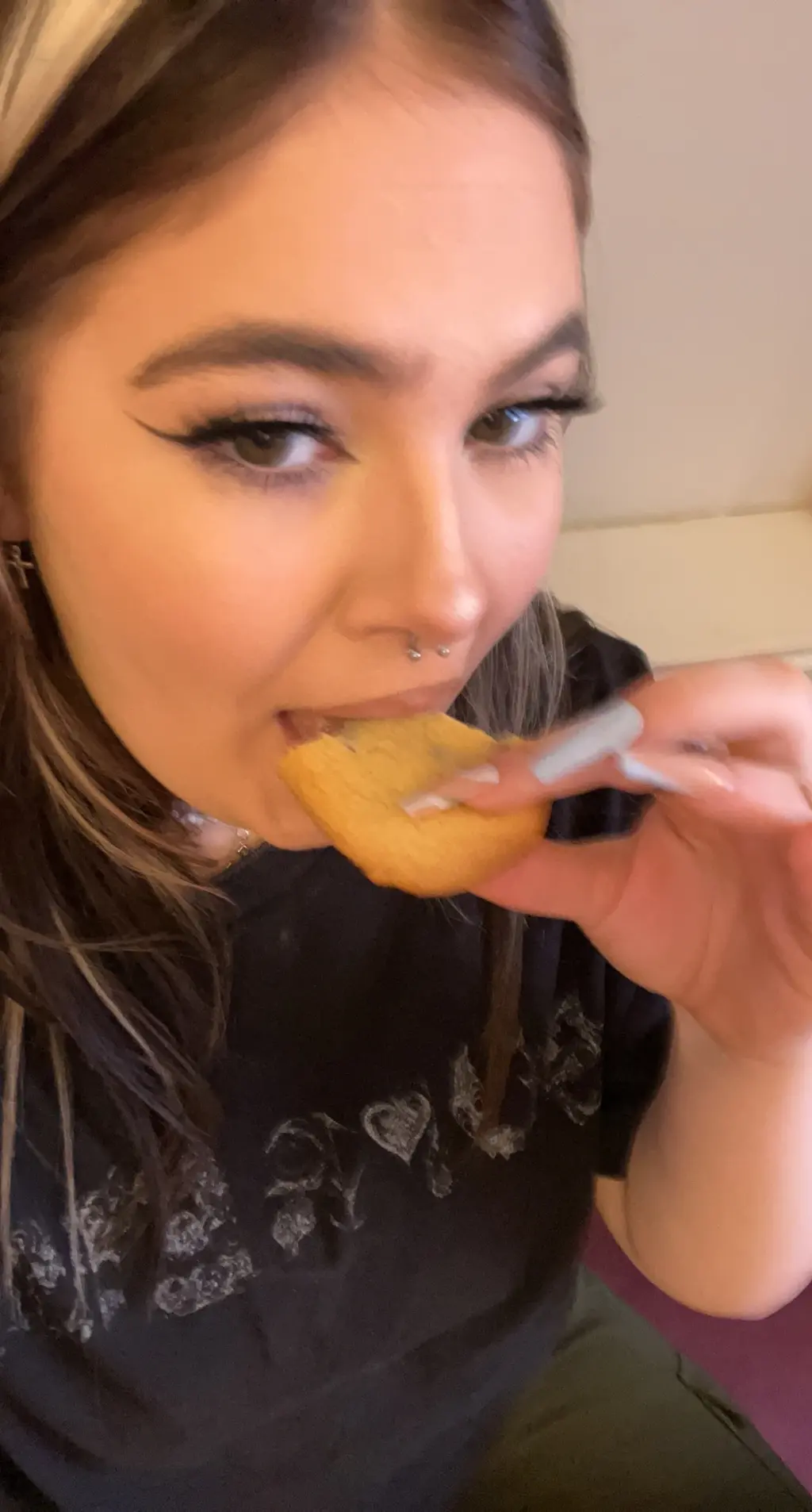
Image submitted by Tayla, 20
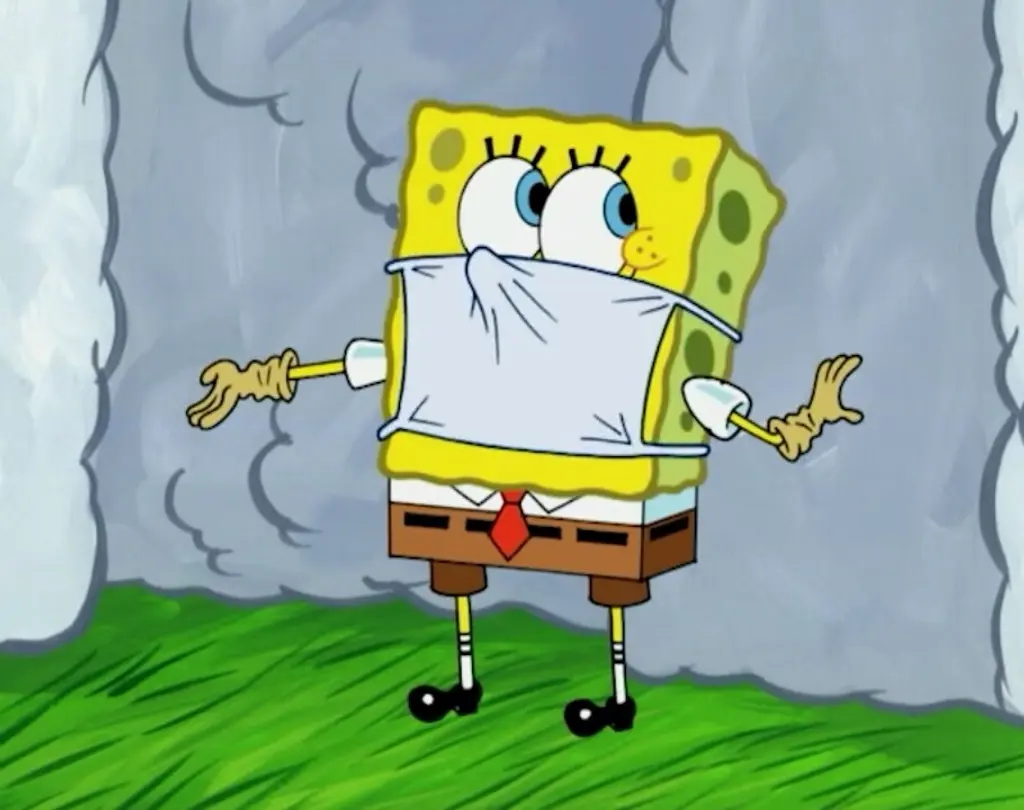
Image submitted by Shanique, 21
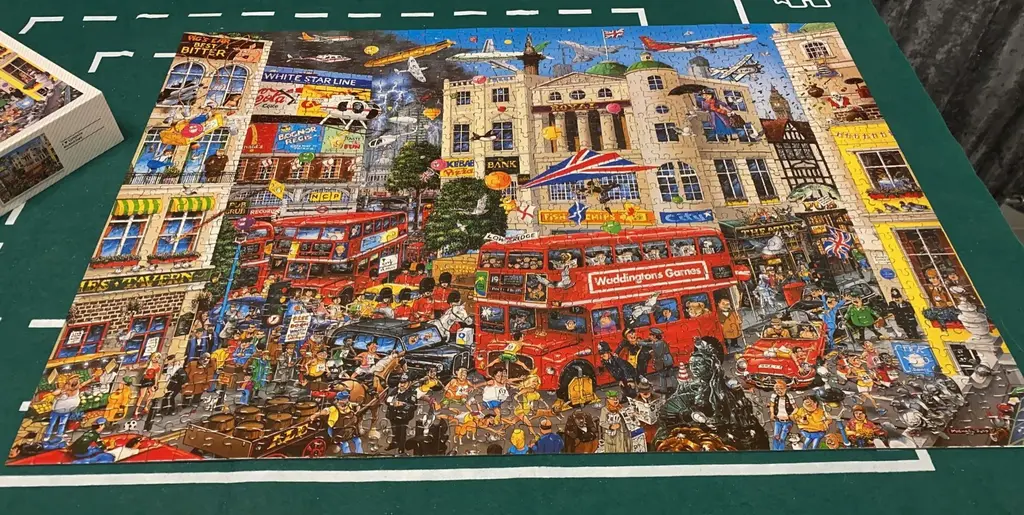
Image submitted by Beth, 20
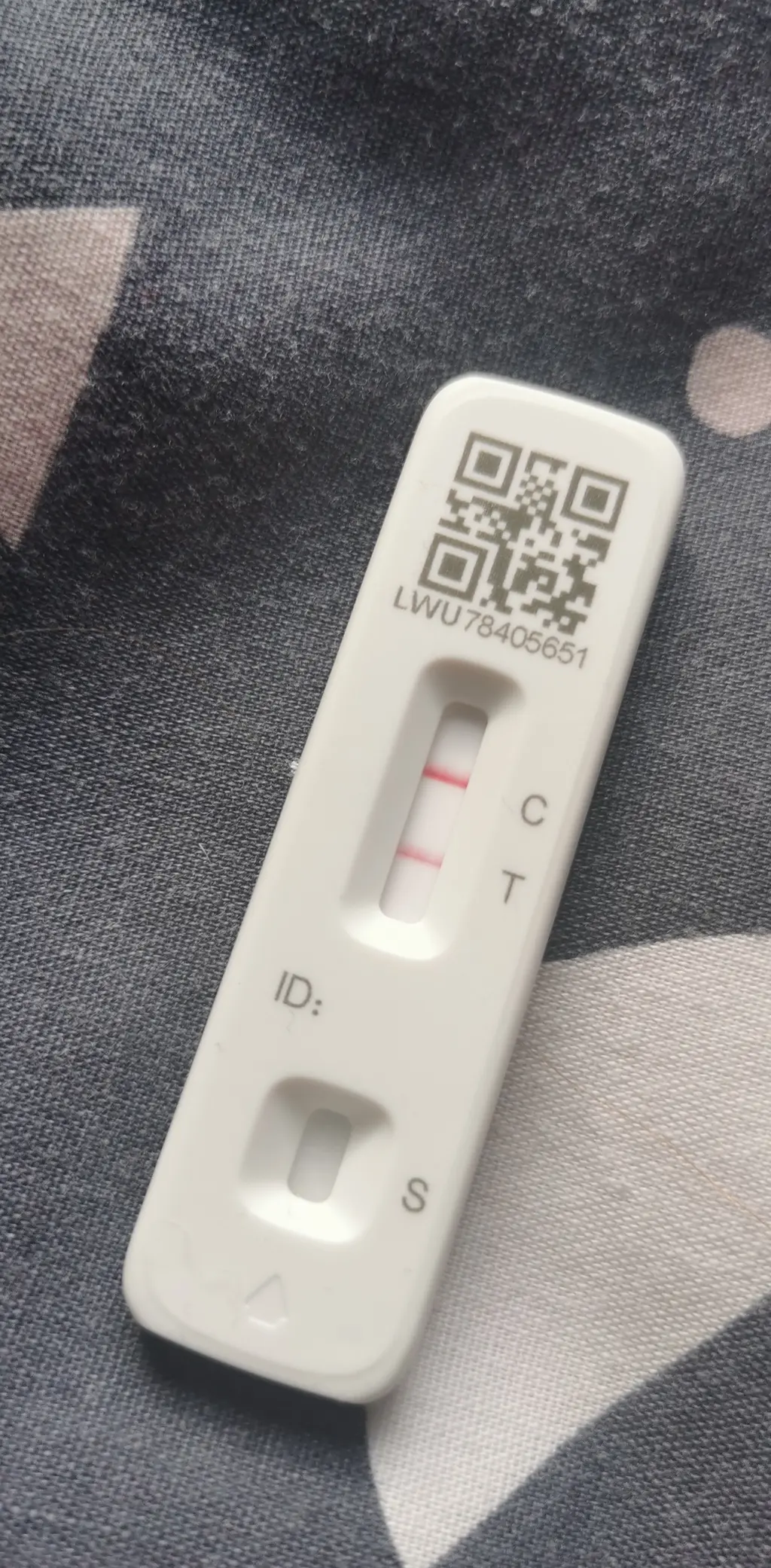
Image submitted by Georgia, 23
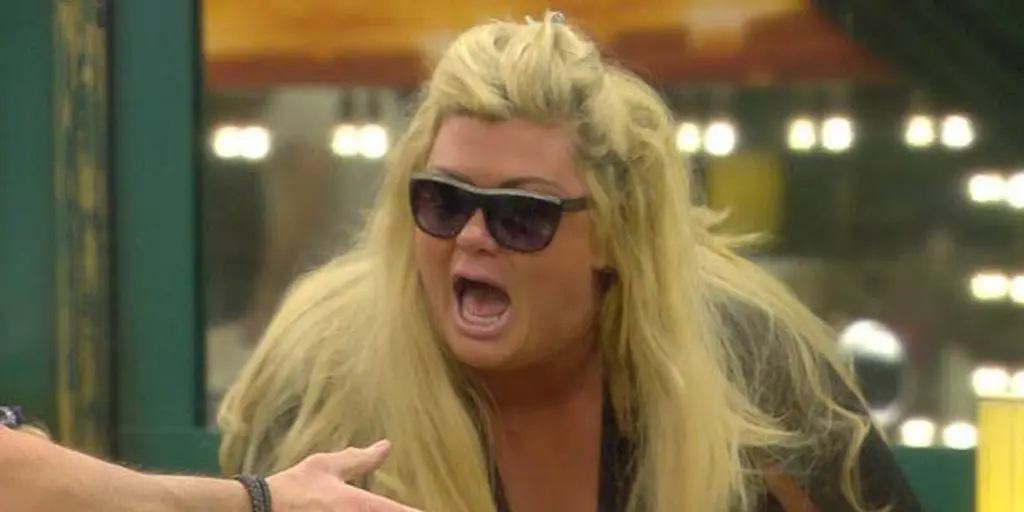
Image submitted by Emilia, 21
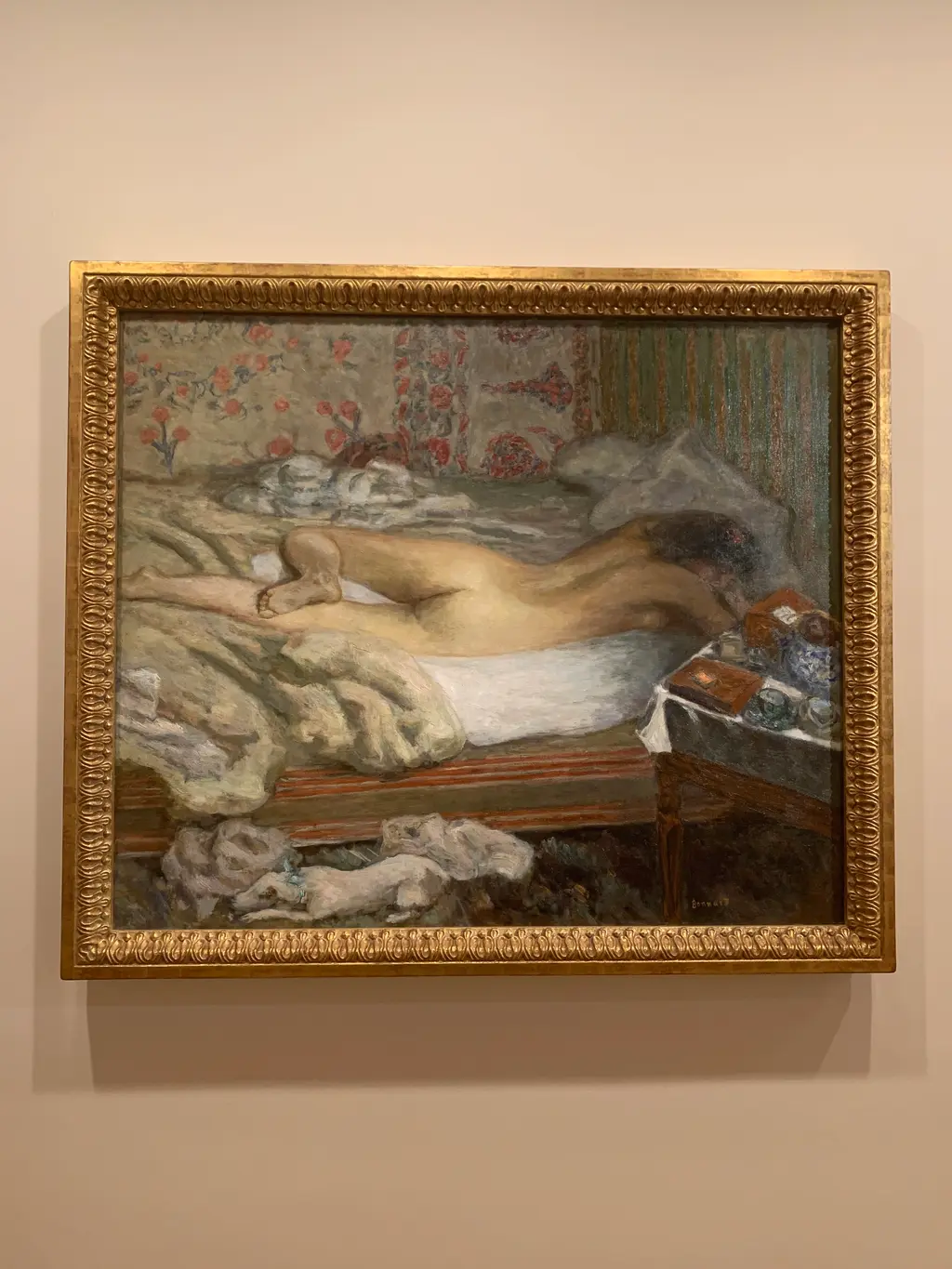
Image submitted by Mikaela, 18
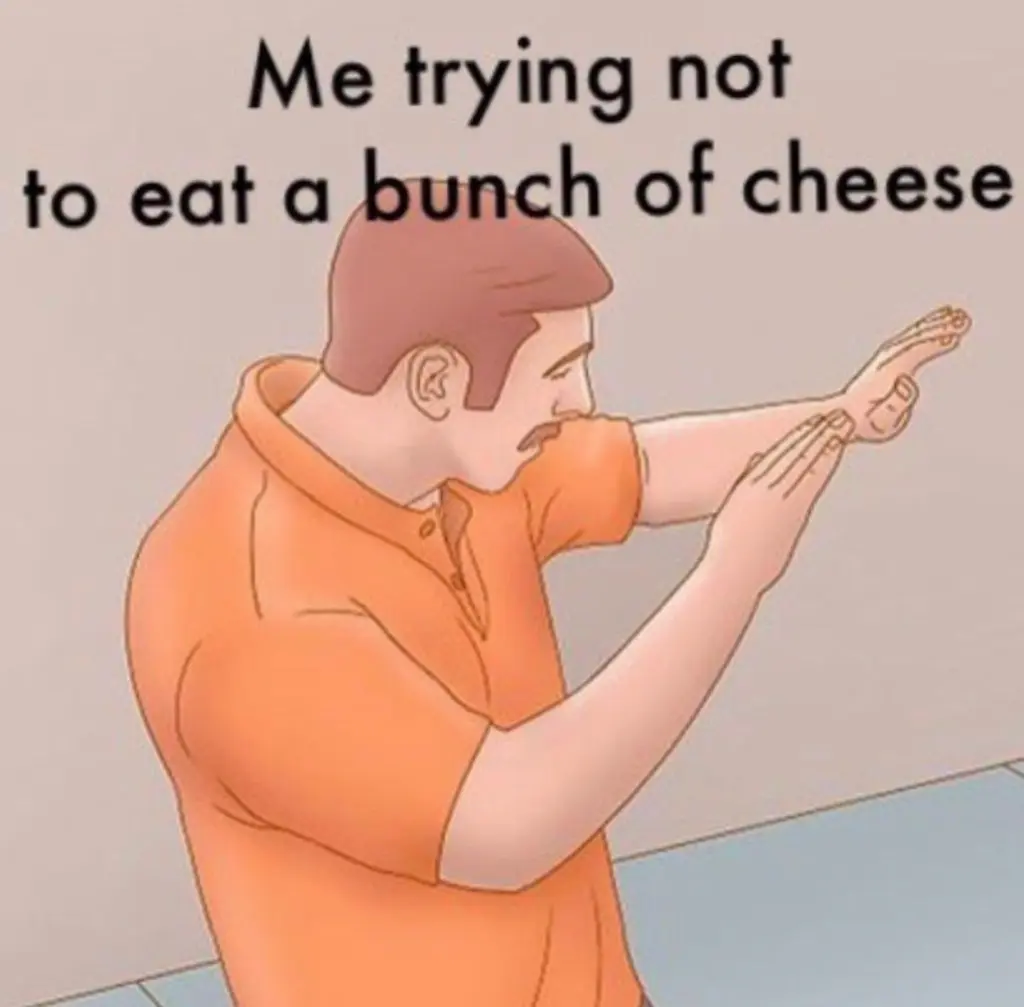
Image submitted by Molly, 16
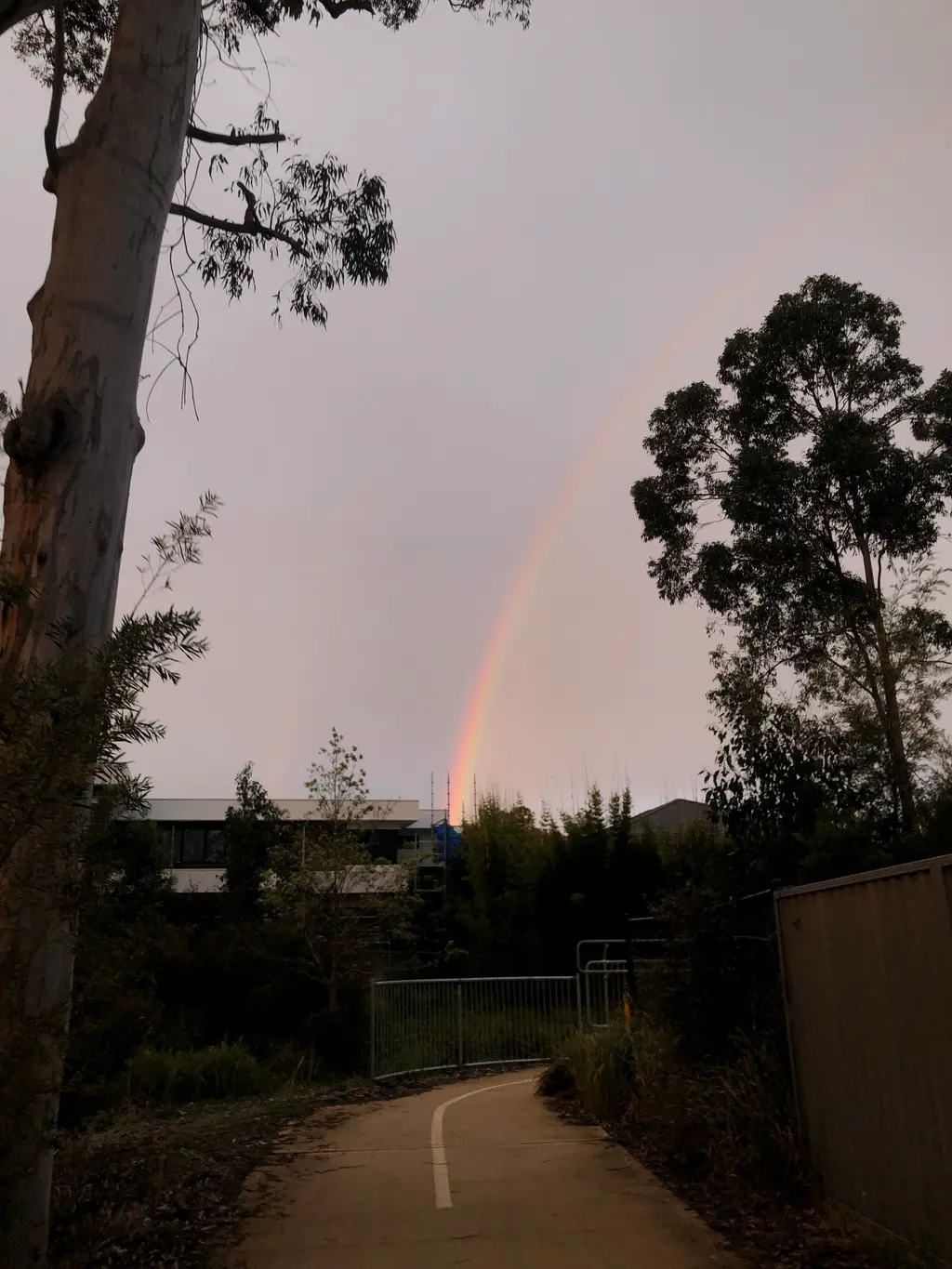
Image submitted by Immy, 21
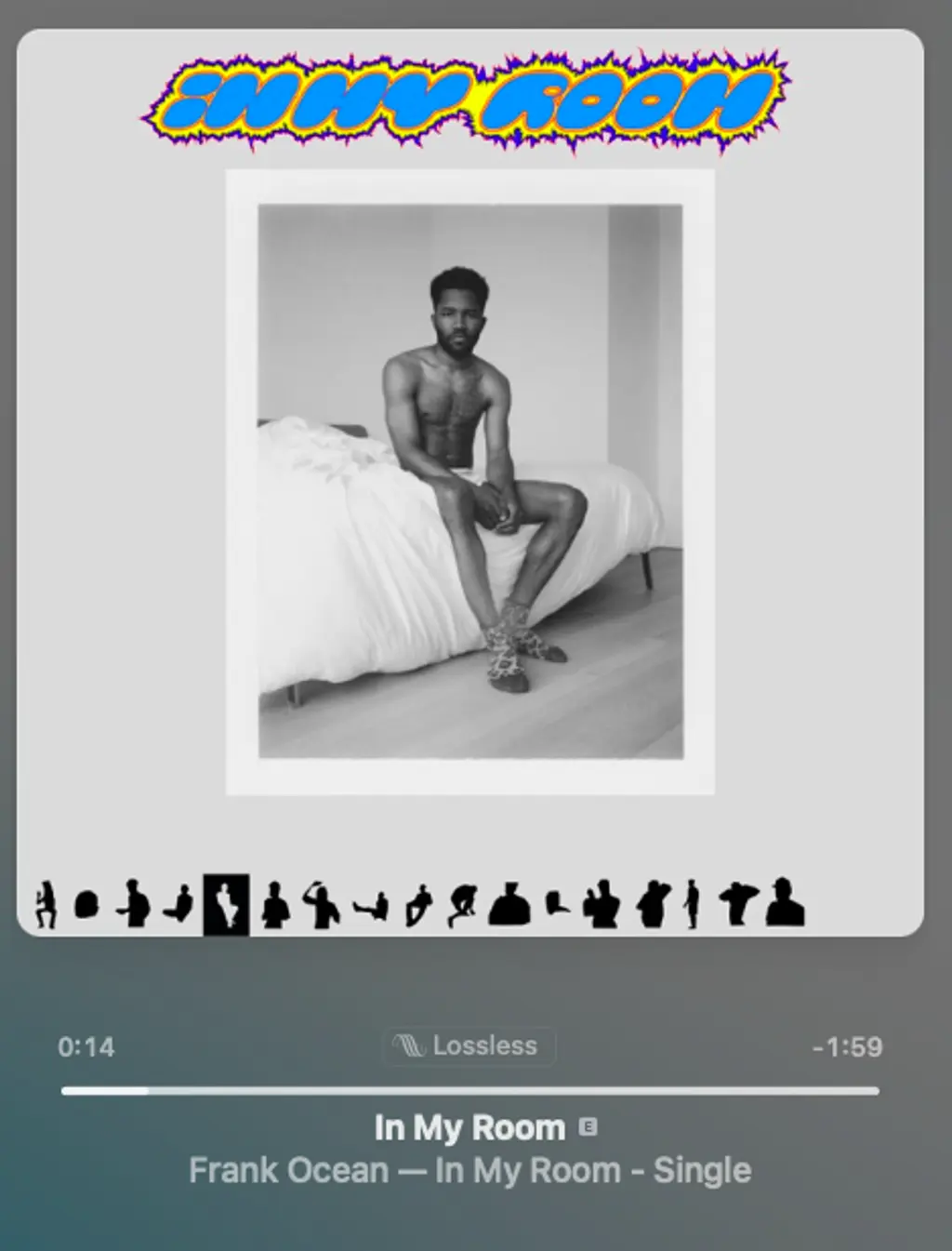
Image submitted by Nathan, 21
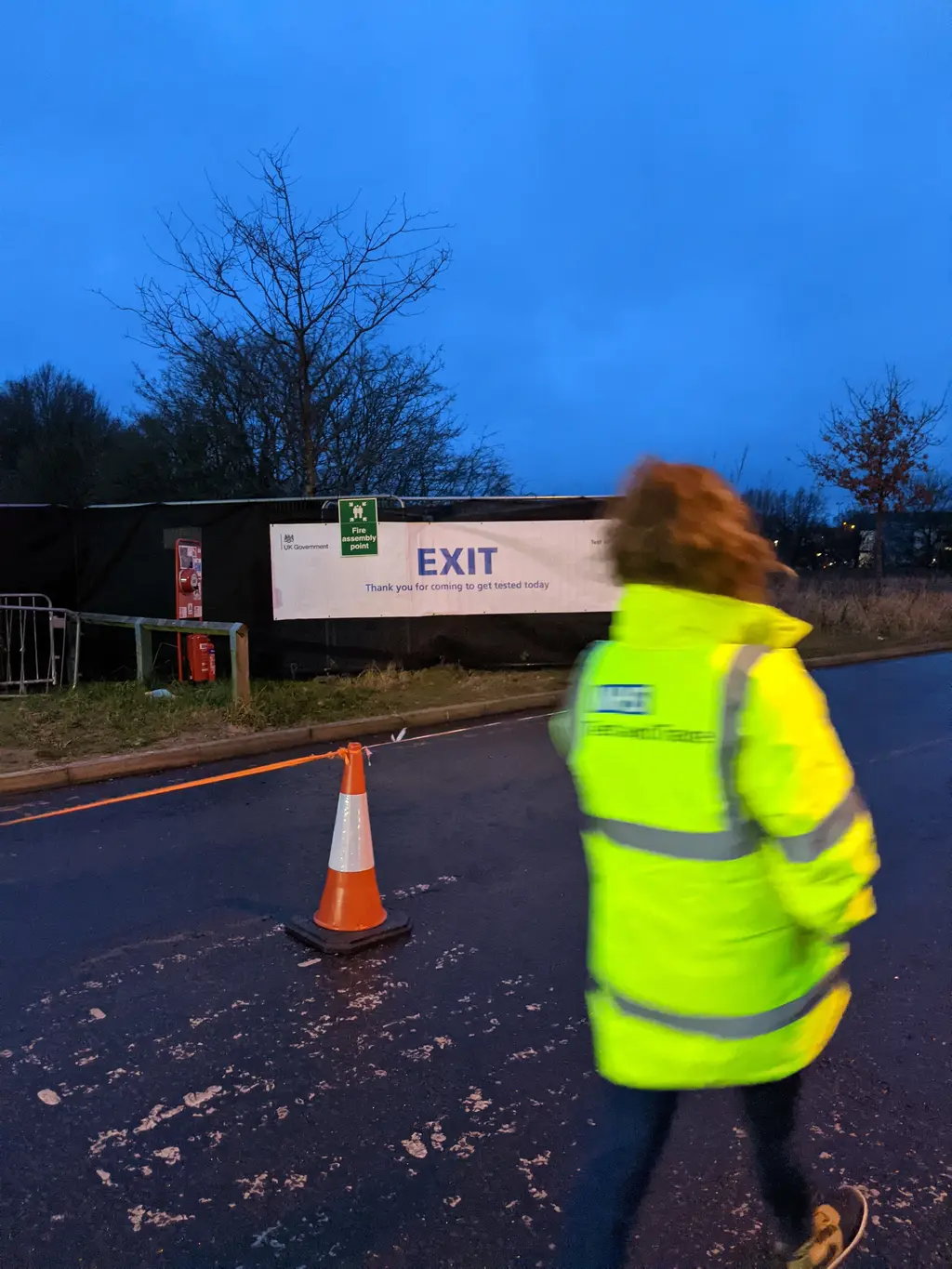
Image submitted by Three Gleave, 22
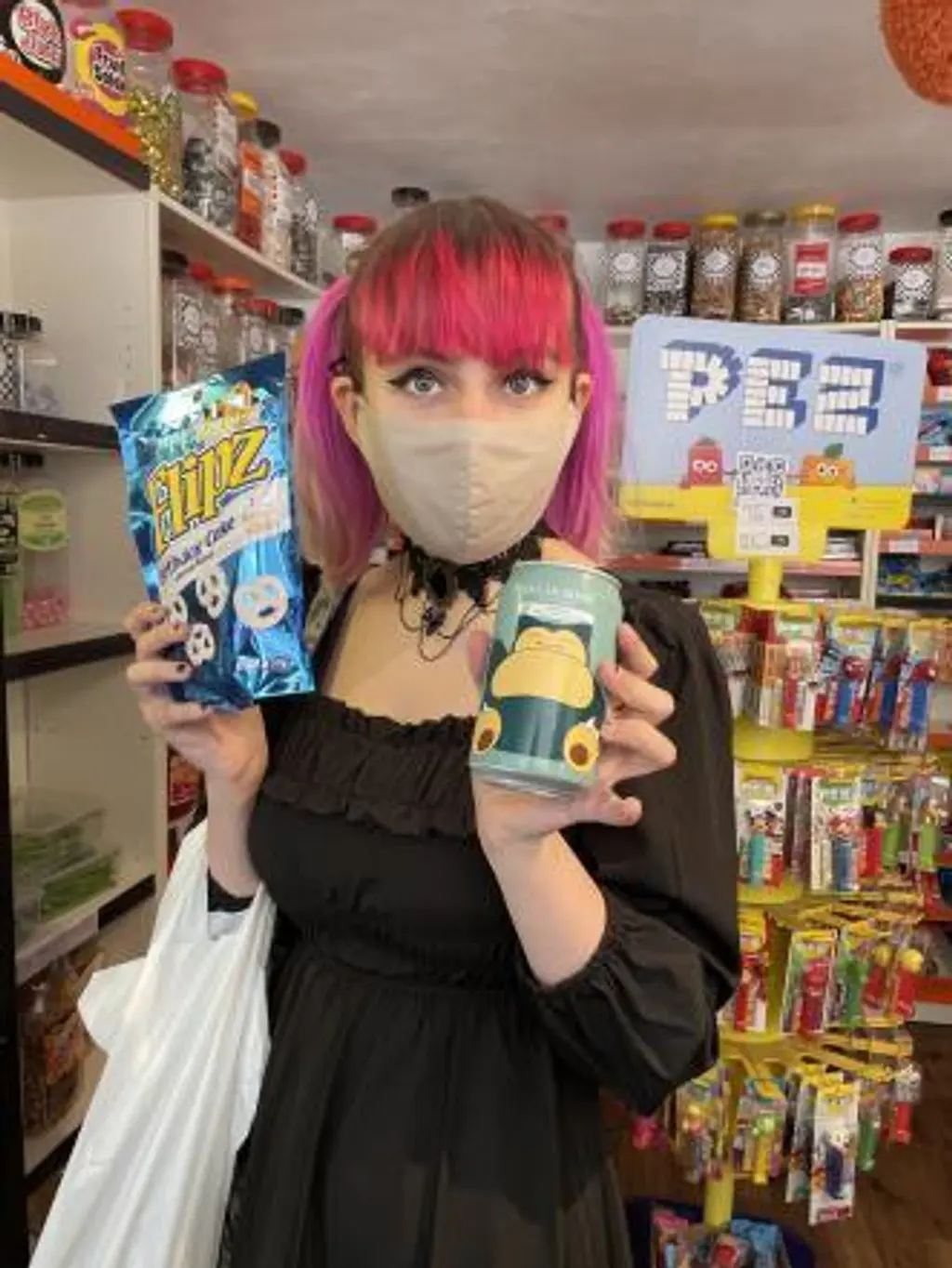
Image submitted by Poppy, 19
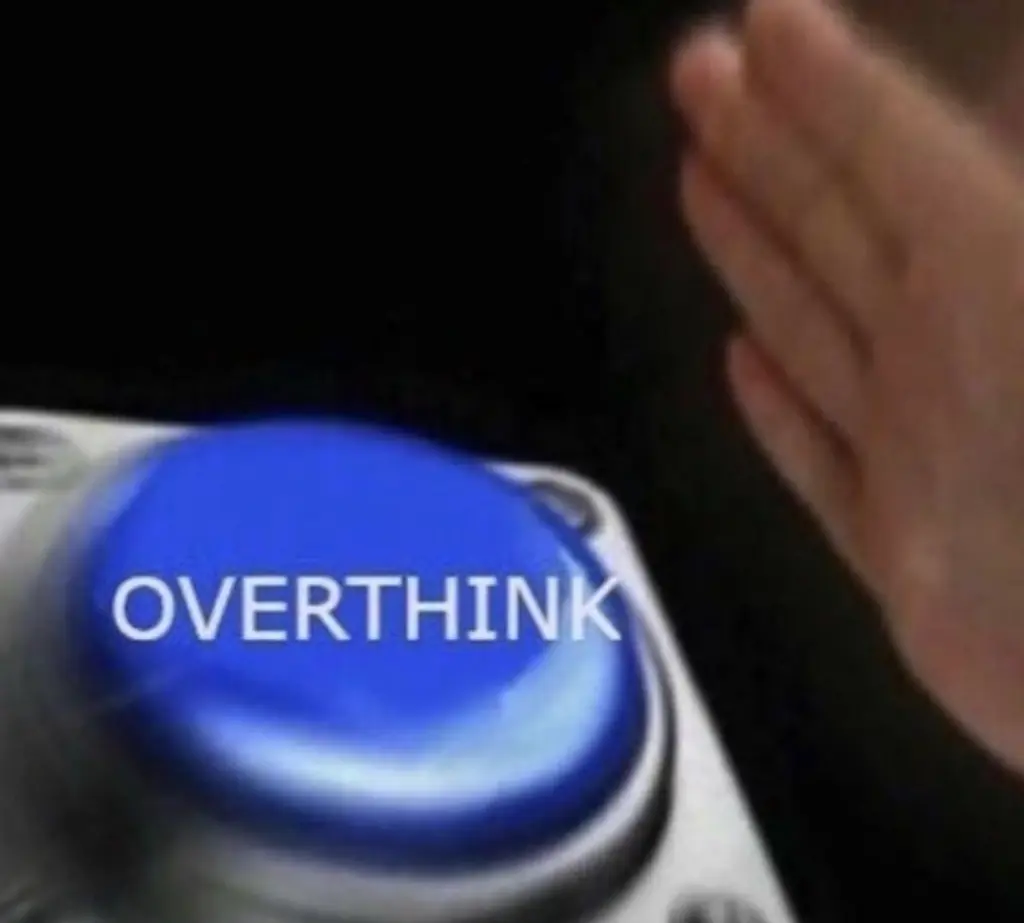
Image submitted by Leila, 18
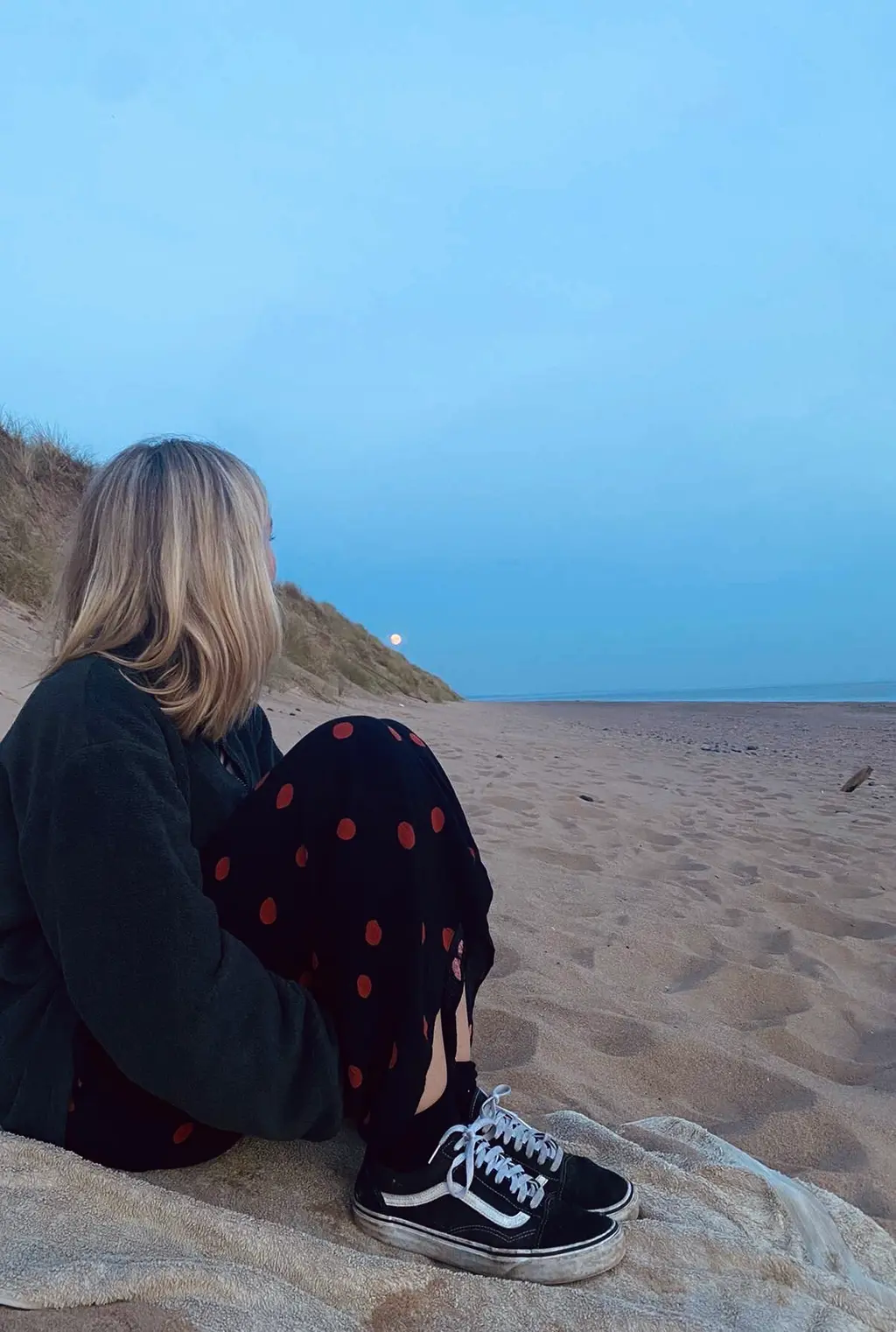
Image submitted by Evie, 22
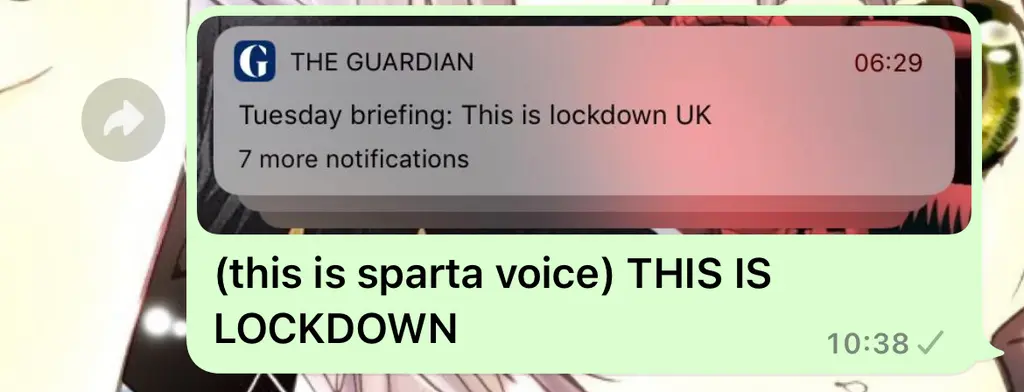
Image submitted by Ró, 21
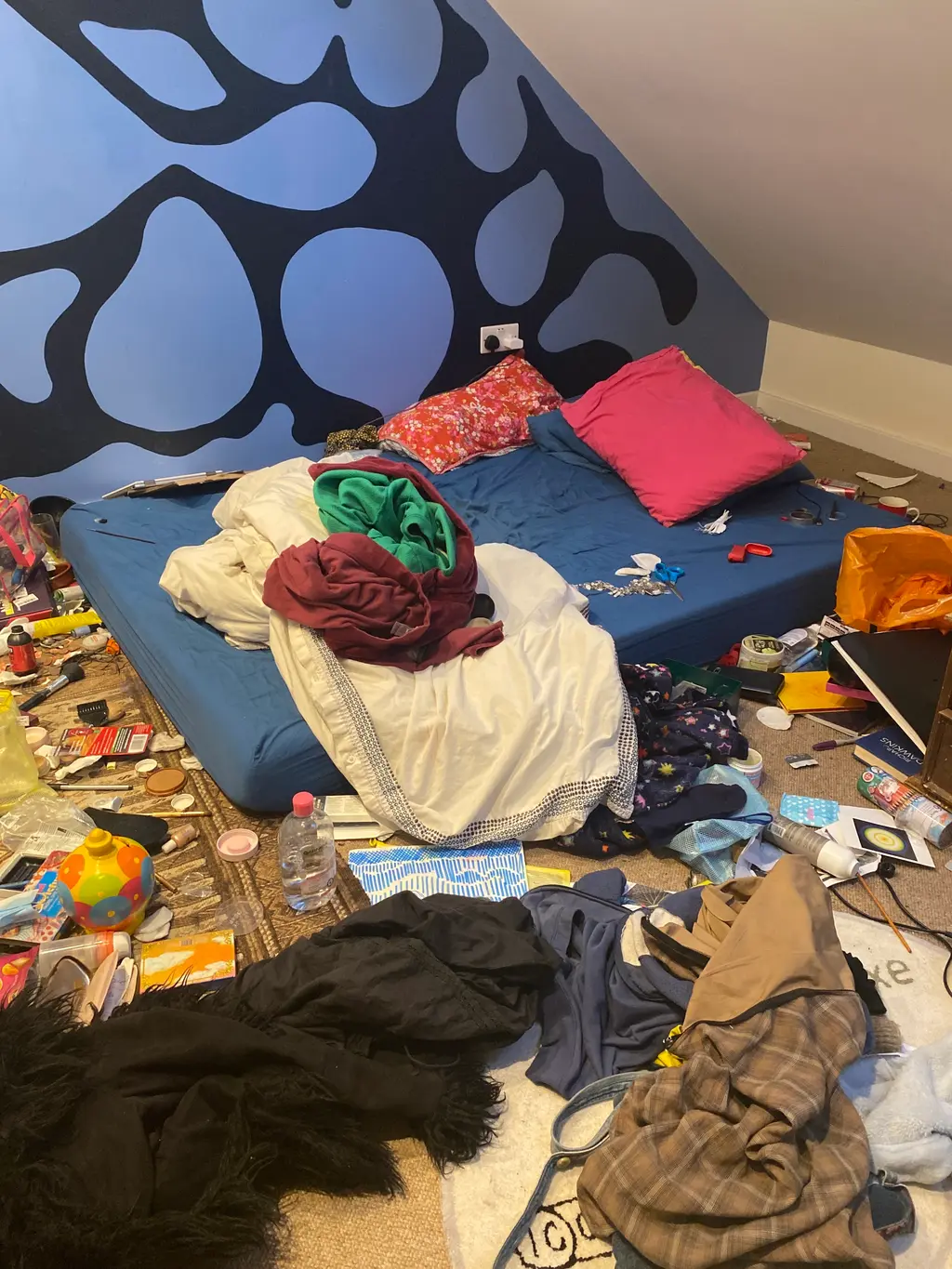
Image submitted by Mia, 18
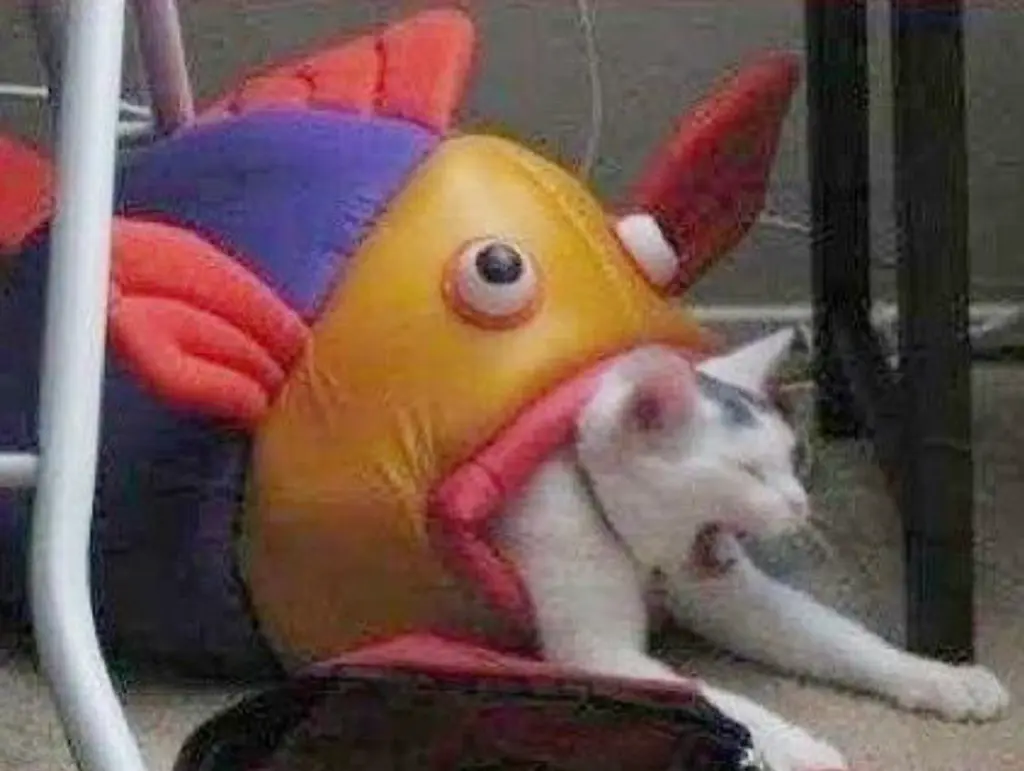
Image submitted by Greg, 21
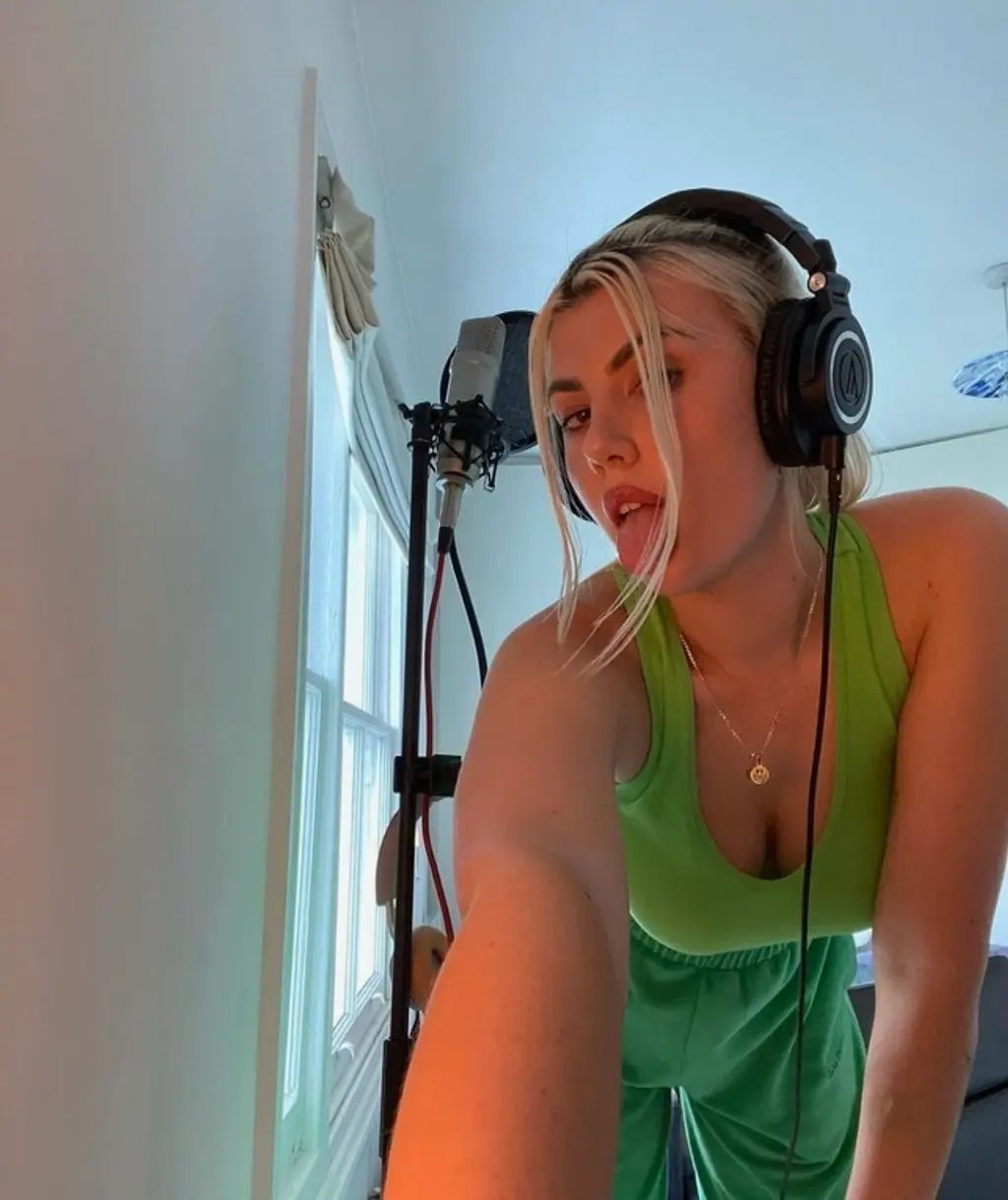
Image submitted by Sølv, 23
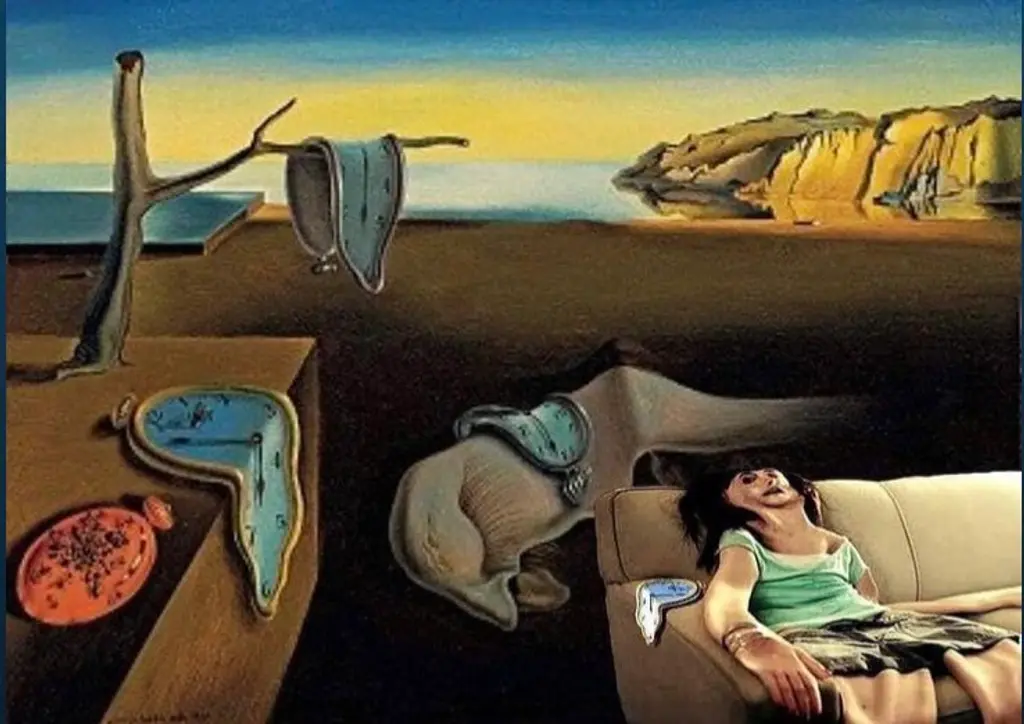
Image submitted by Lola, 21
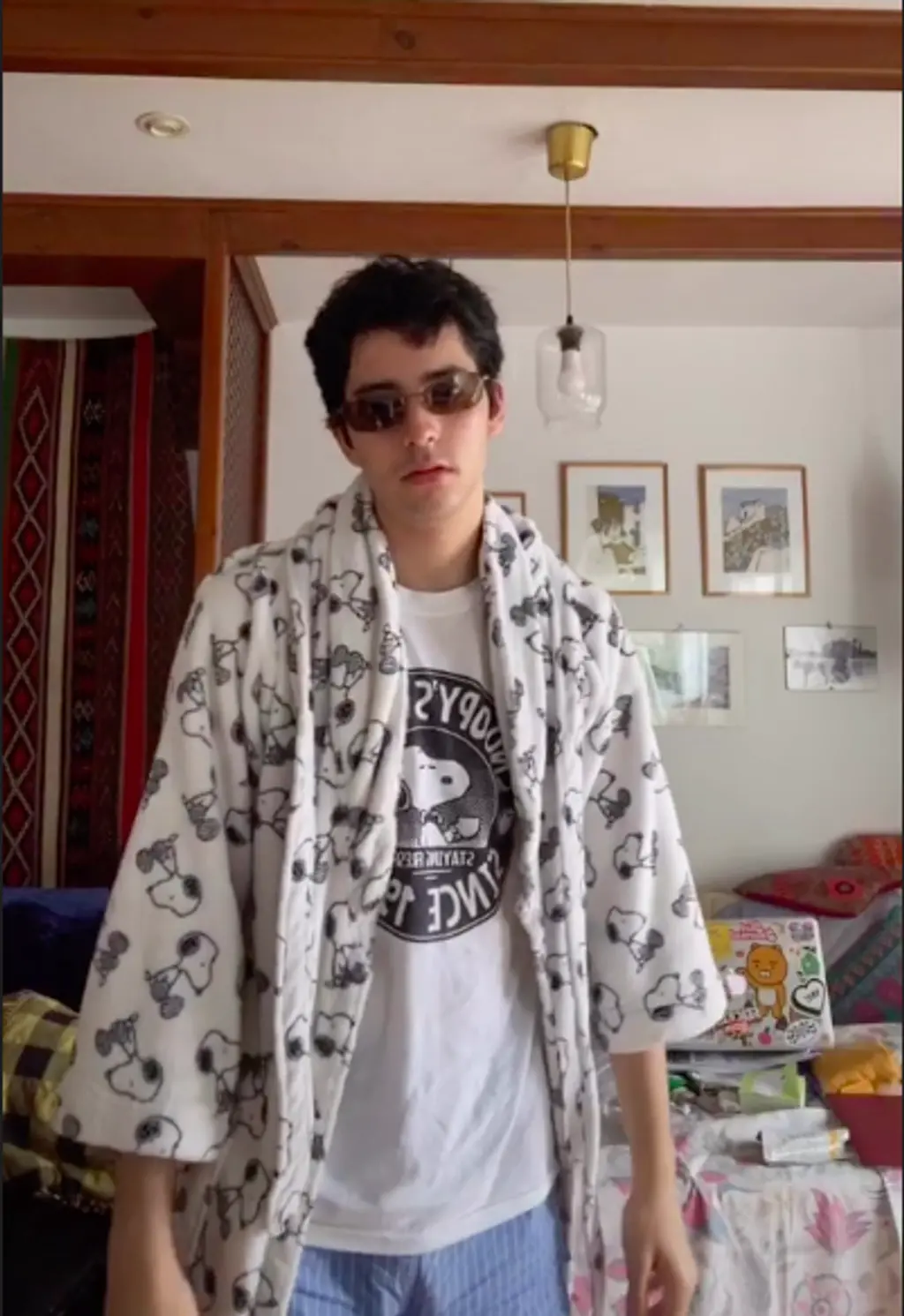
Image submitted by Guillermo, 22
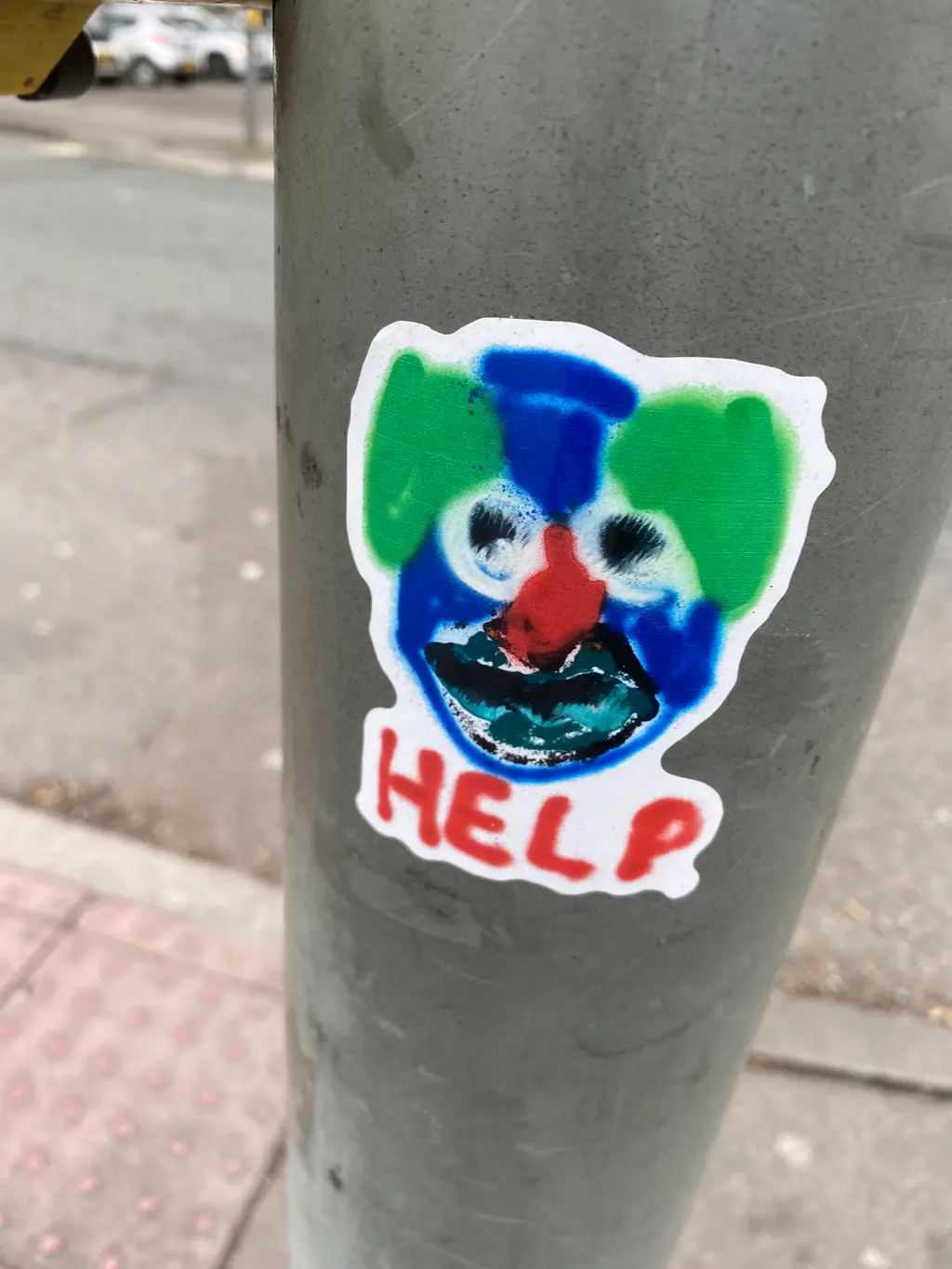
Image submitted by Hazel, 22

Image submitted by Mohamad, 21
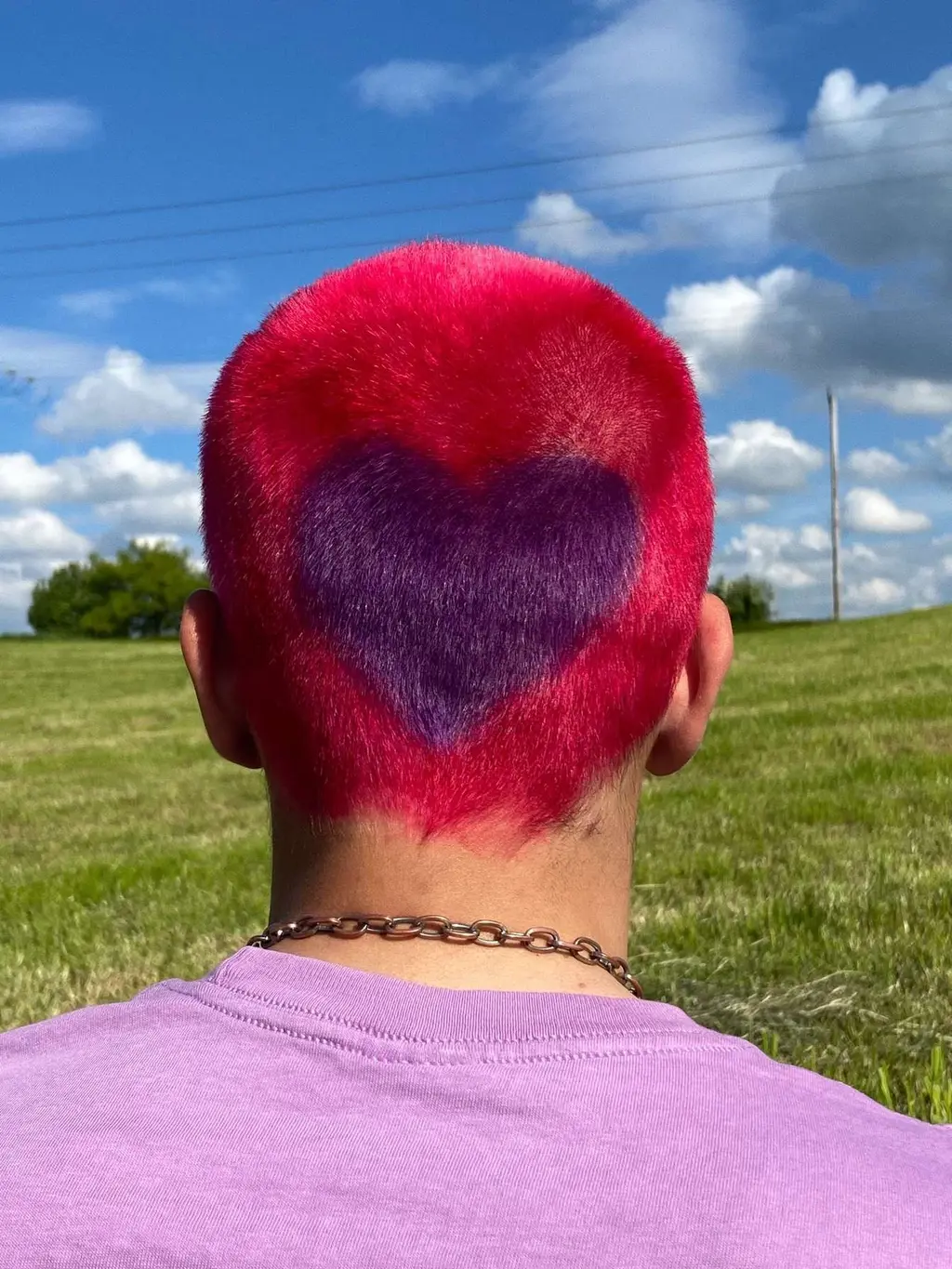
Image submitted by Danny, 20

Image submitted by Aoife, 18
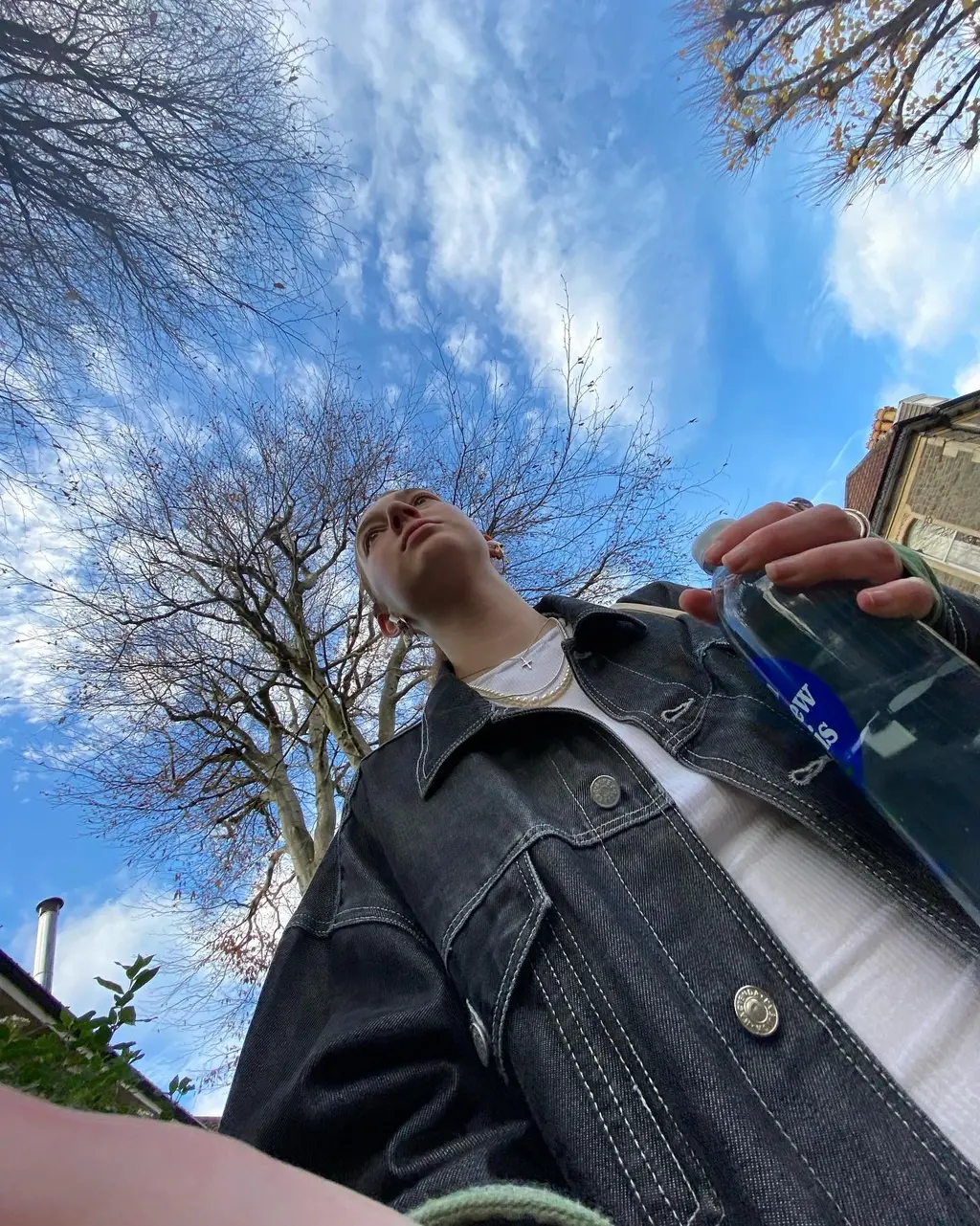
Image submitted by Leona, 19
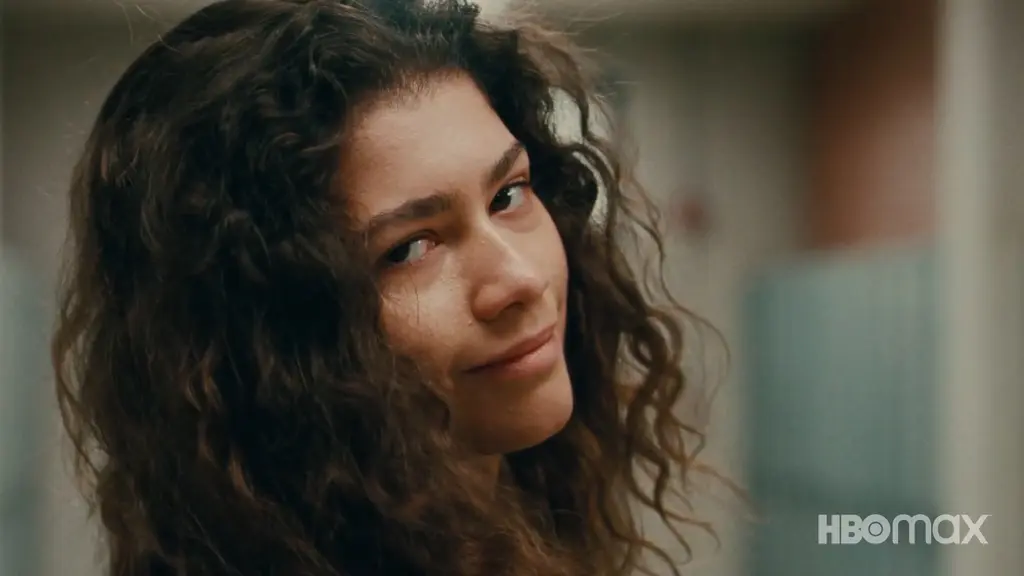
Image submitted by Alissa, 22
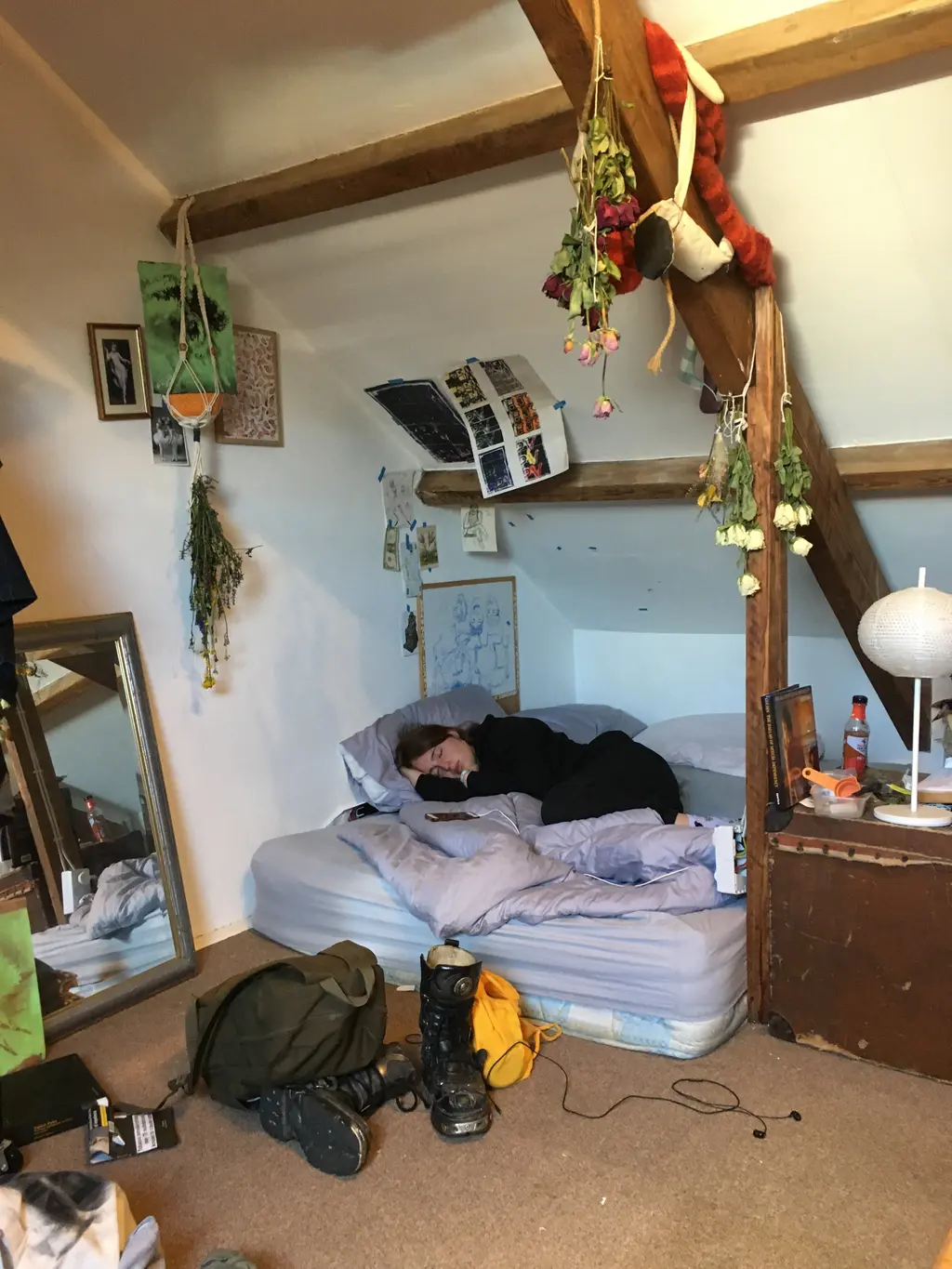
Image submitted by Ellie, 23
















































































